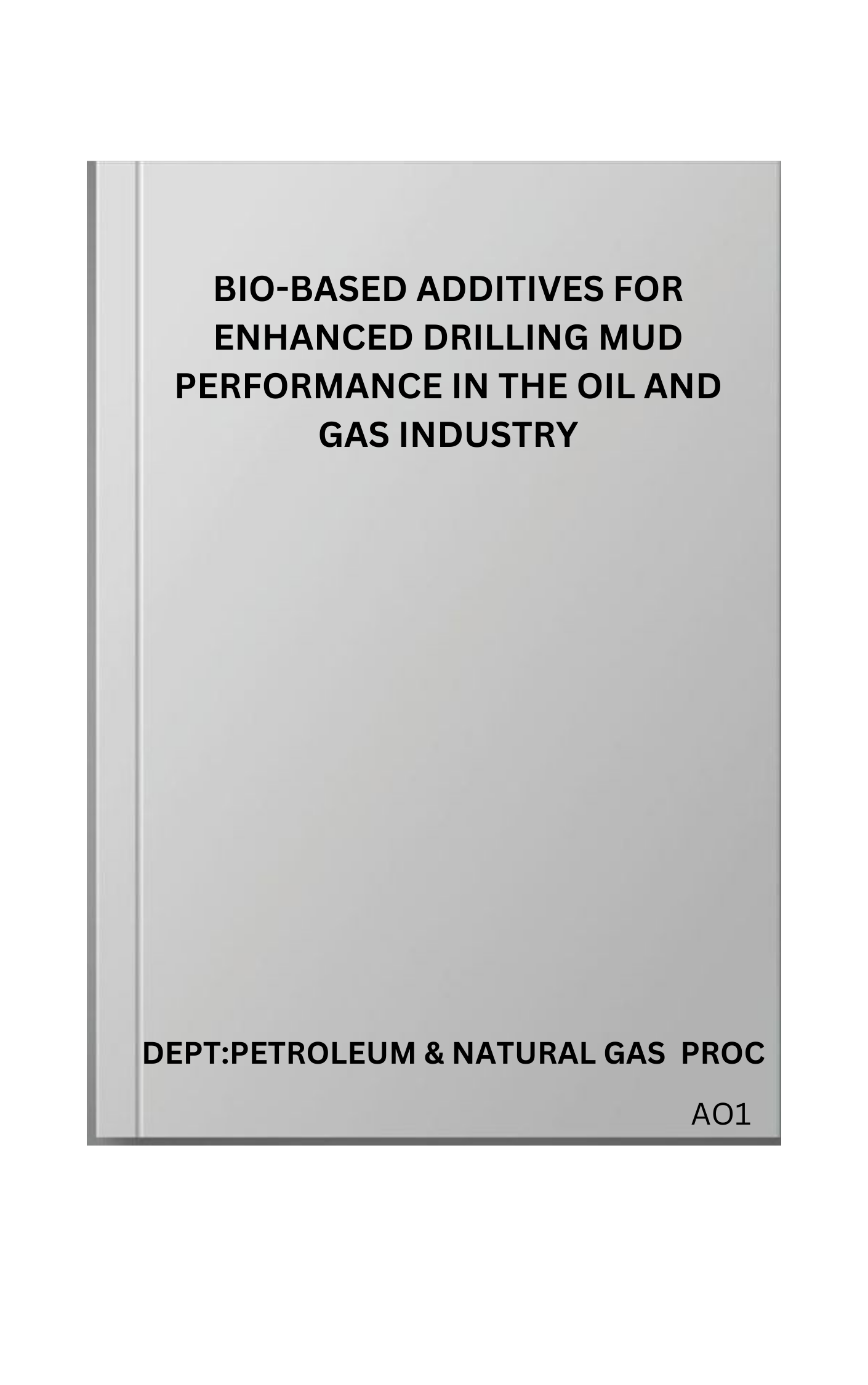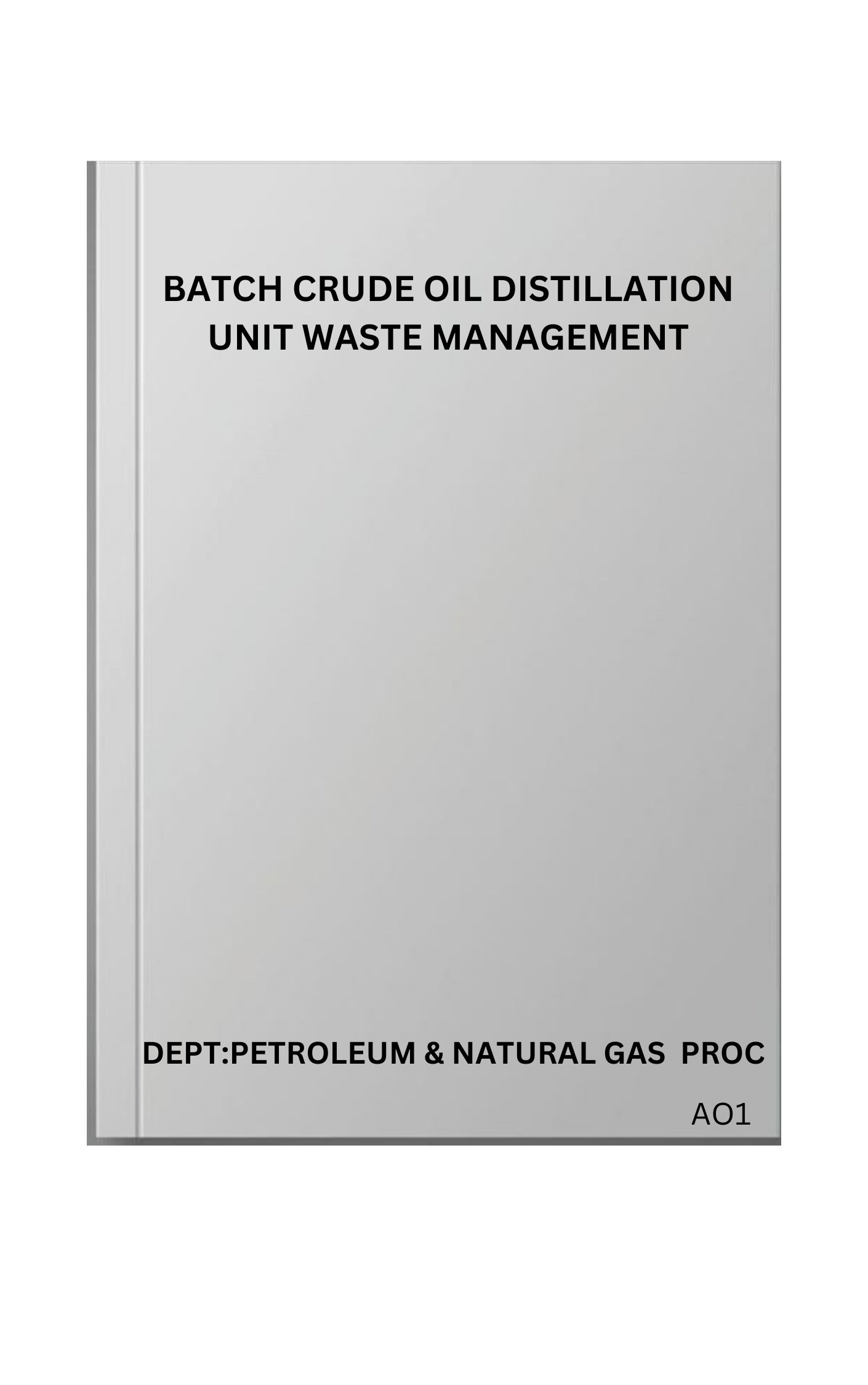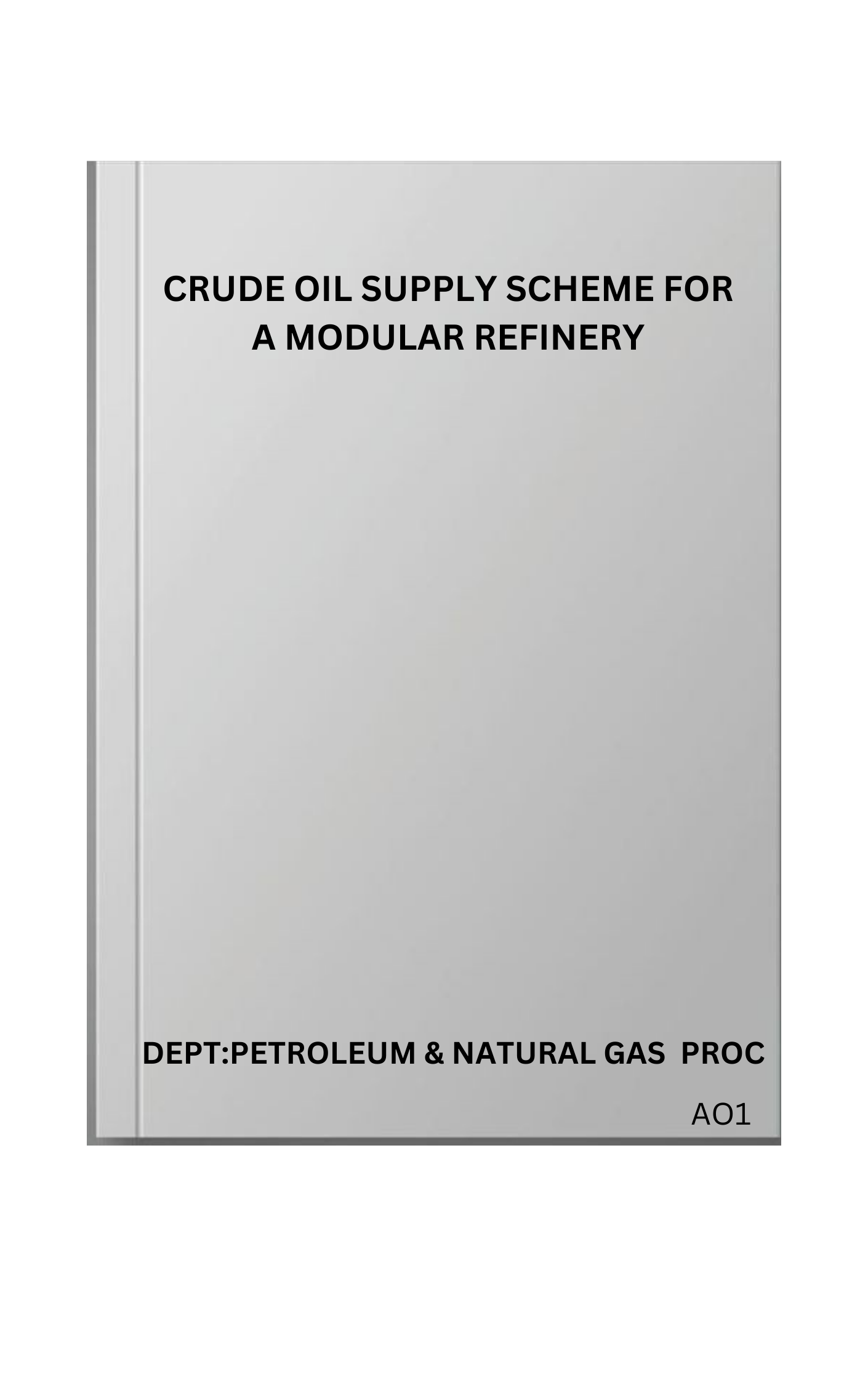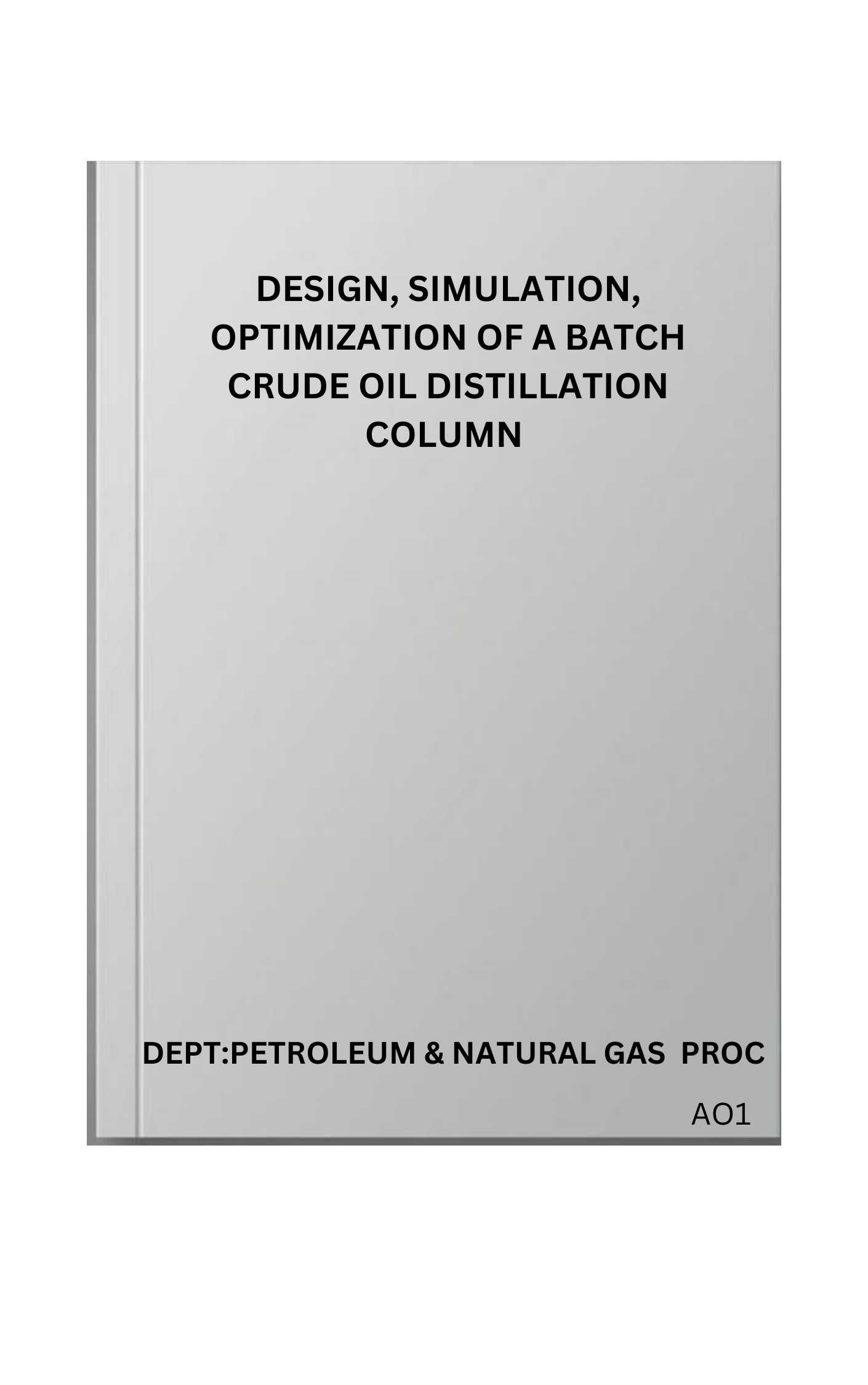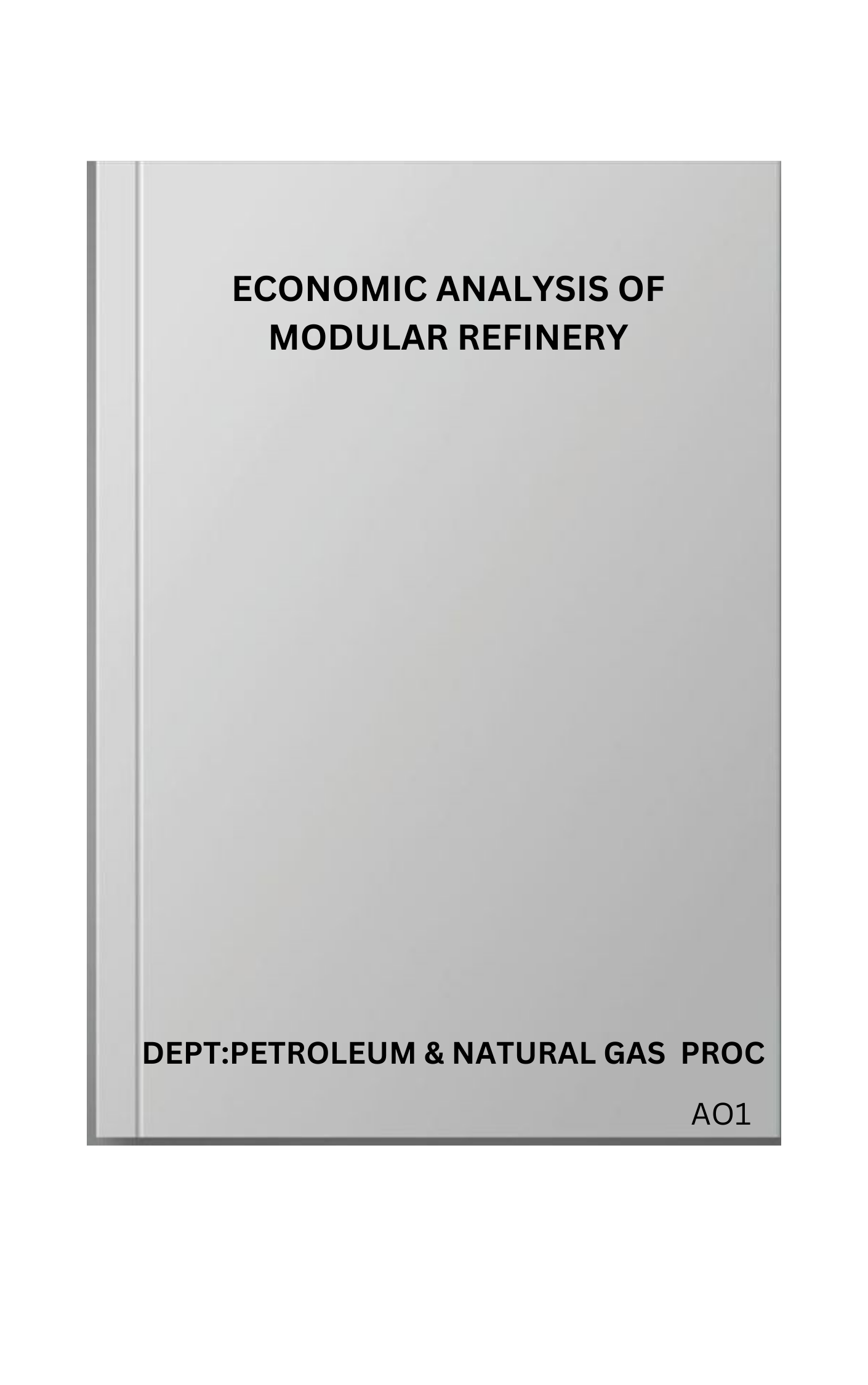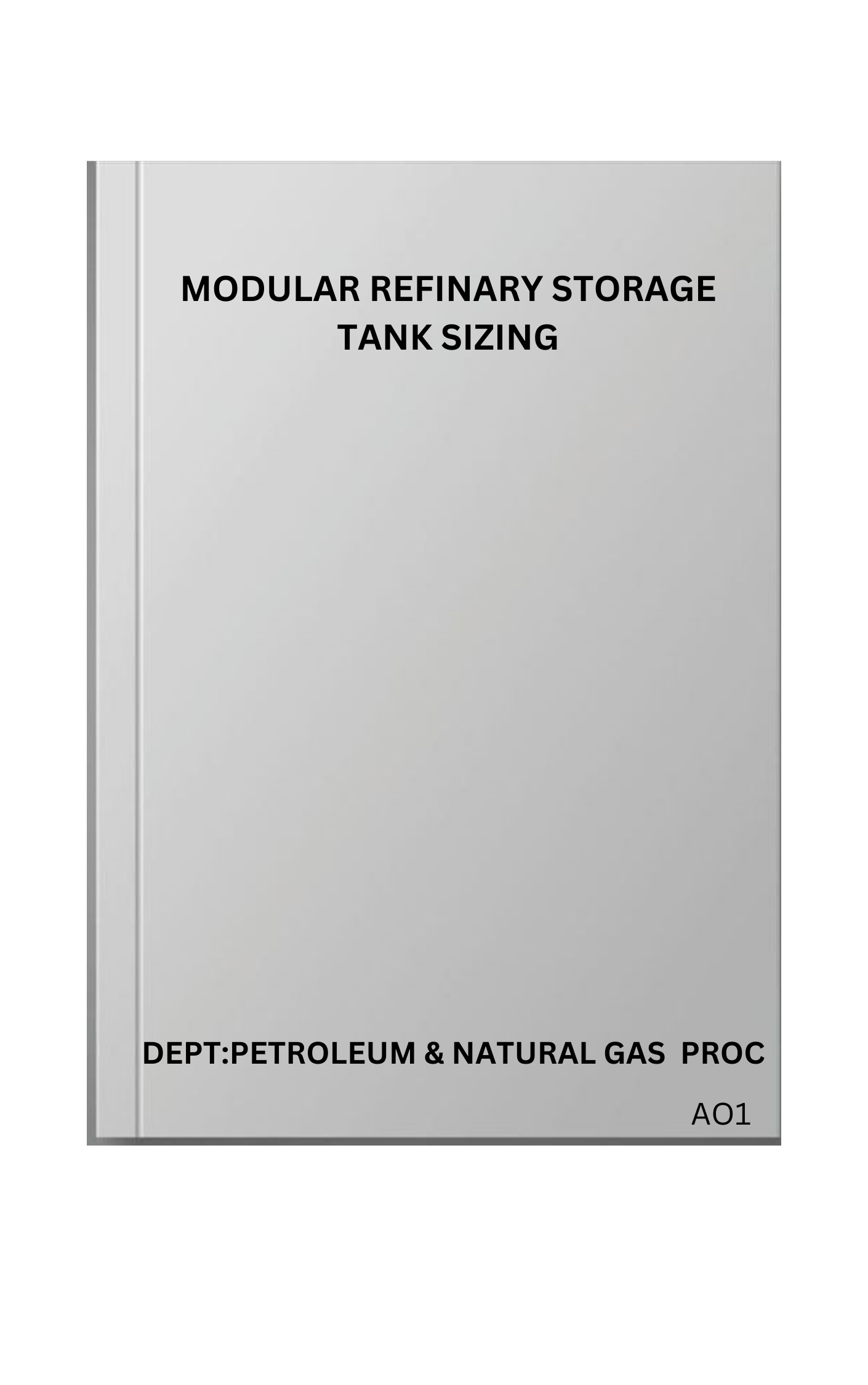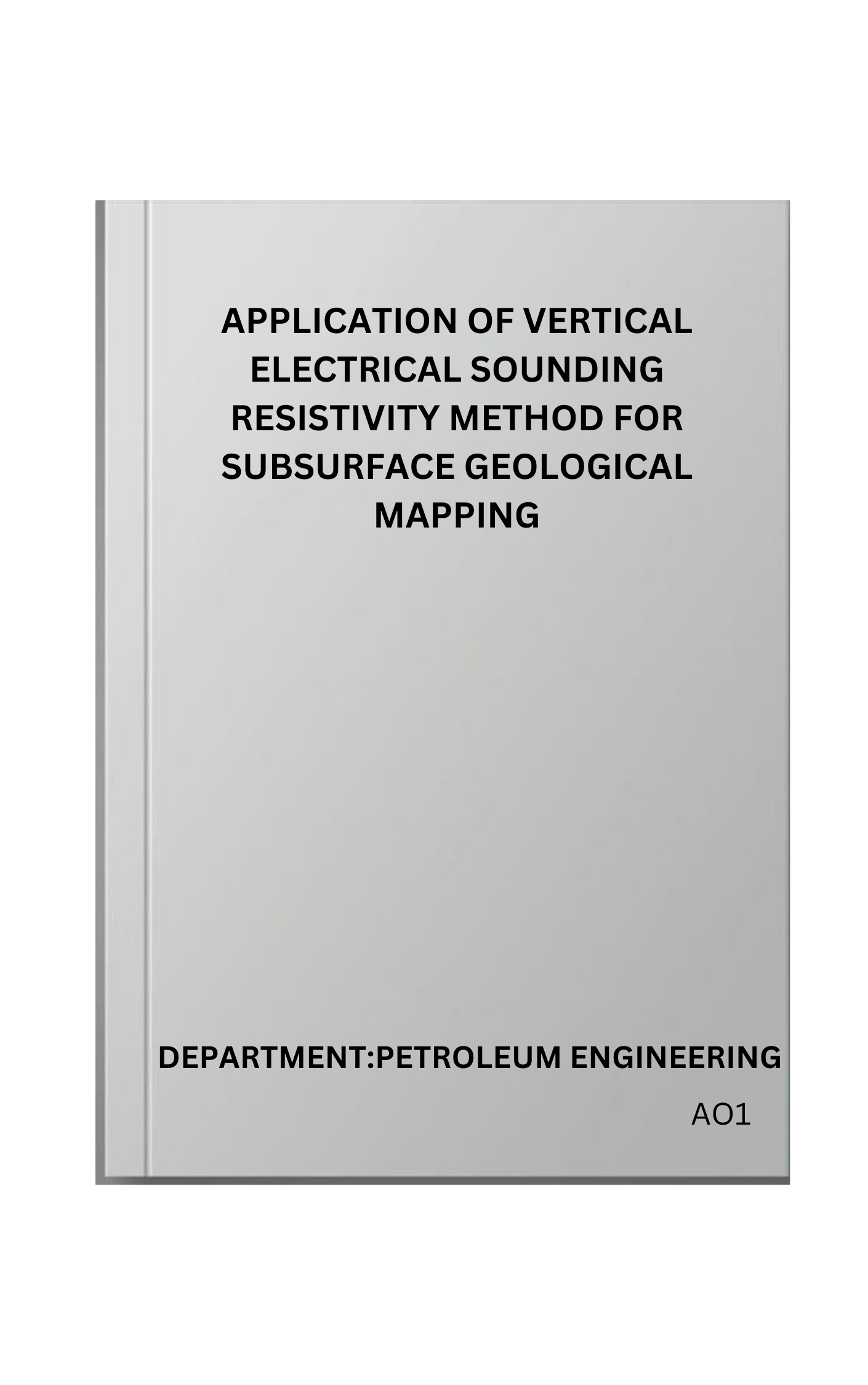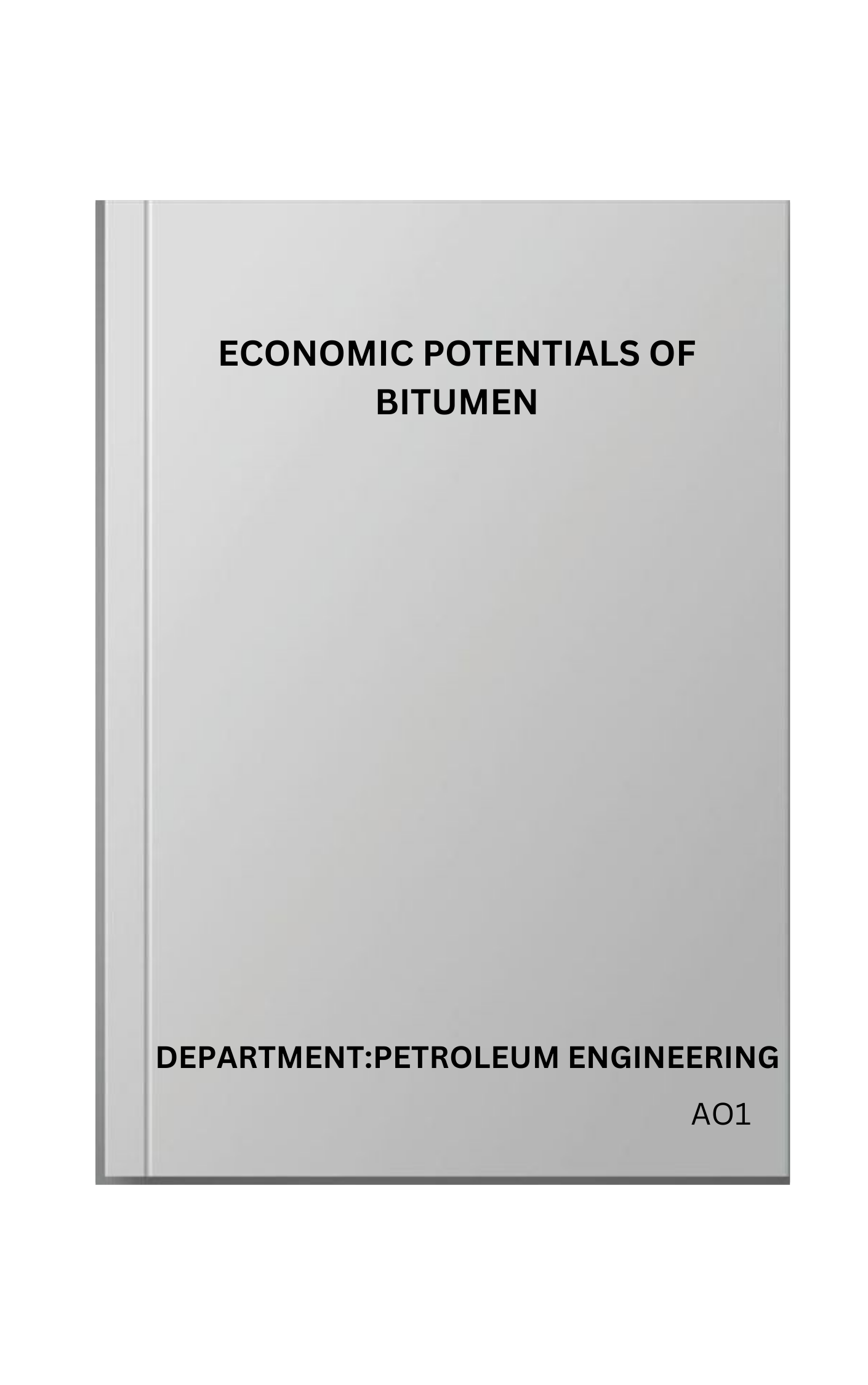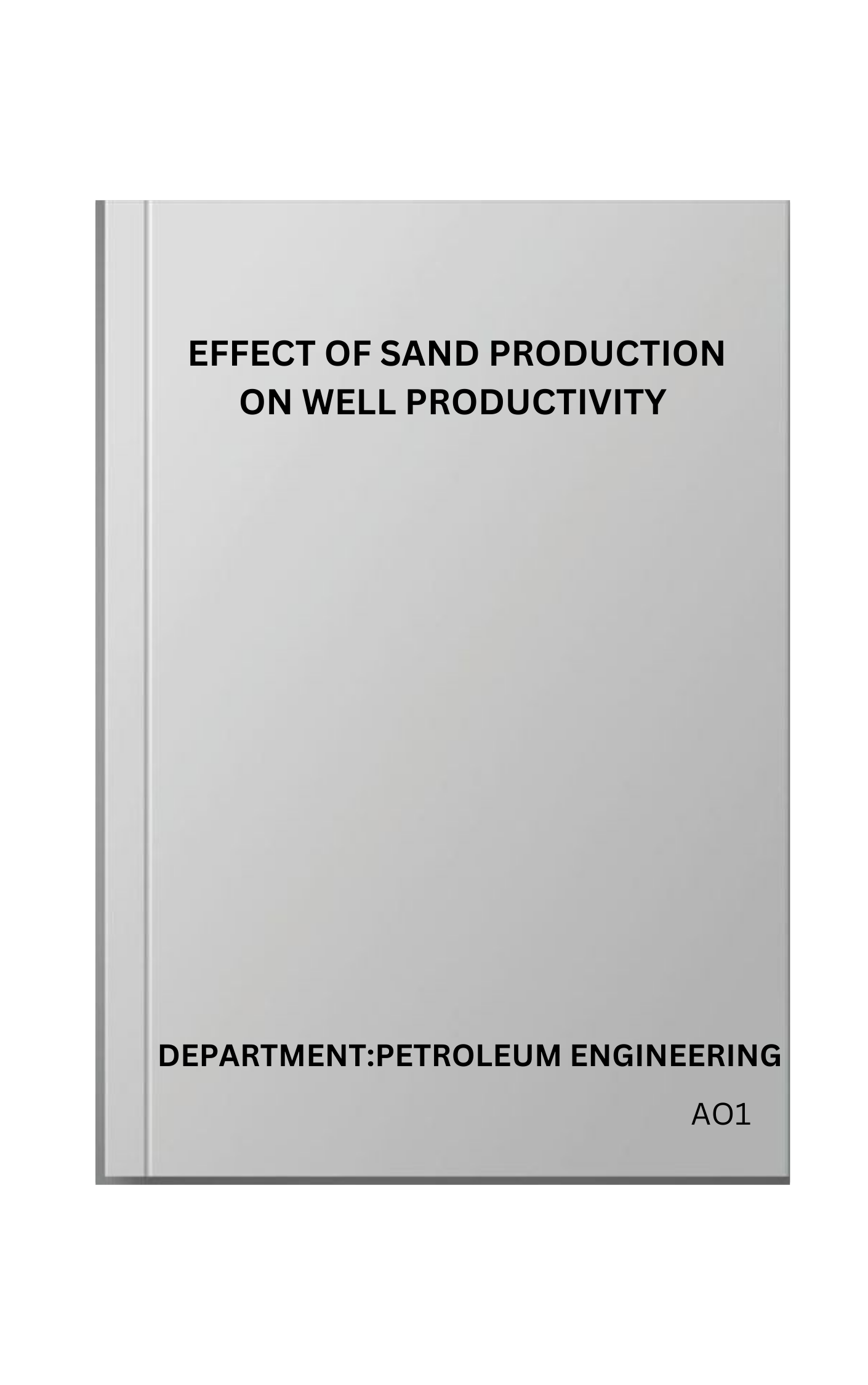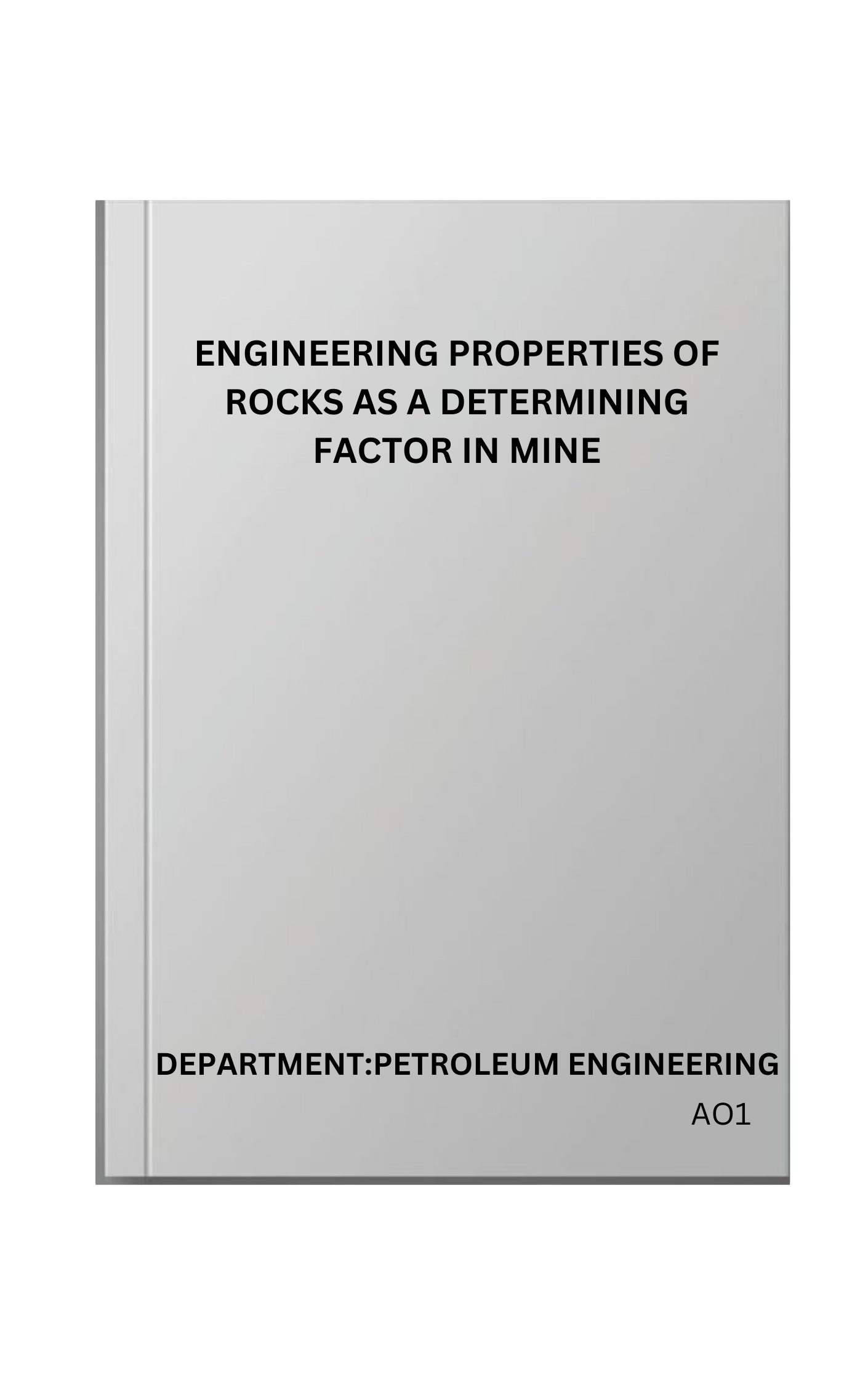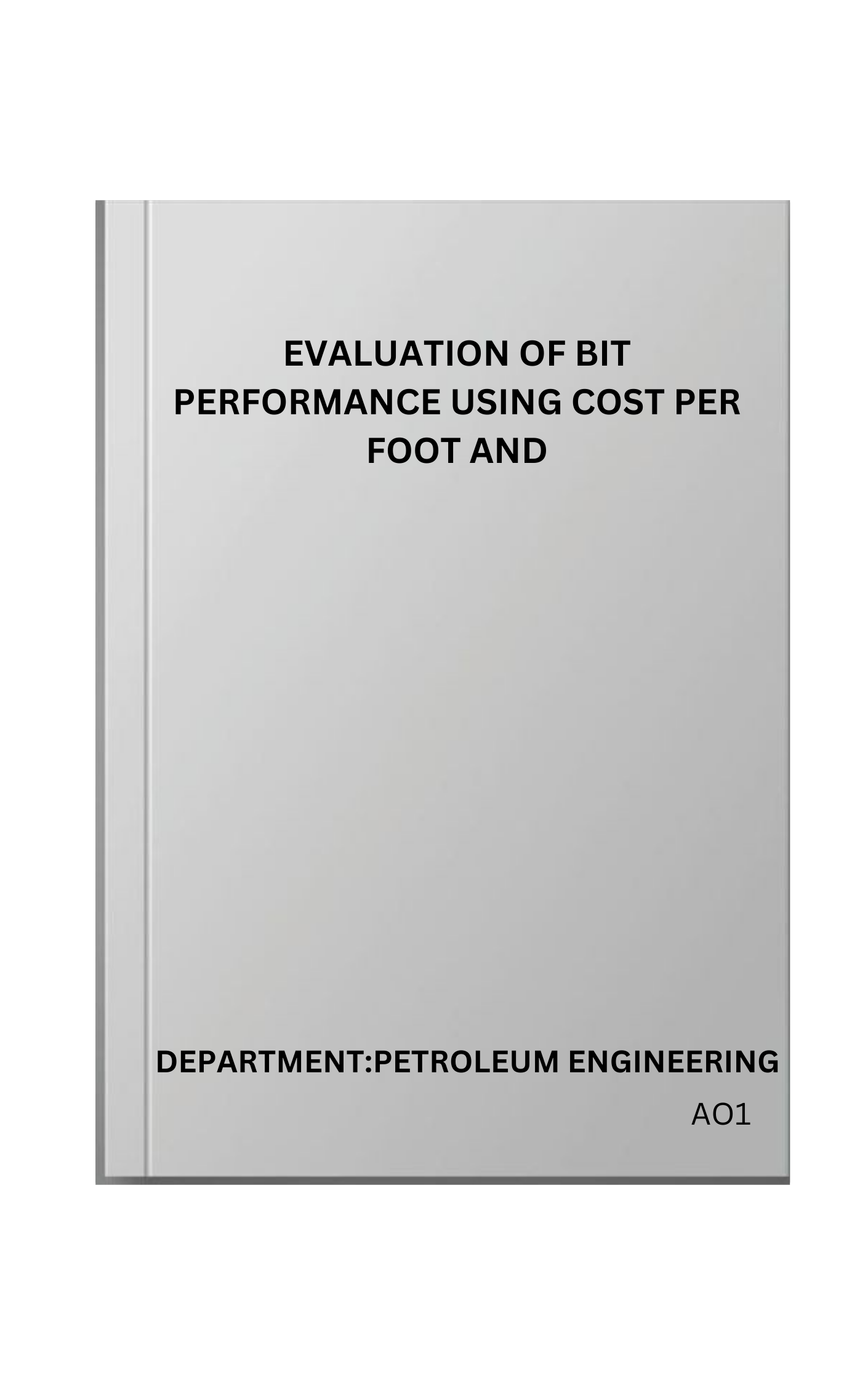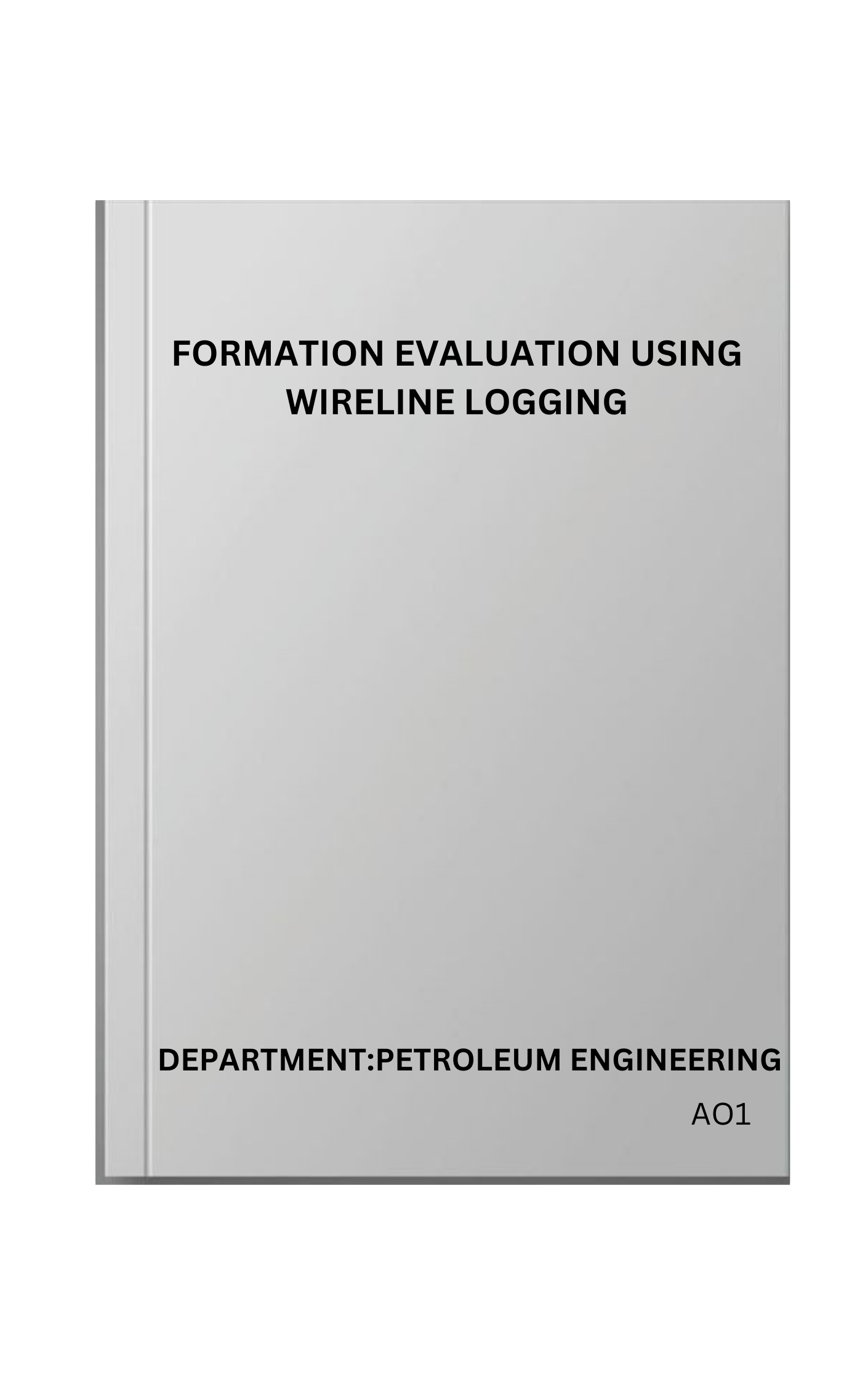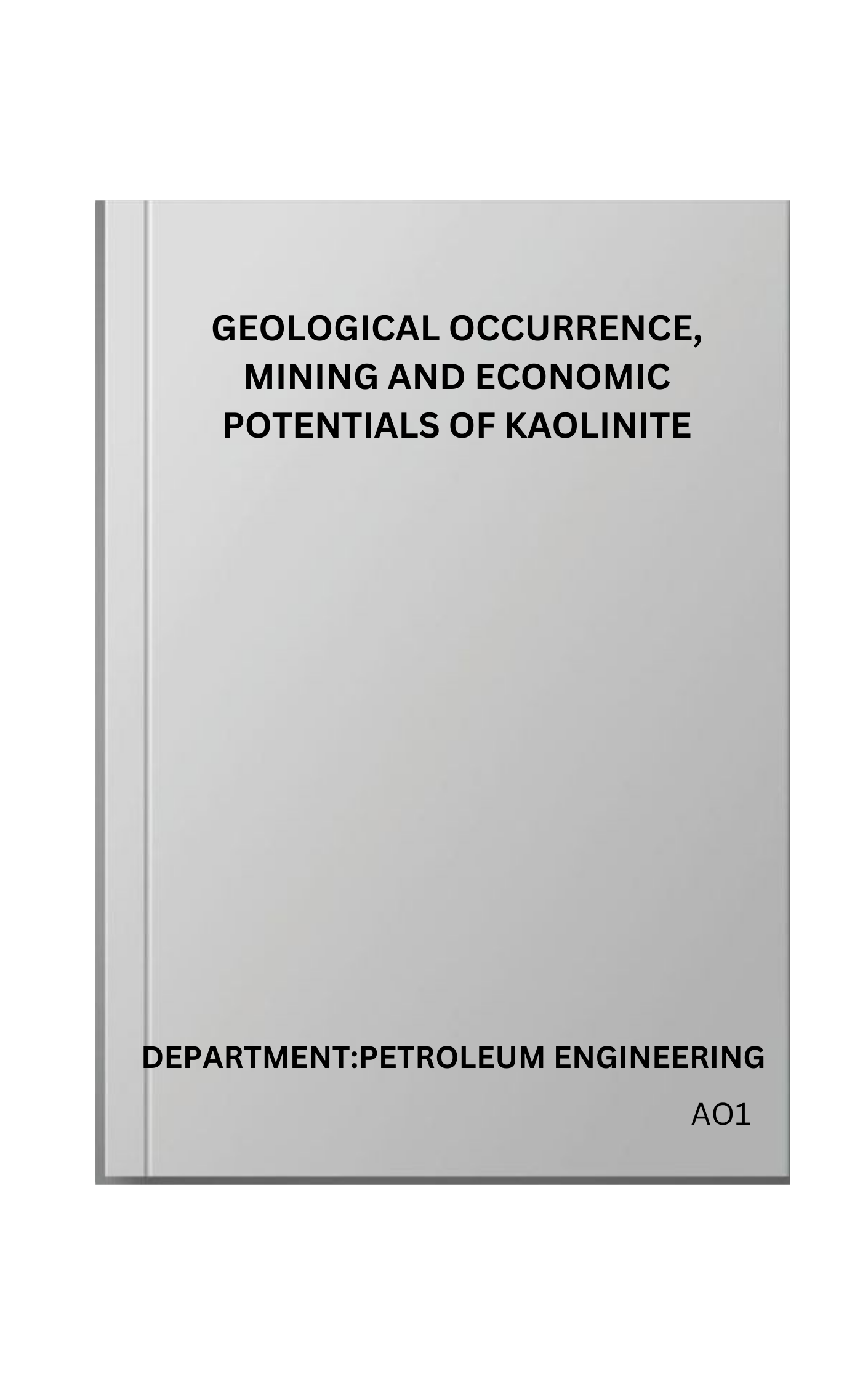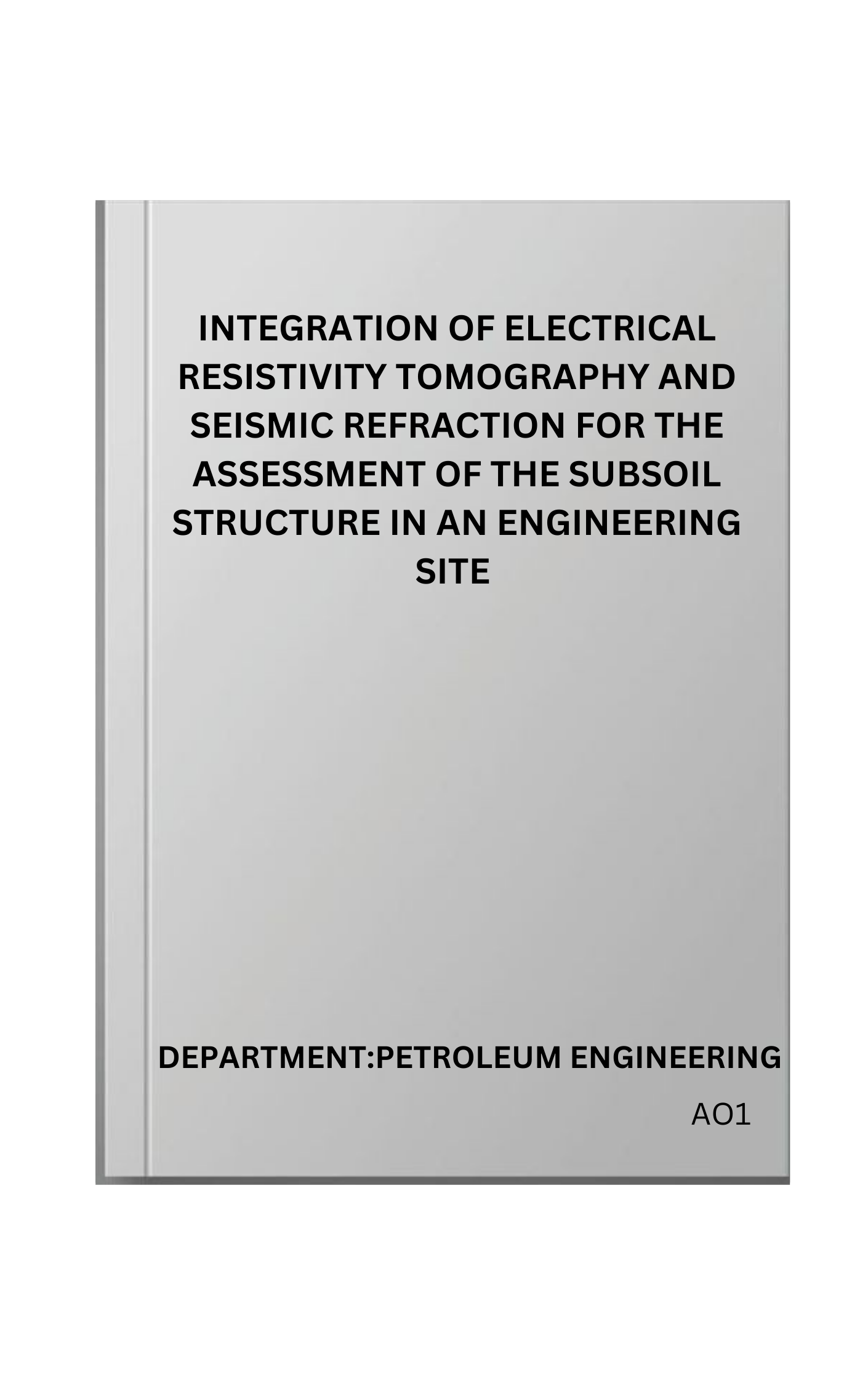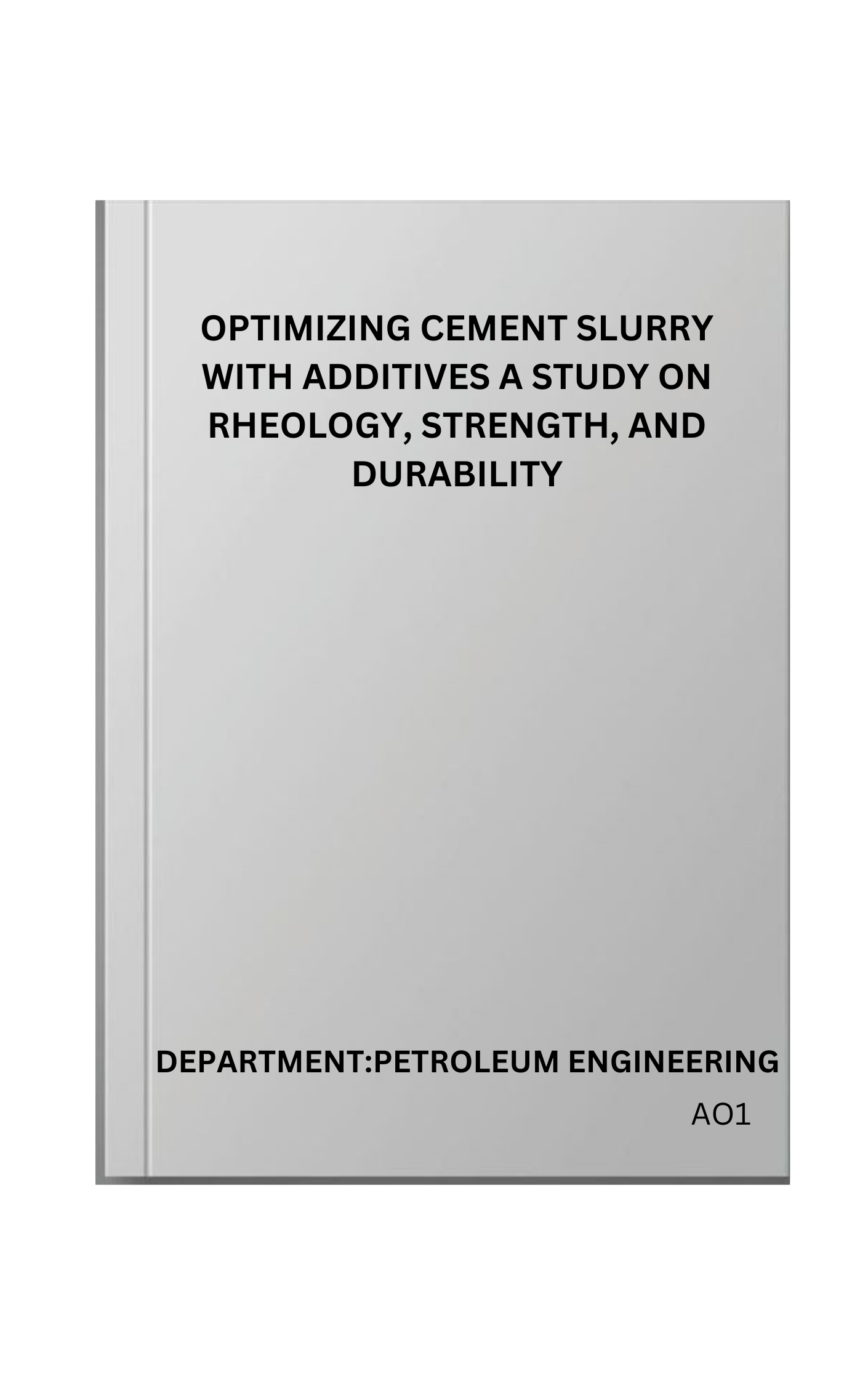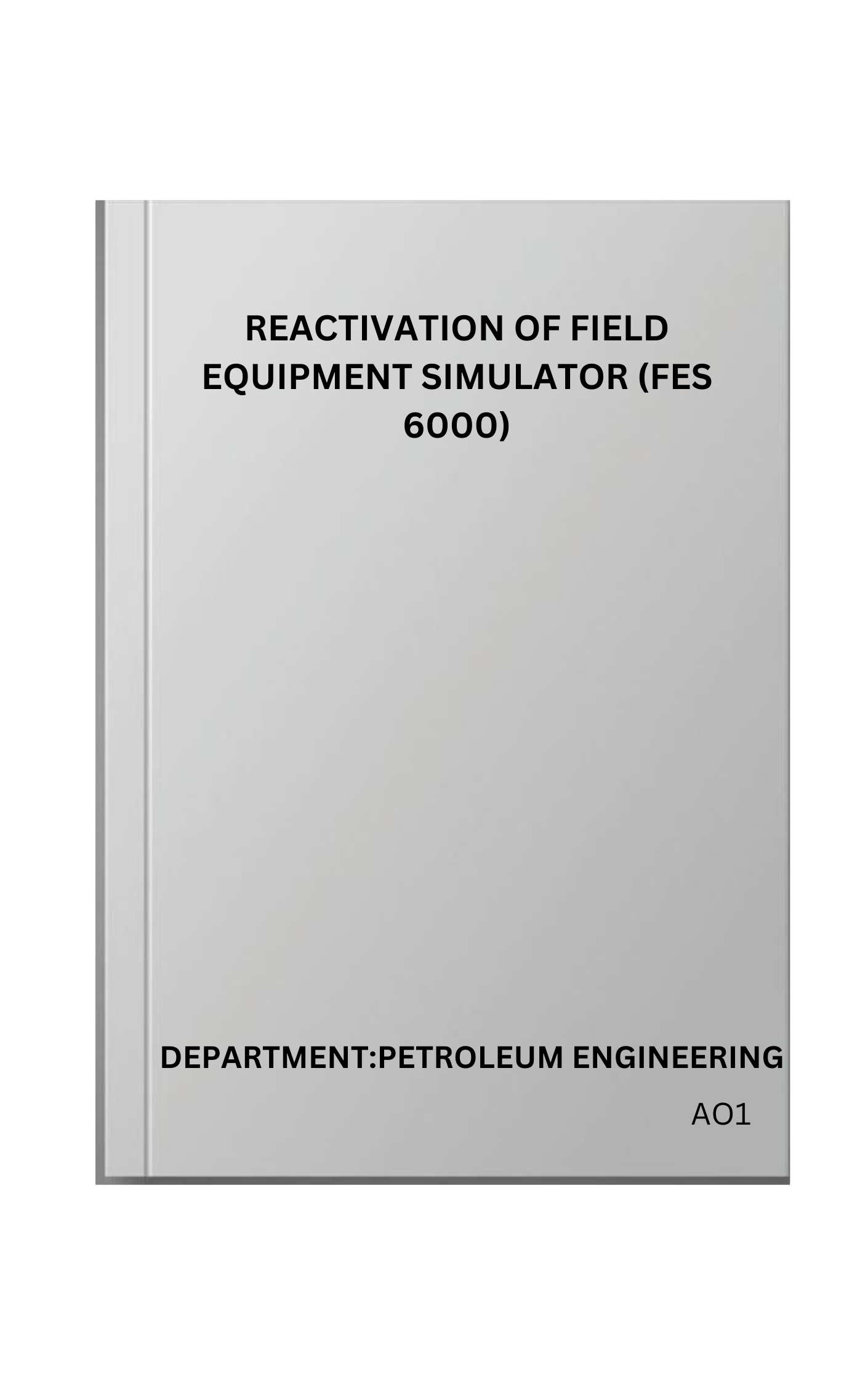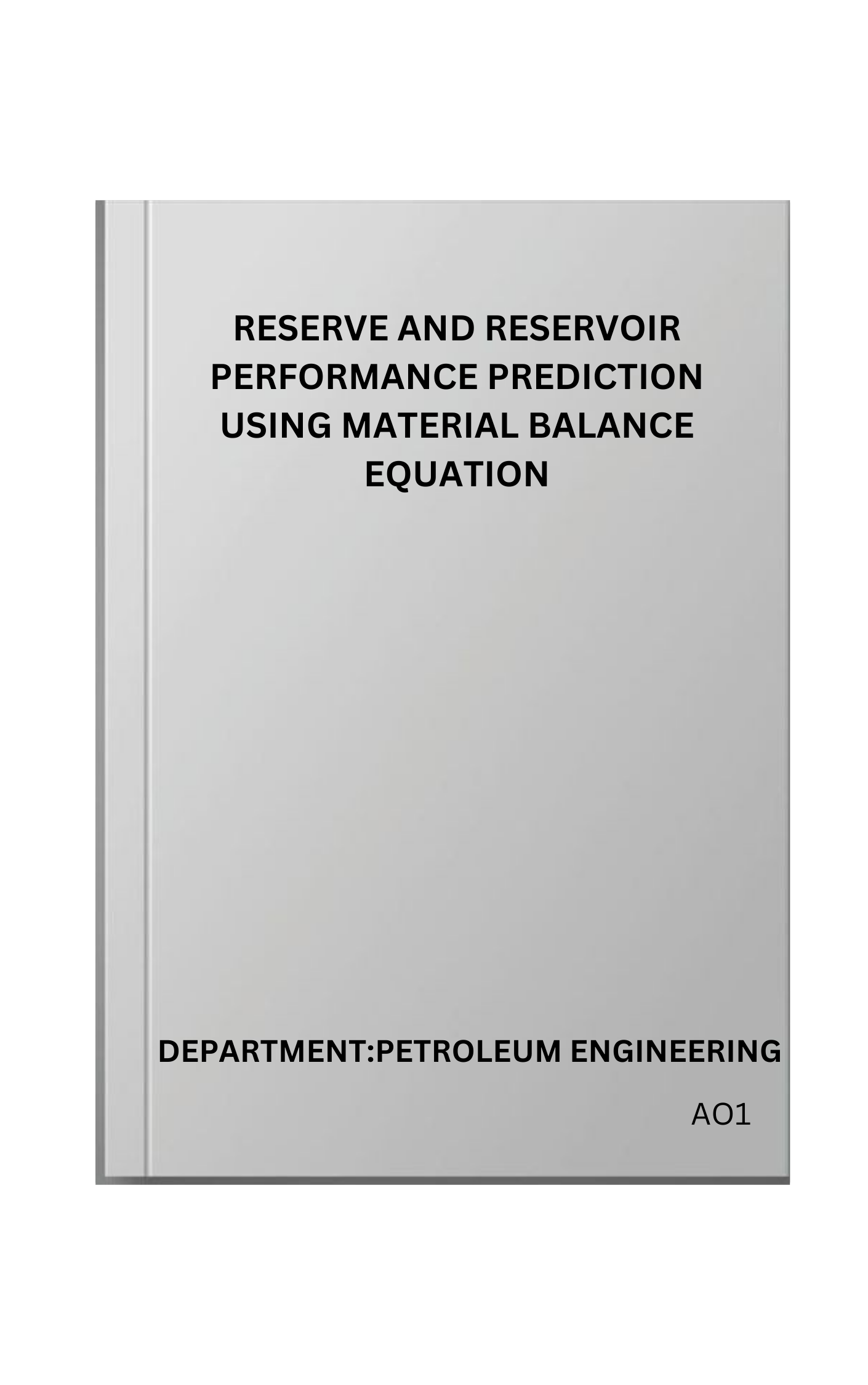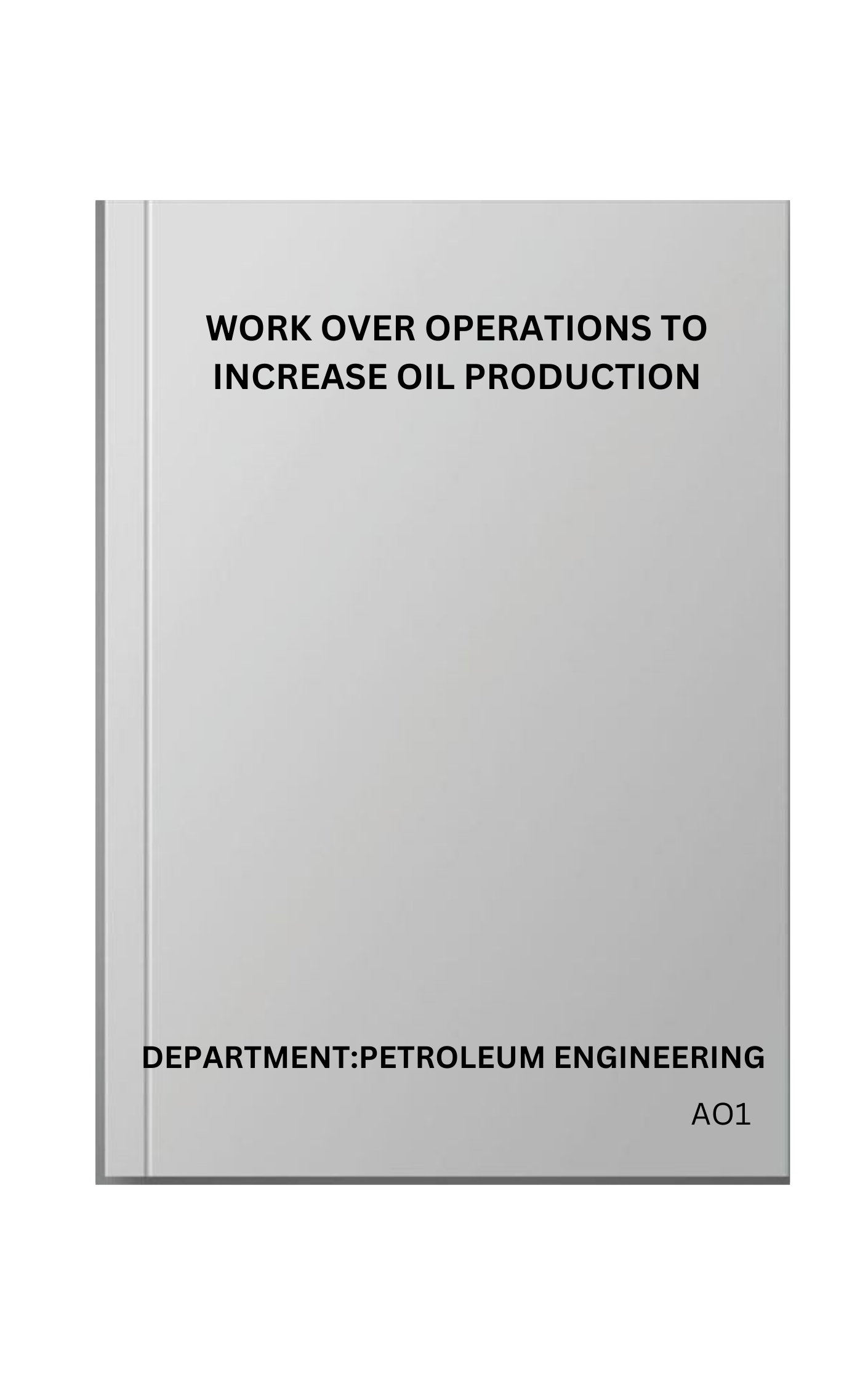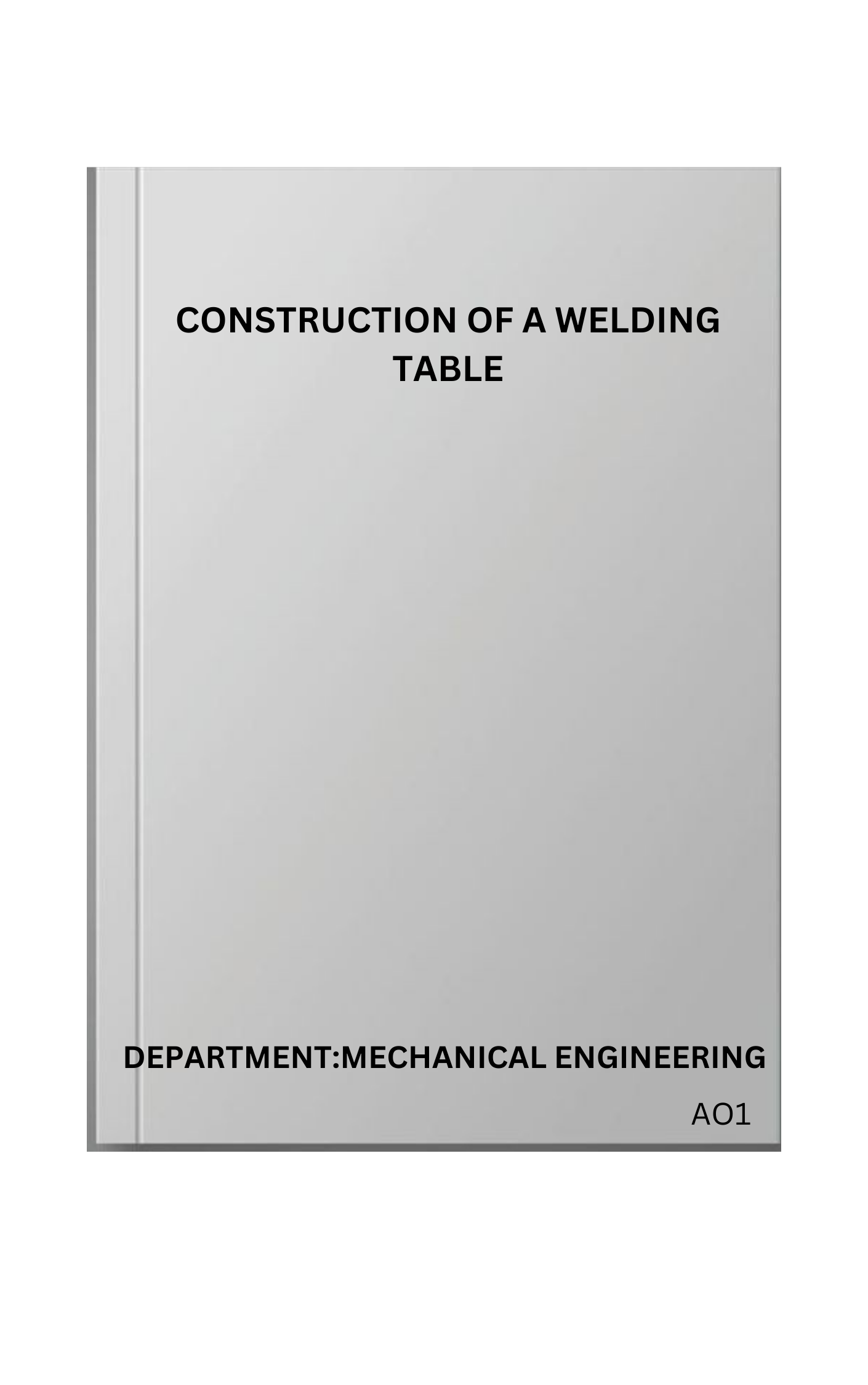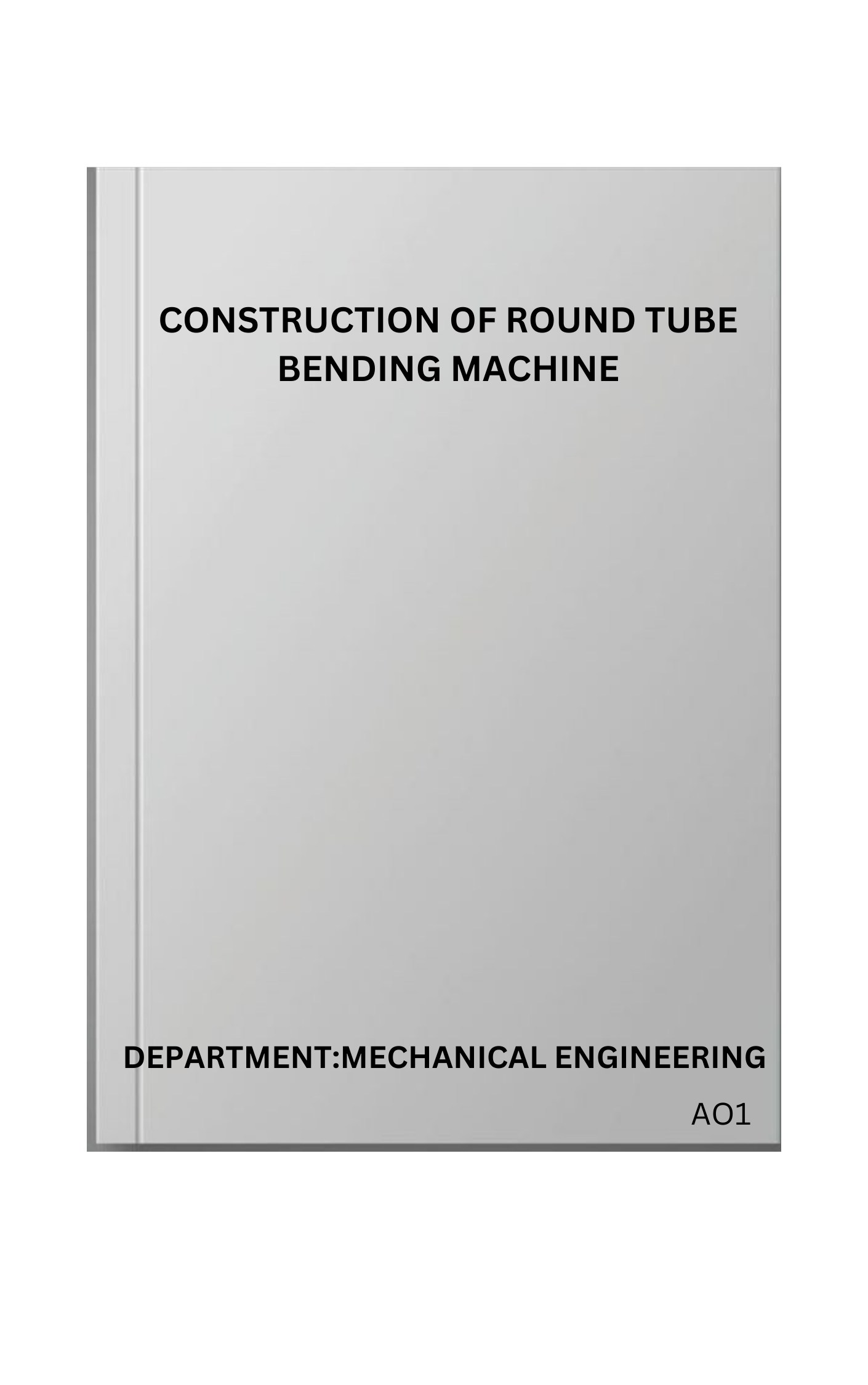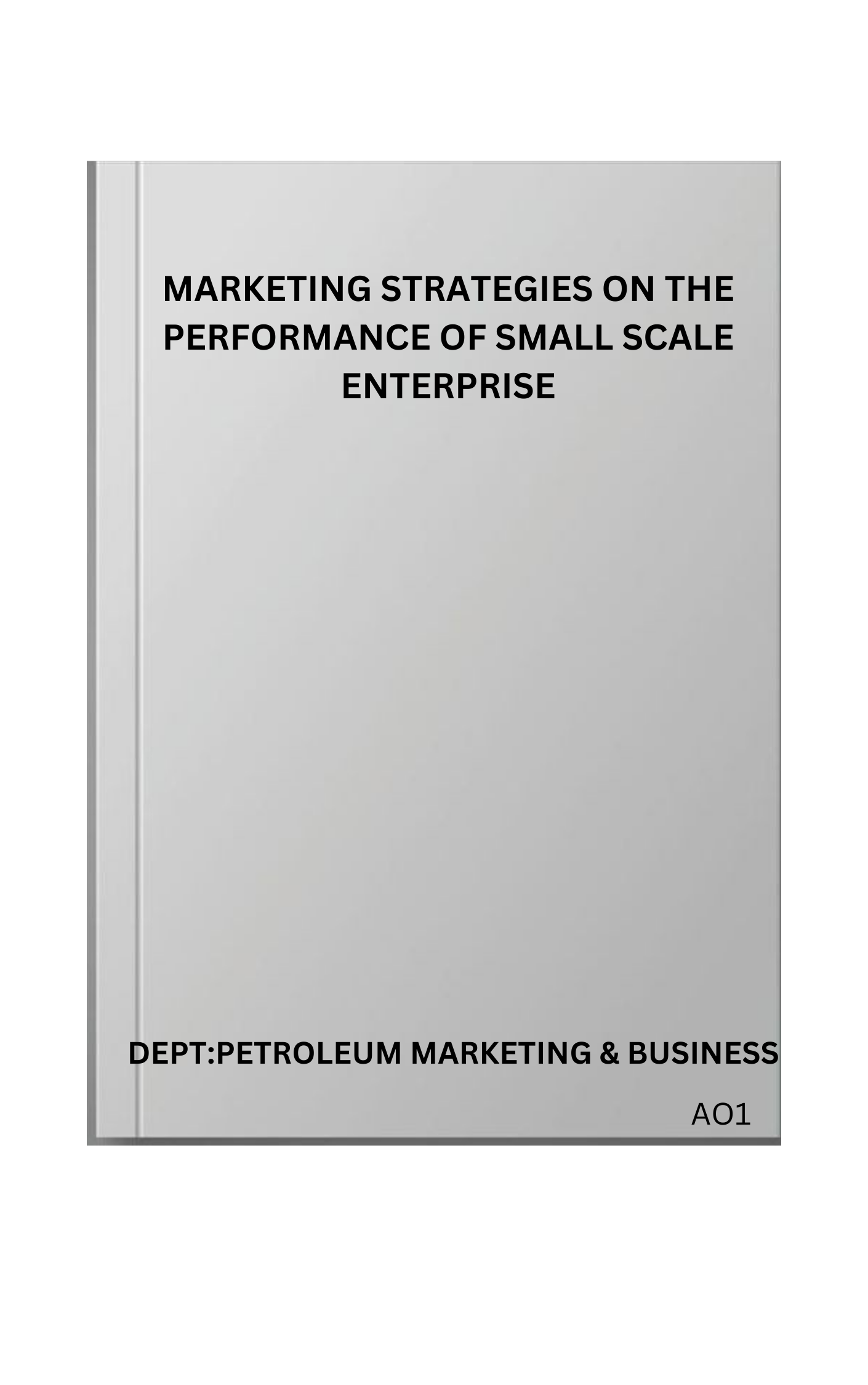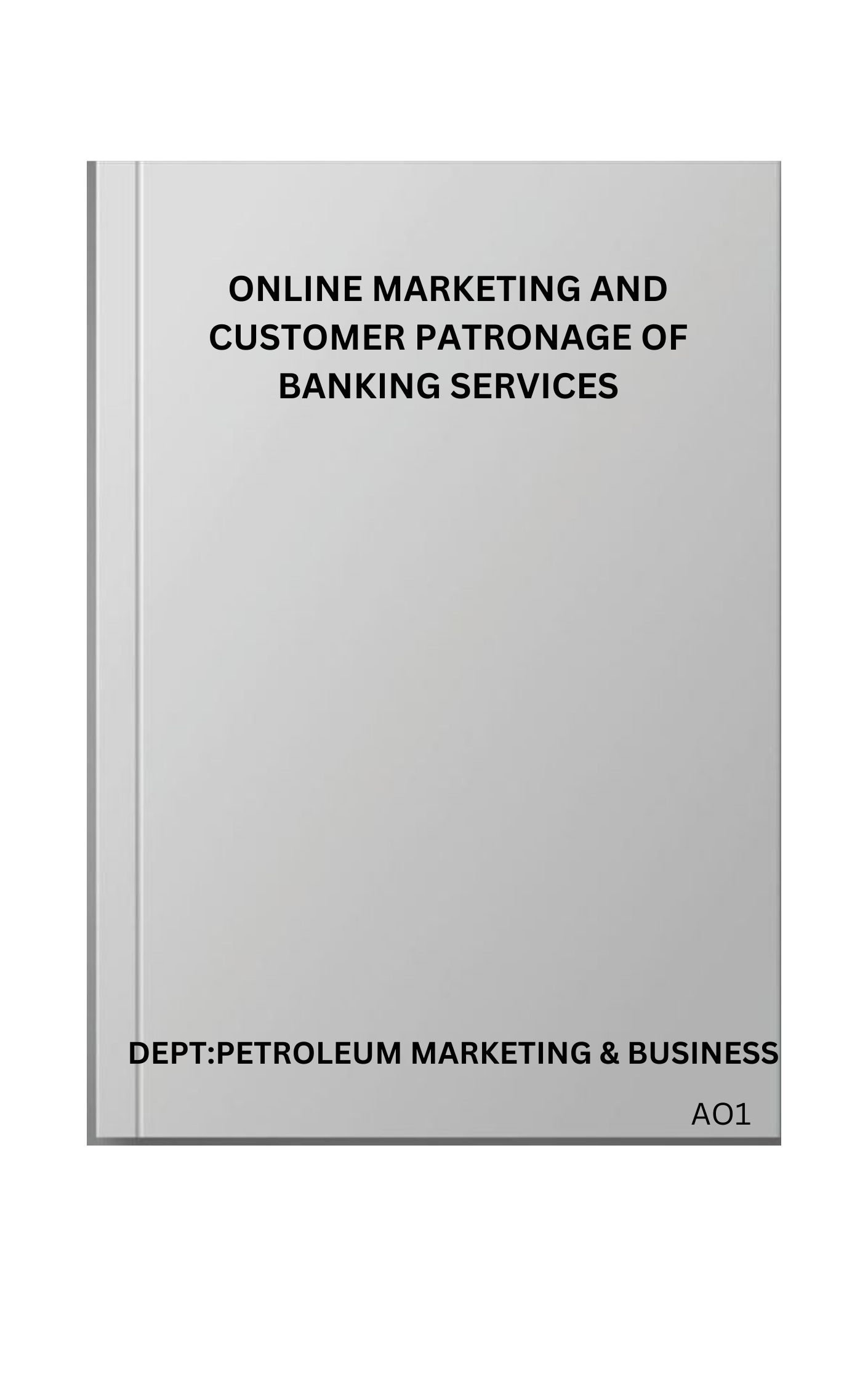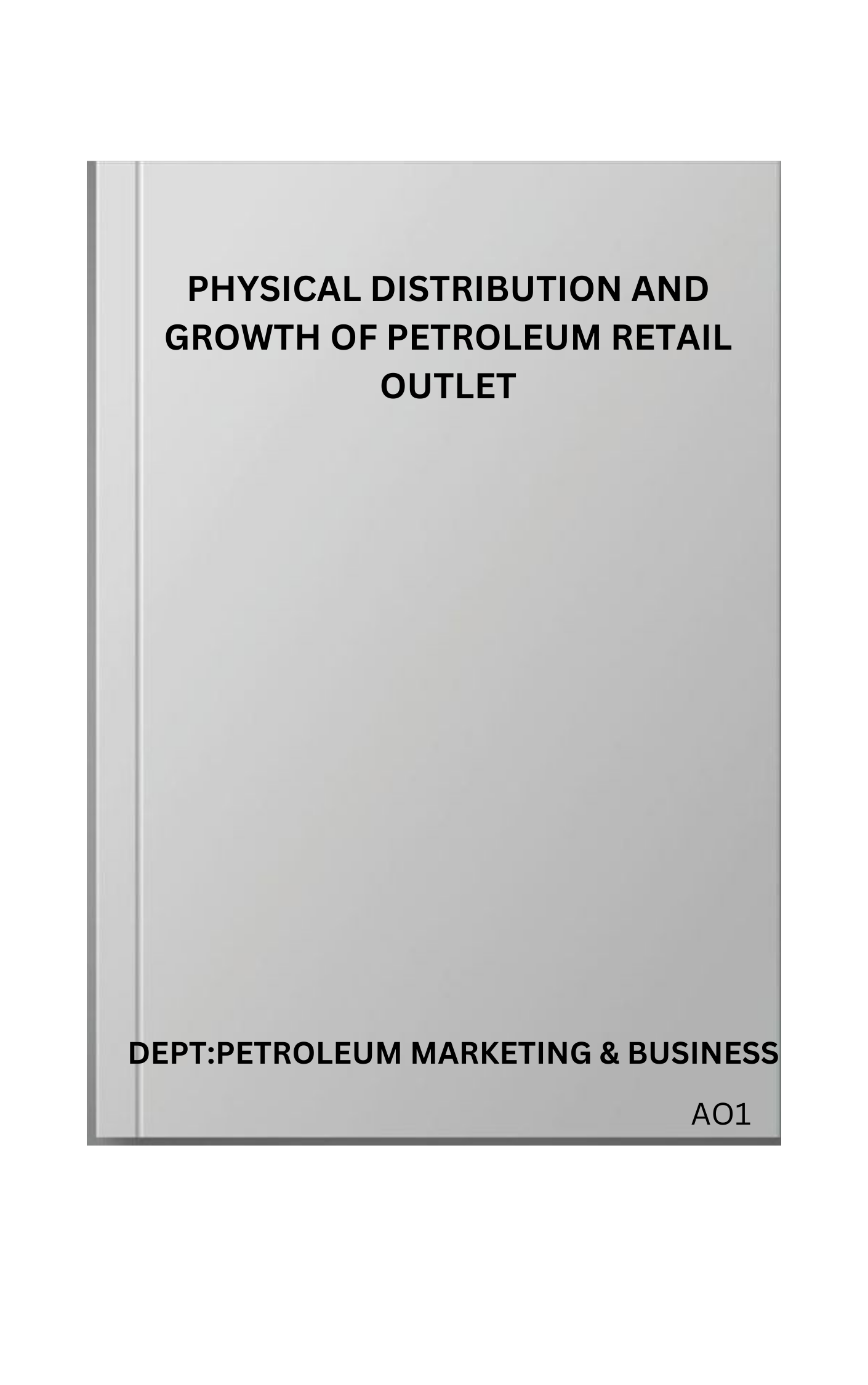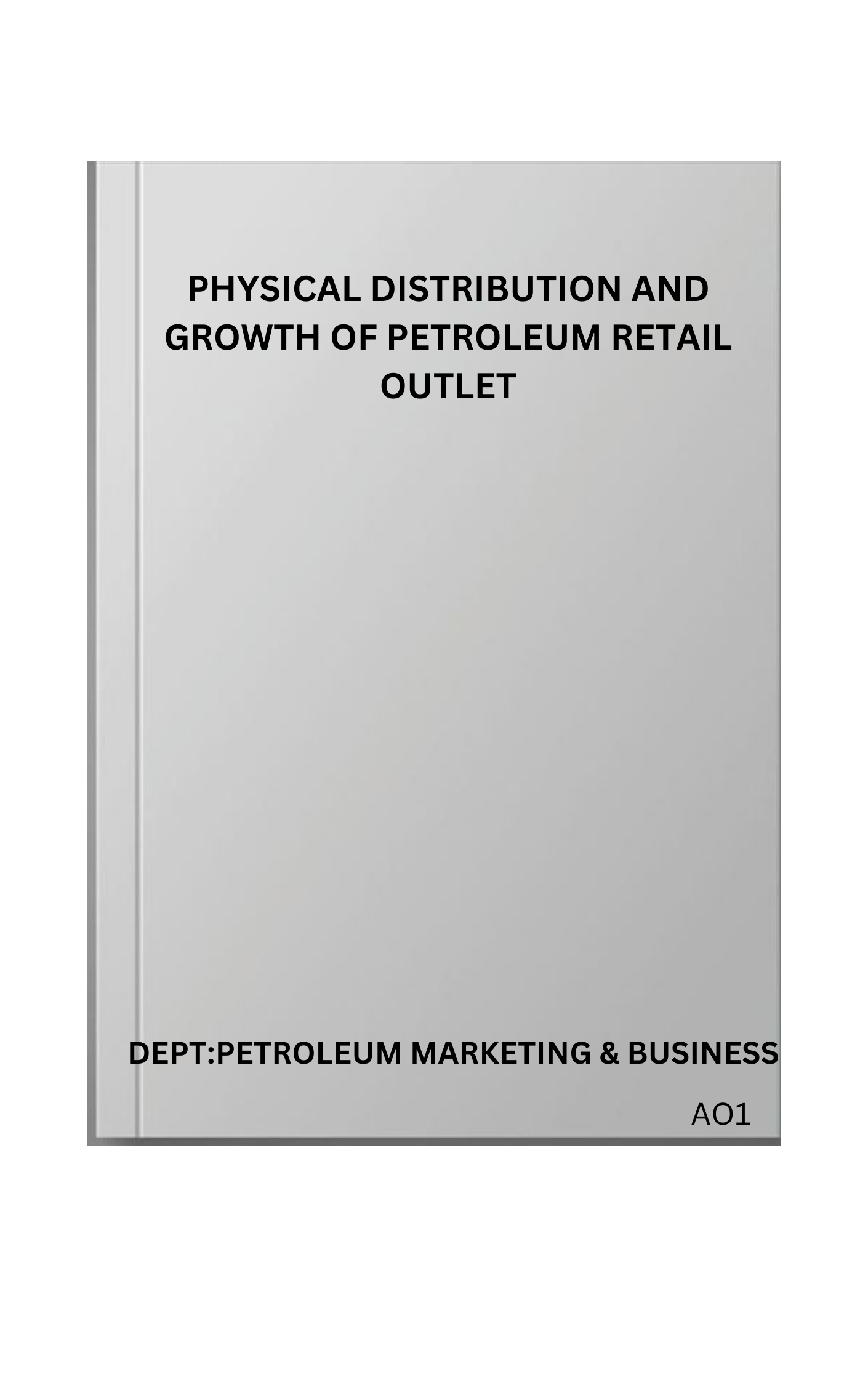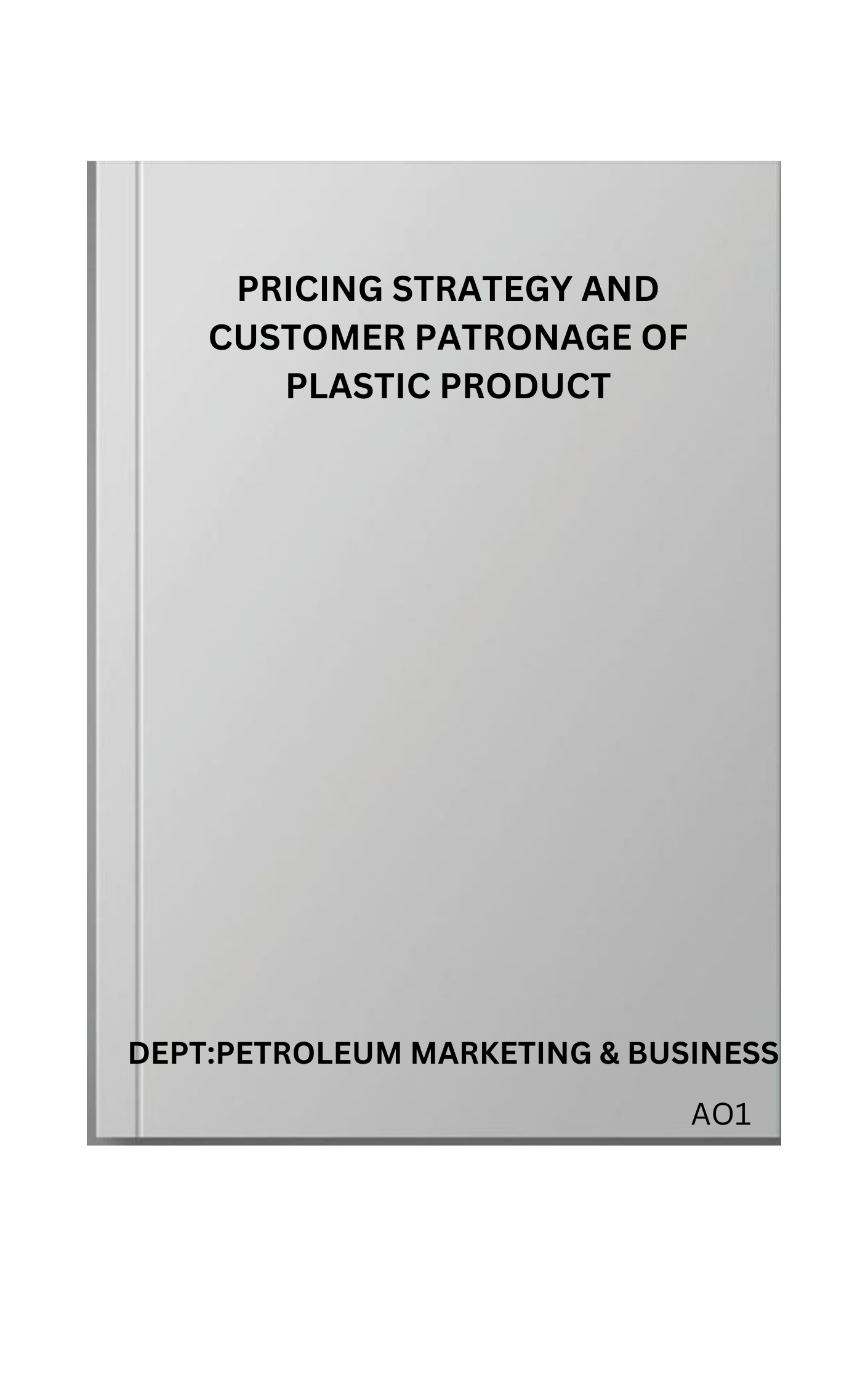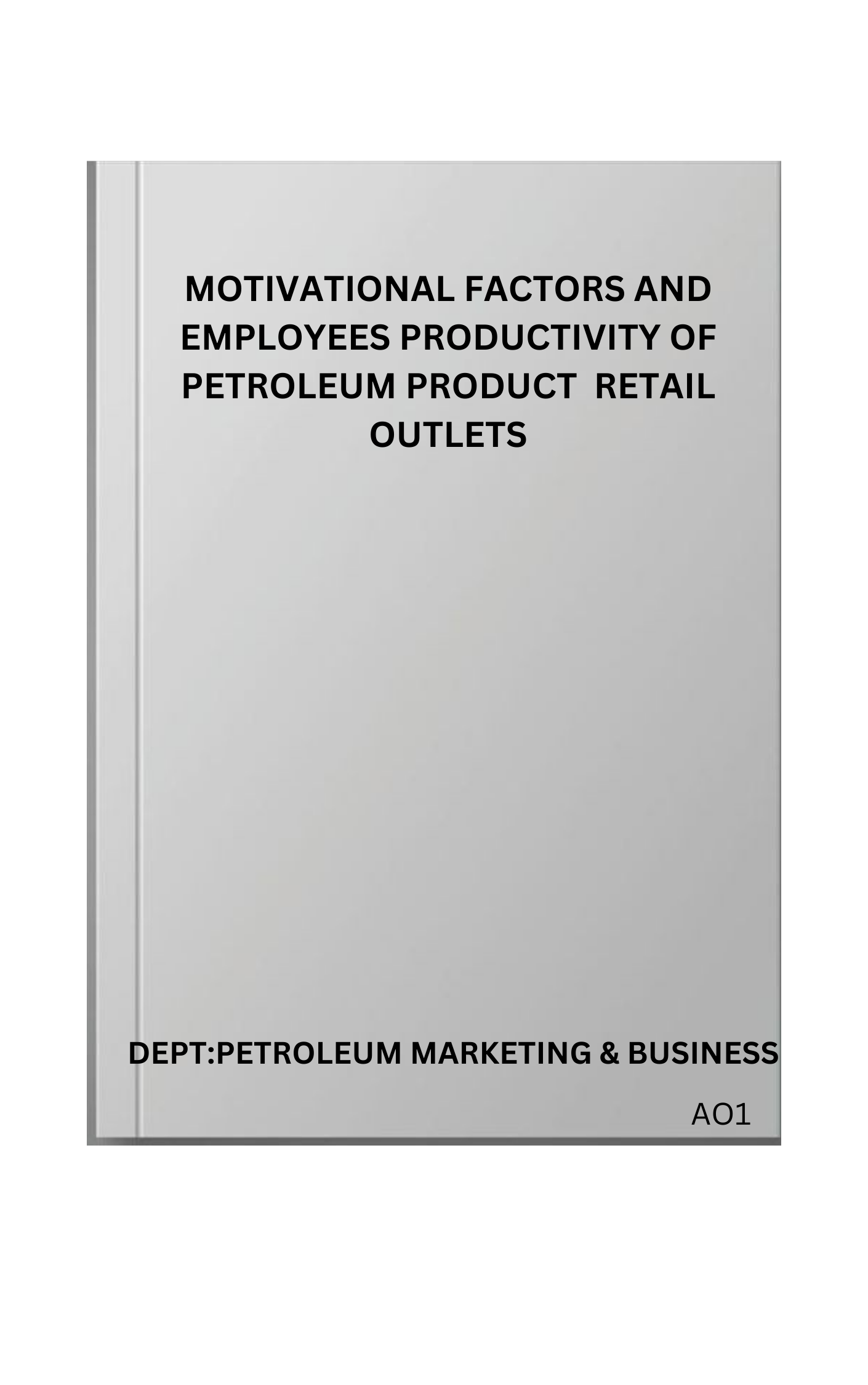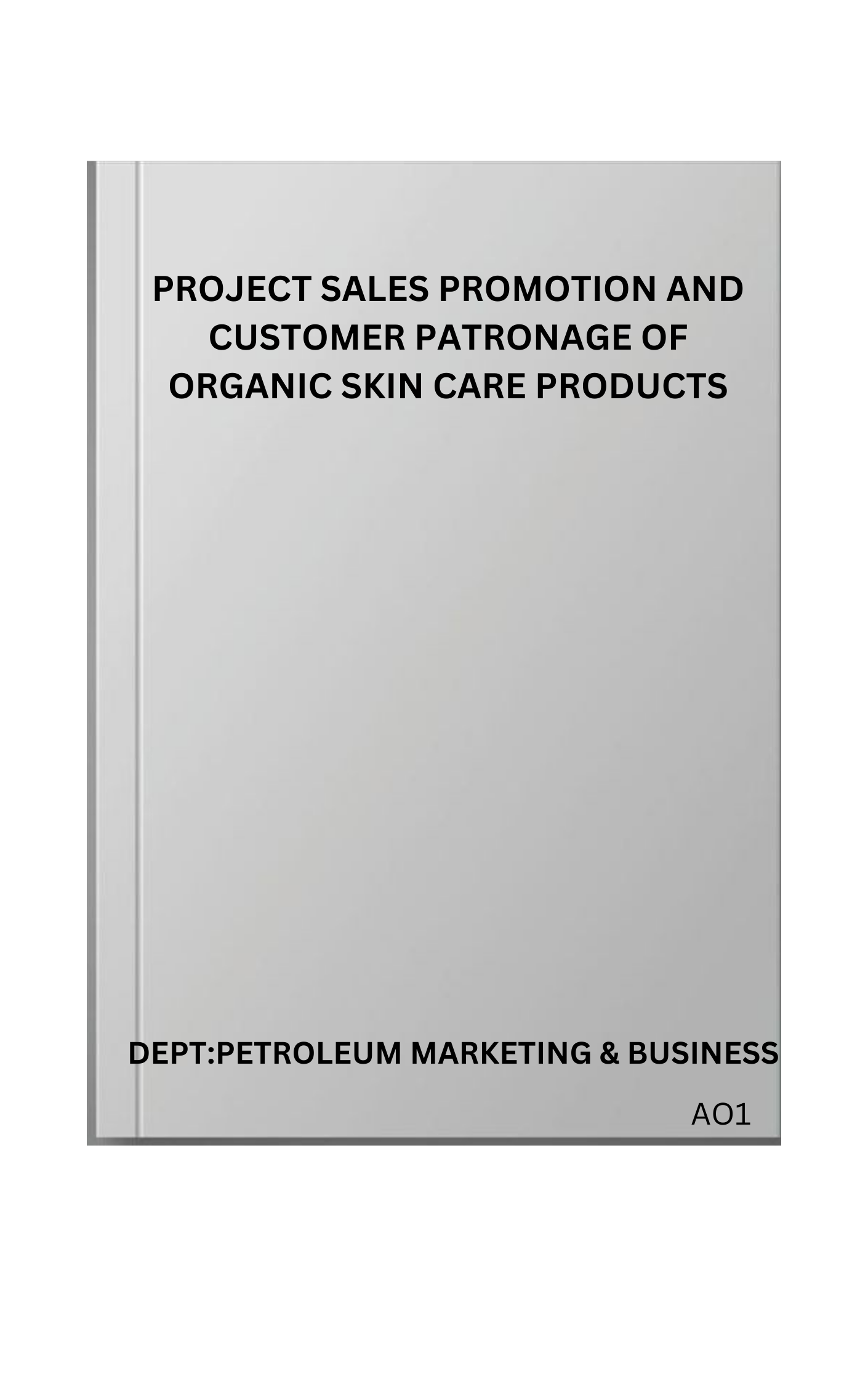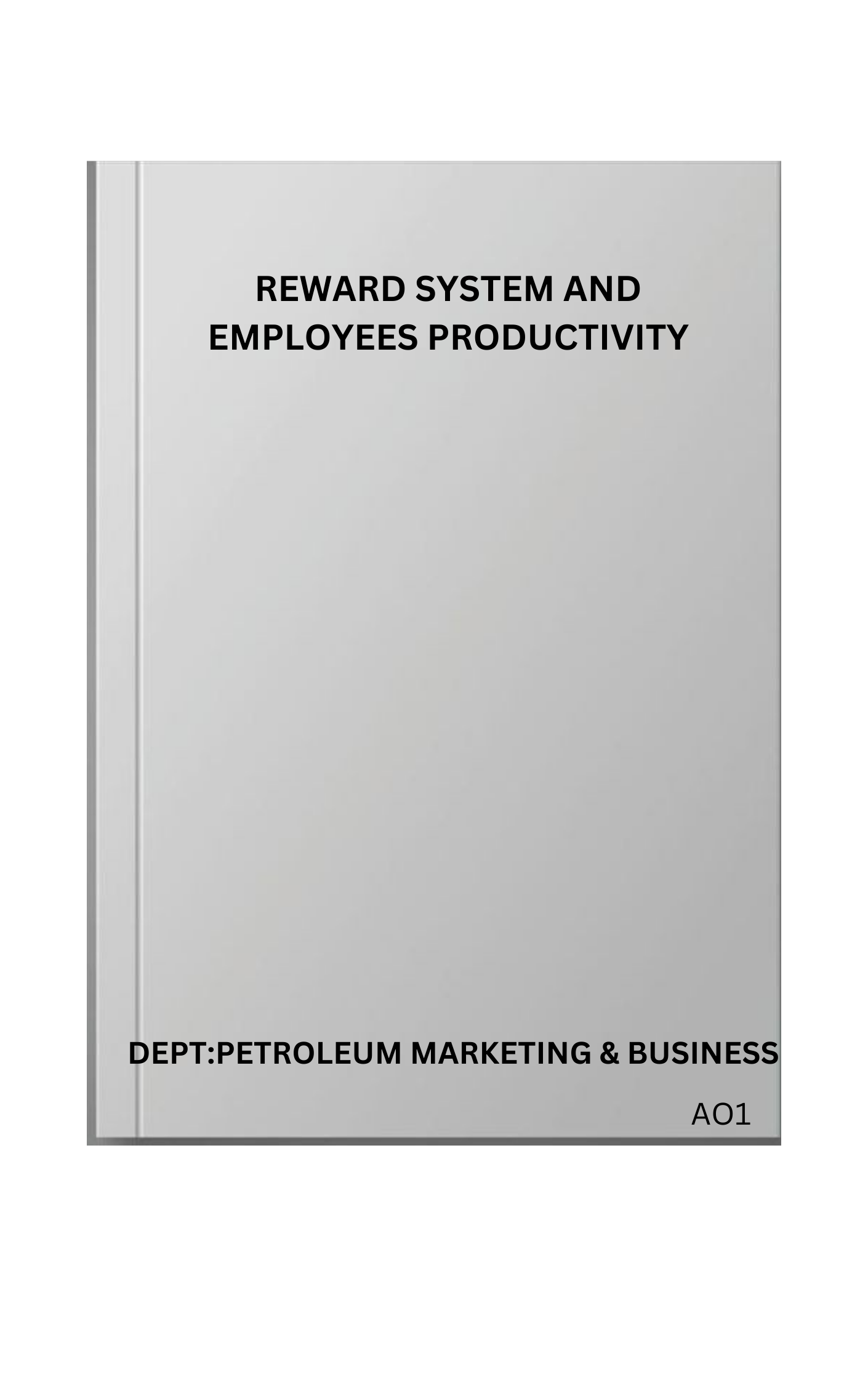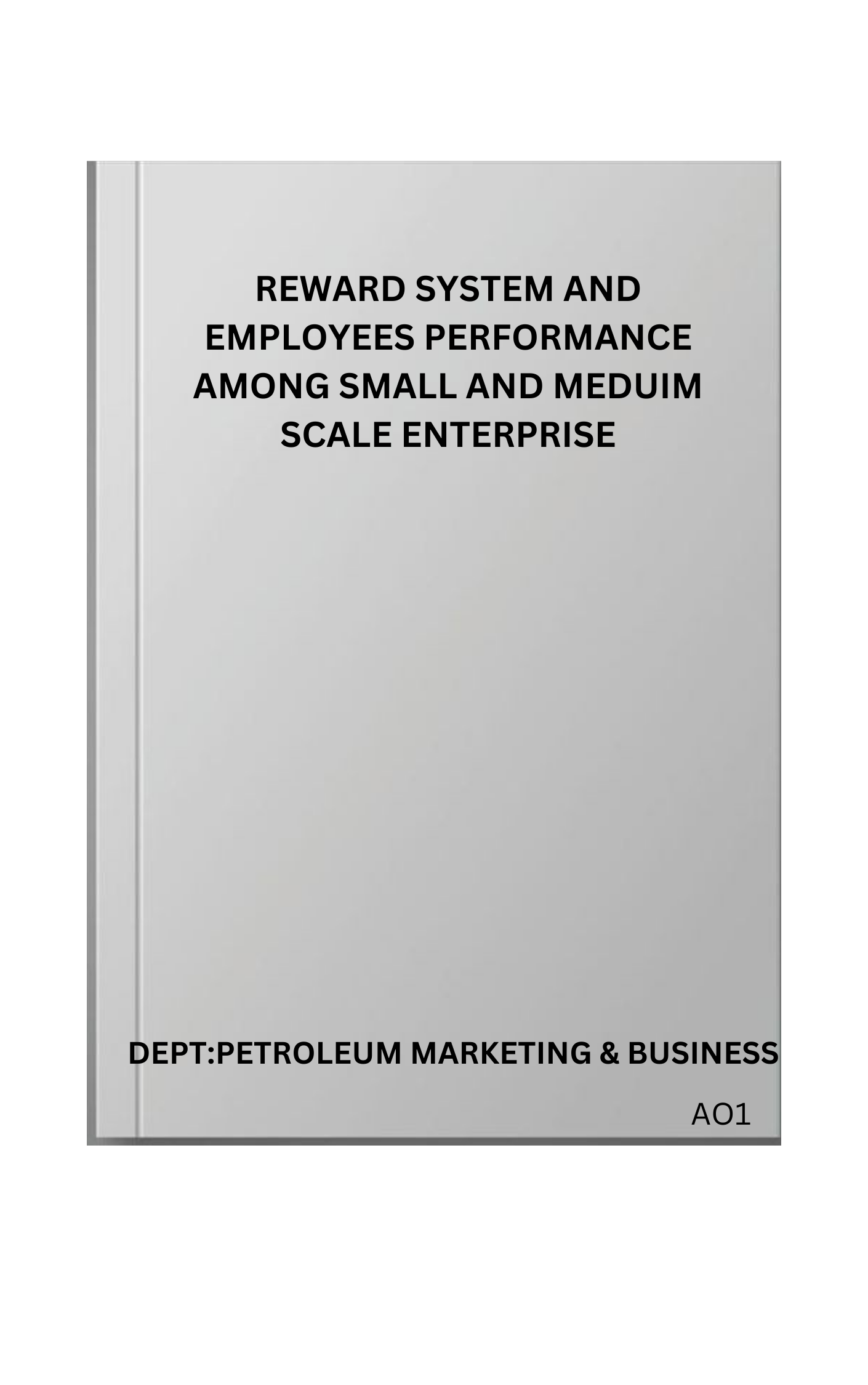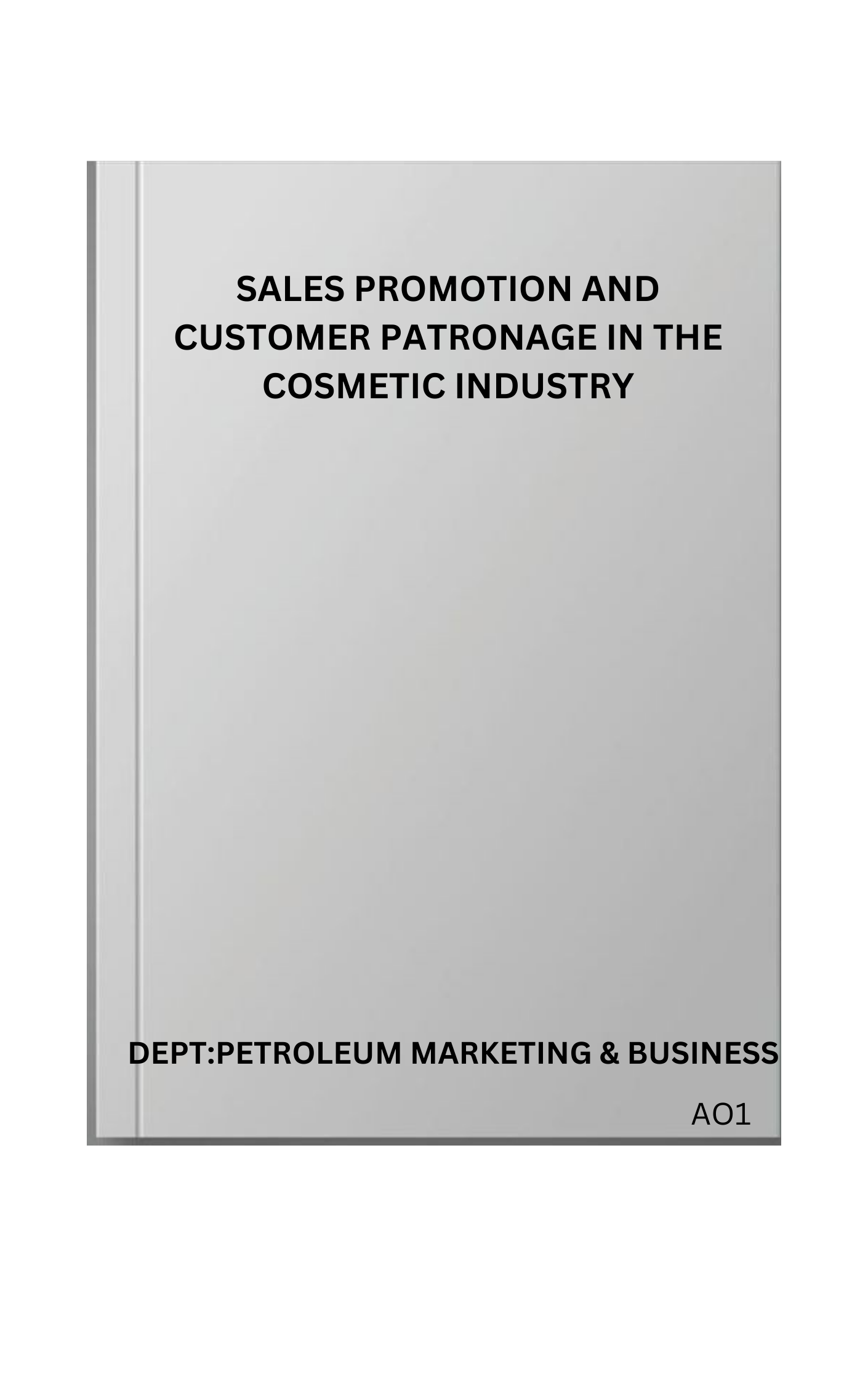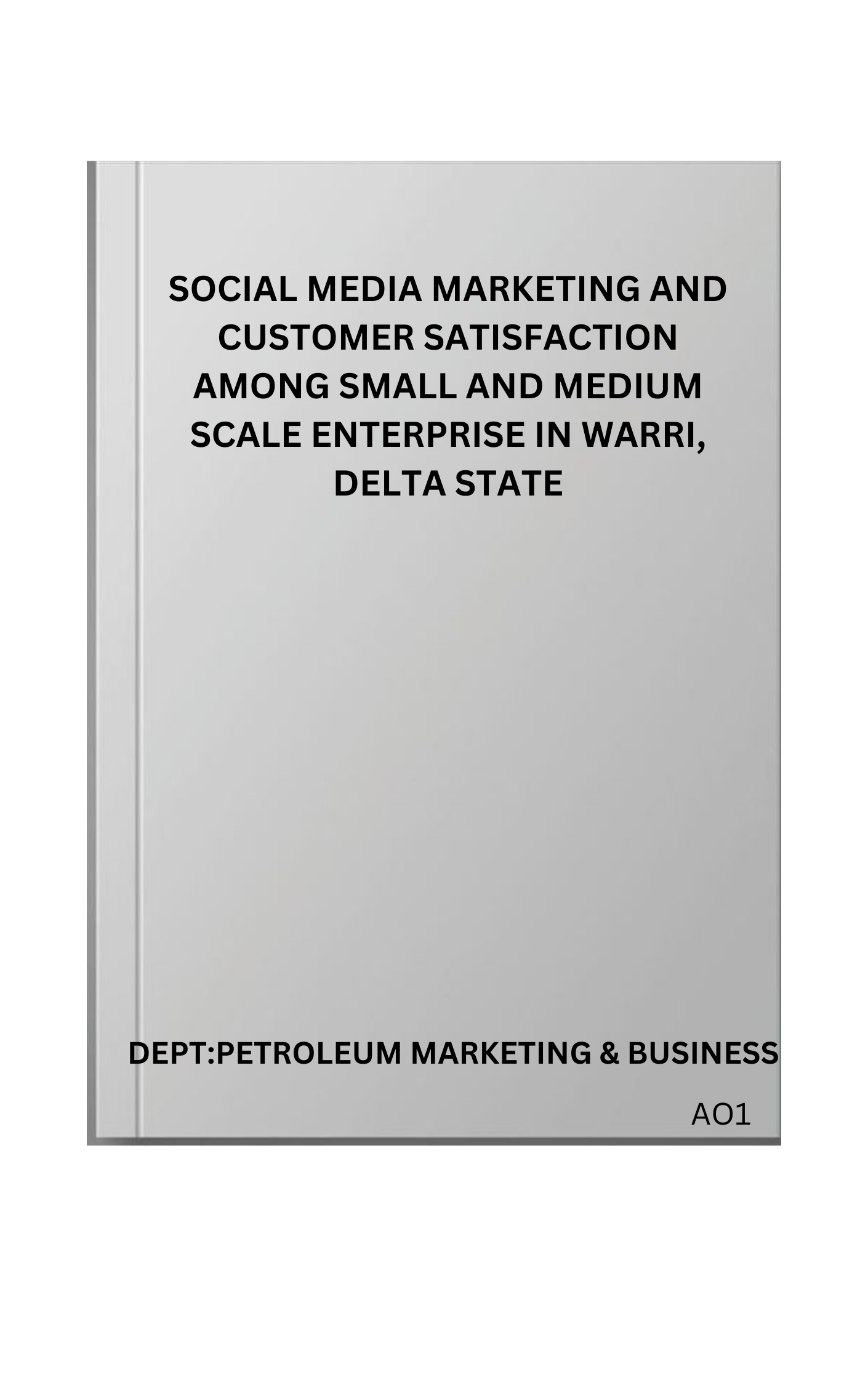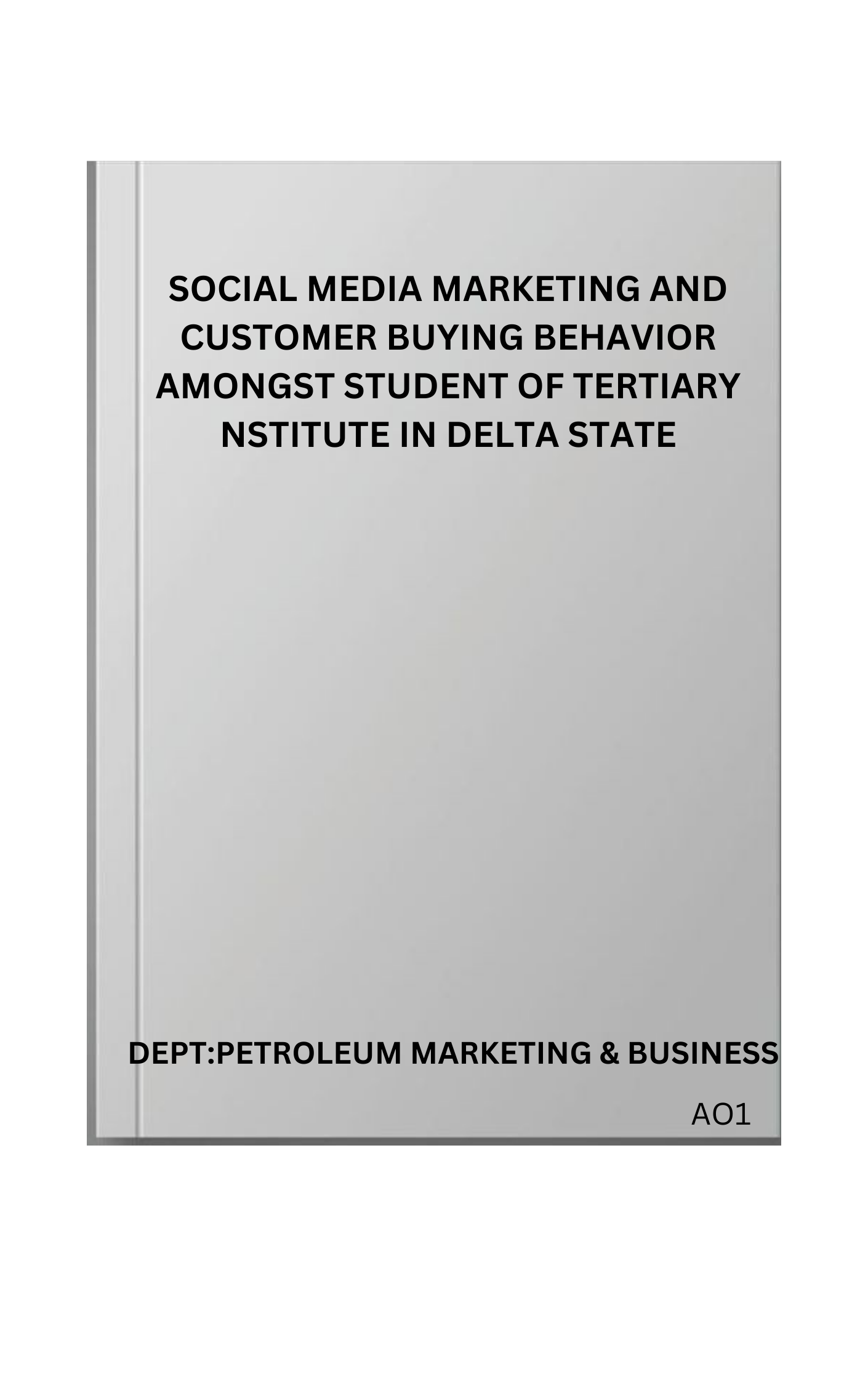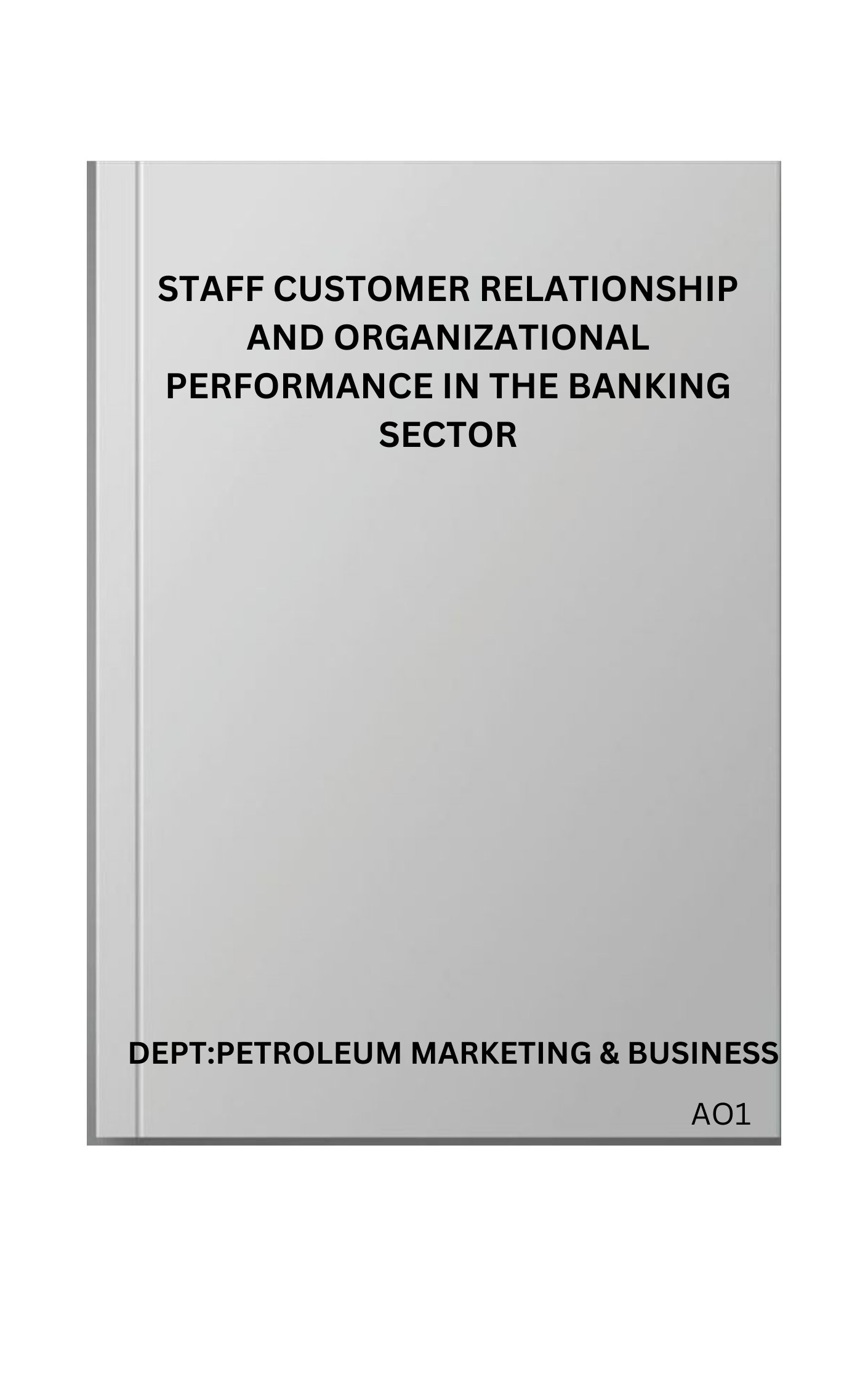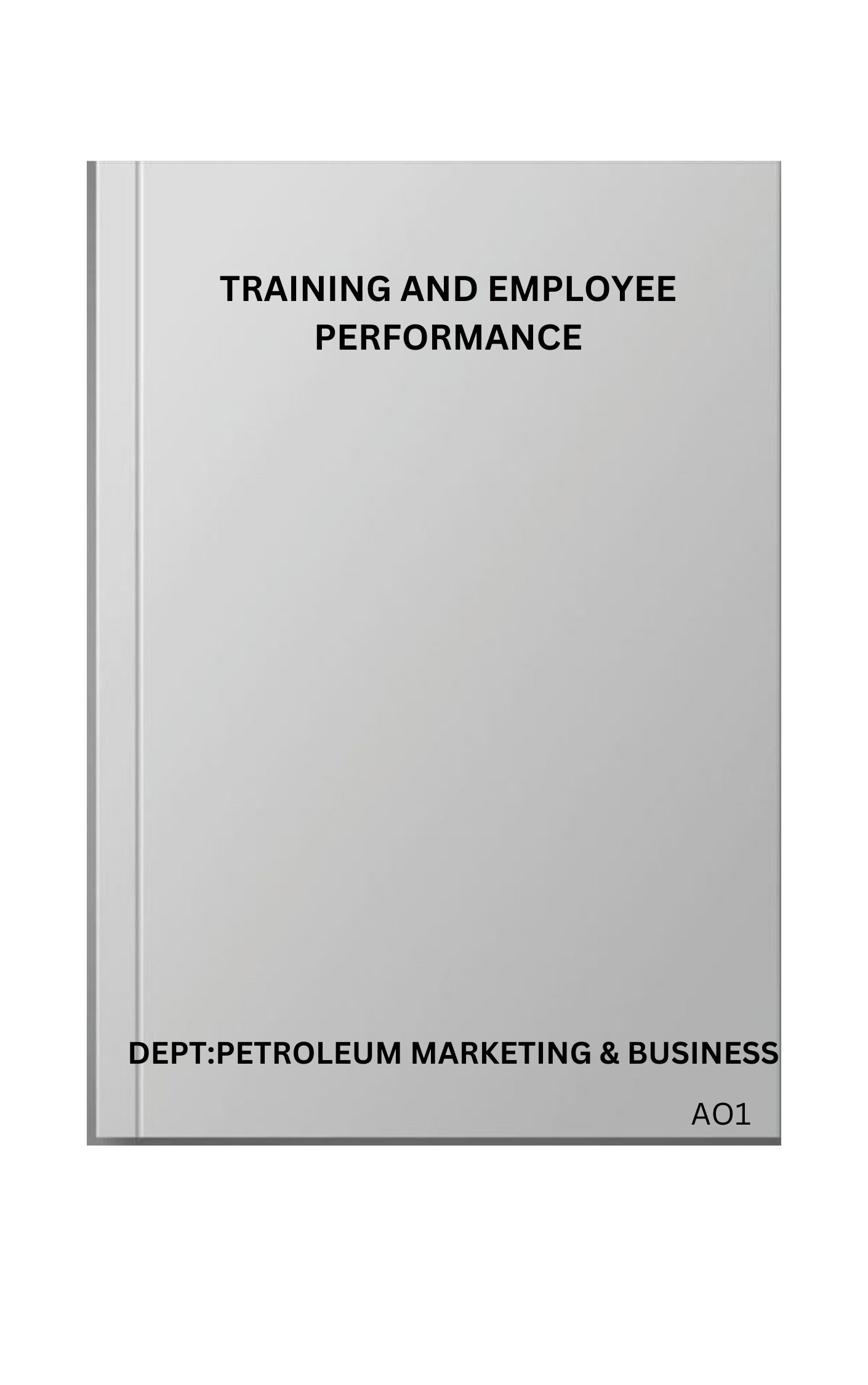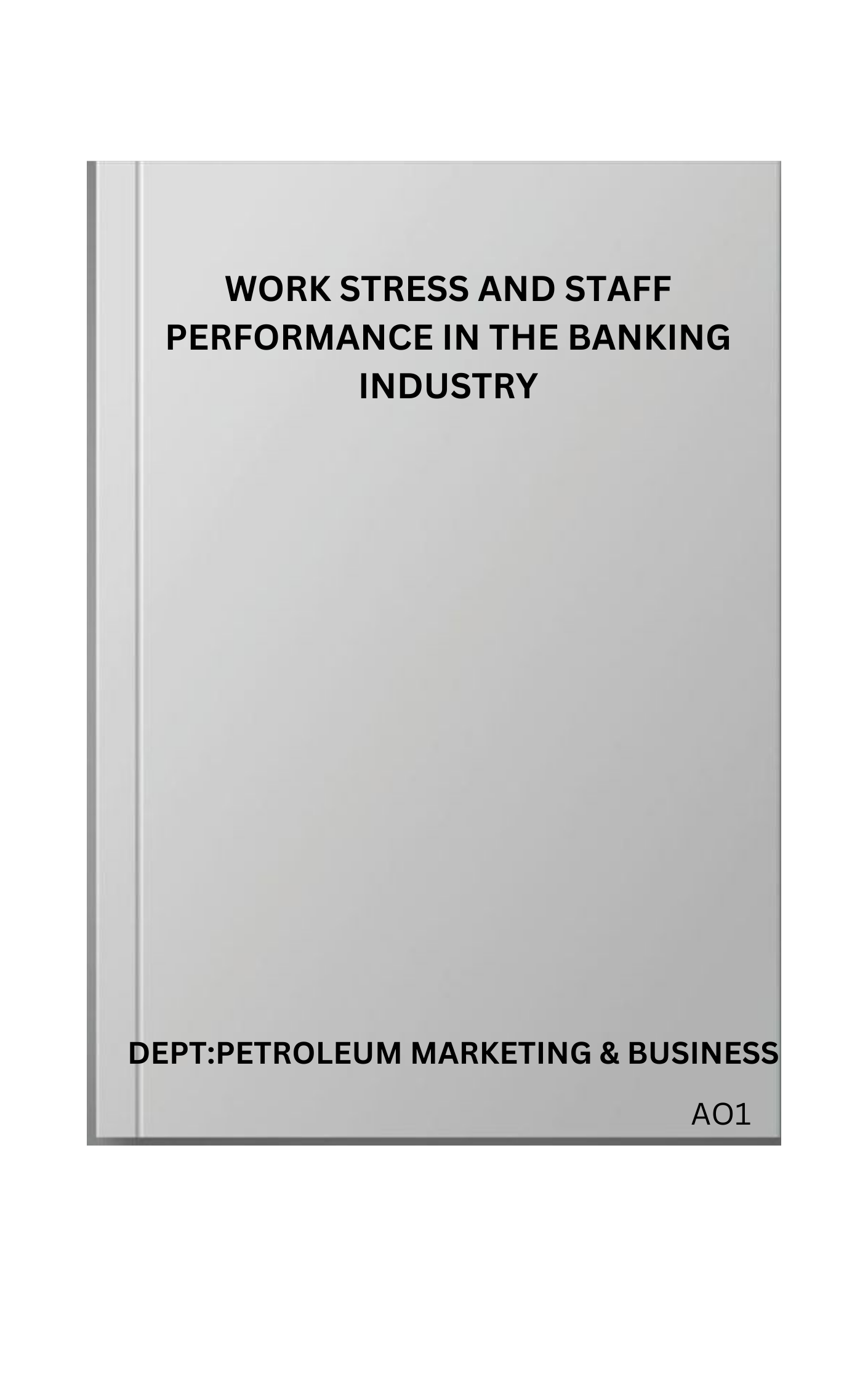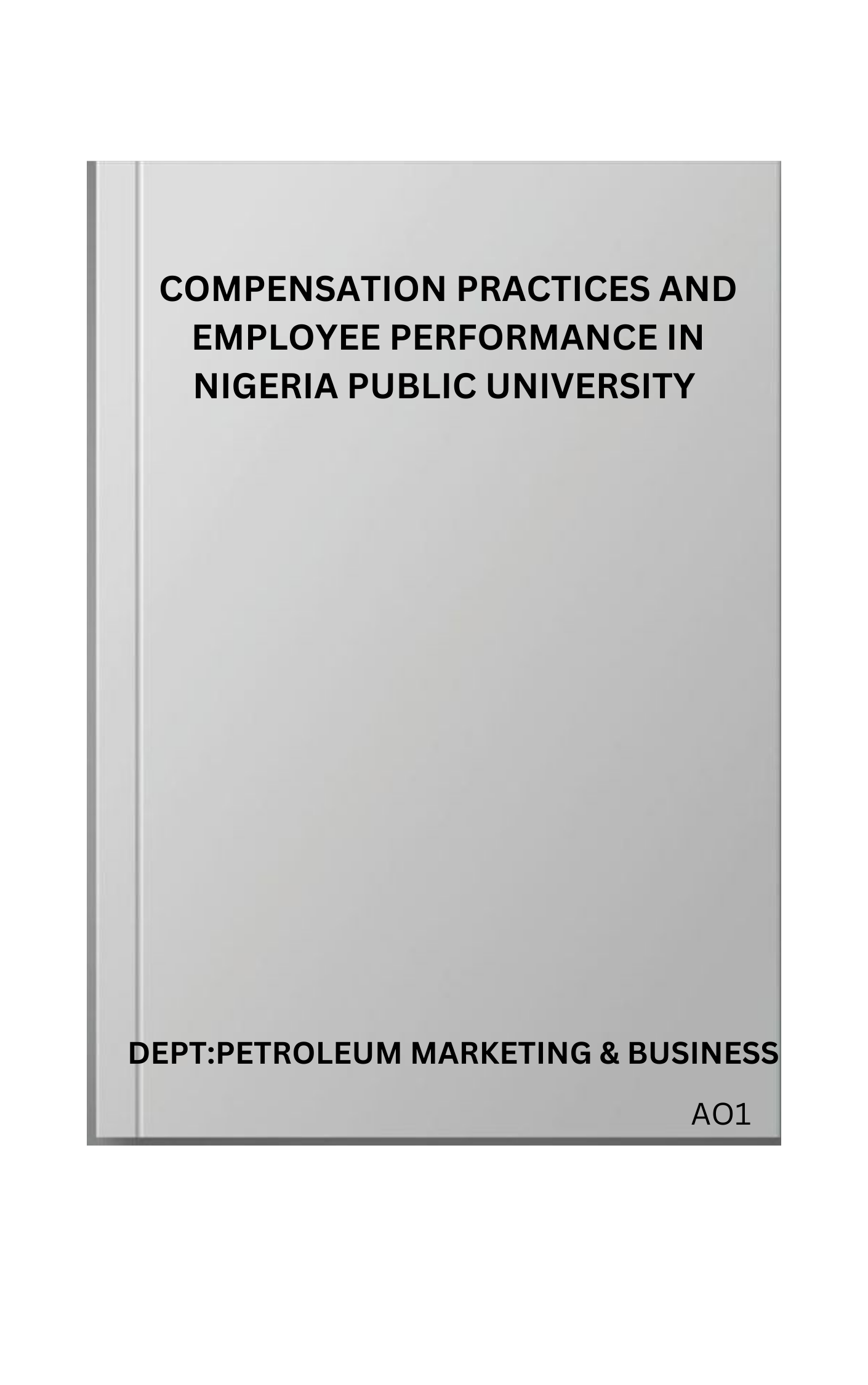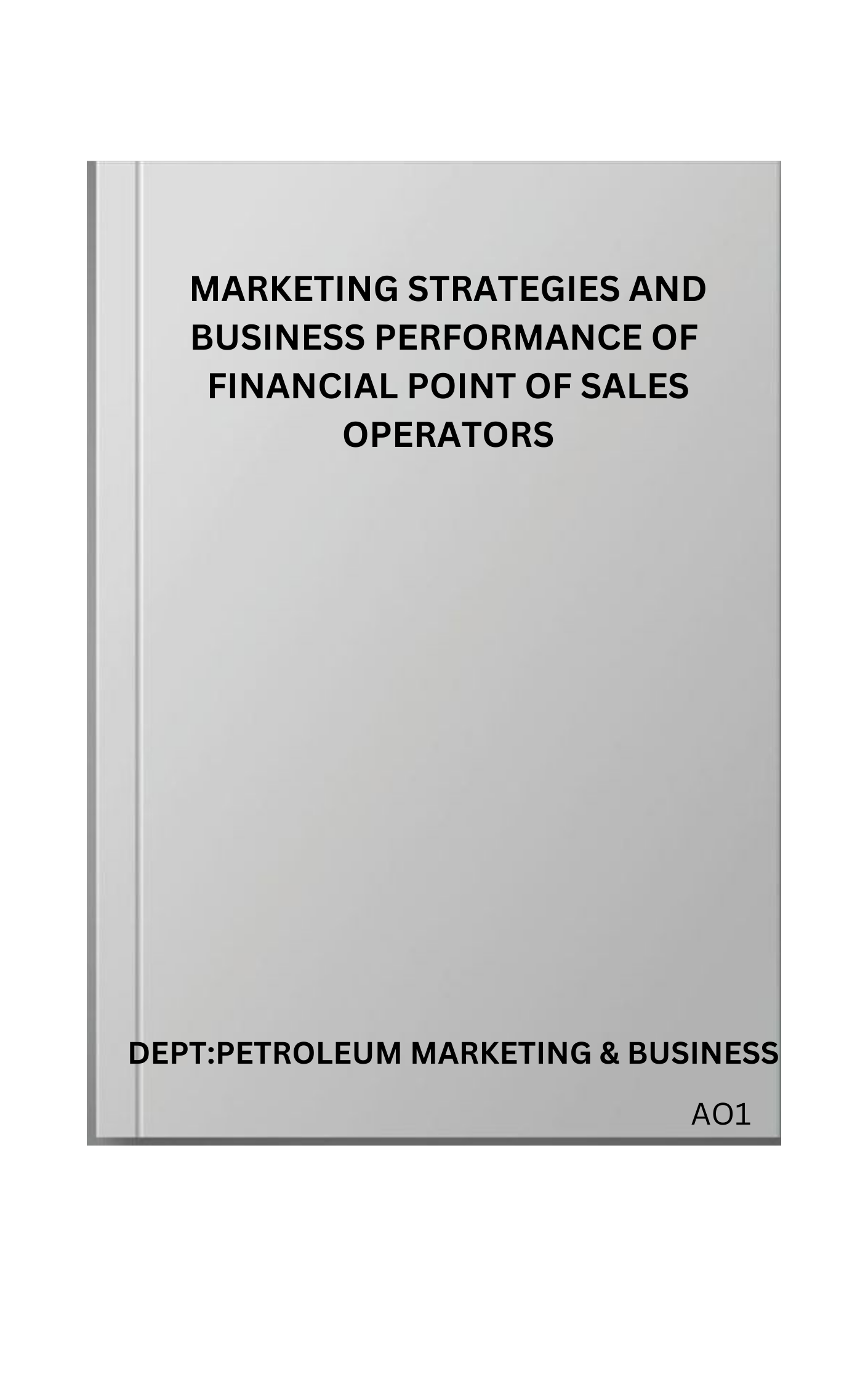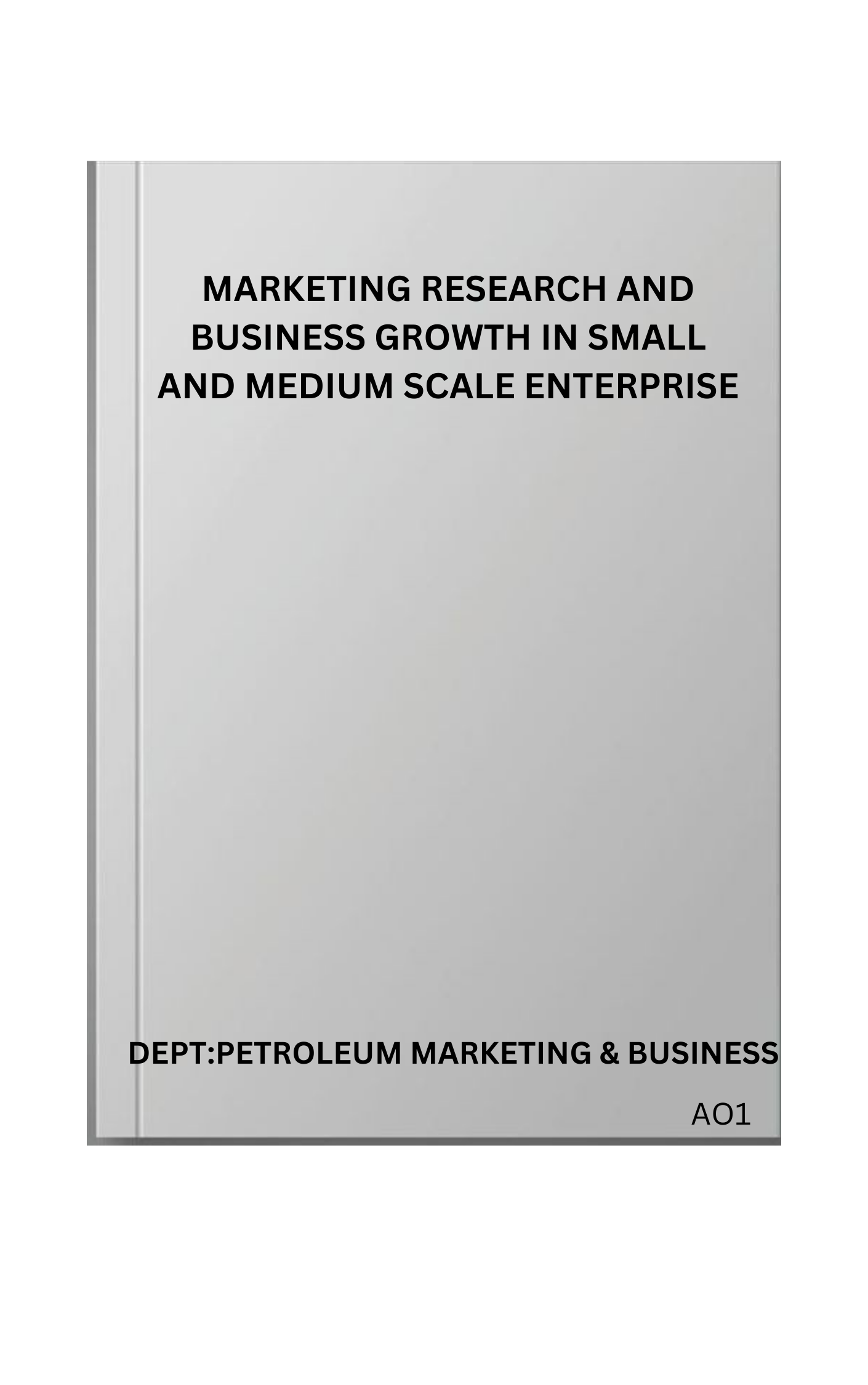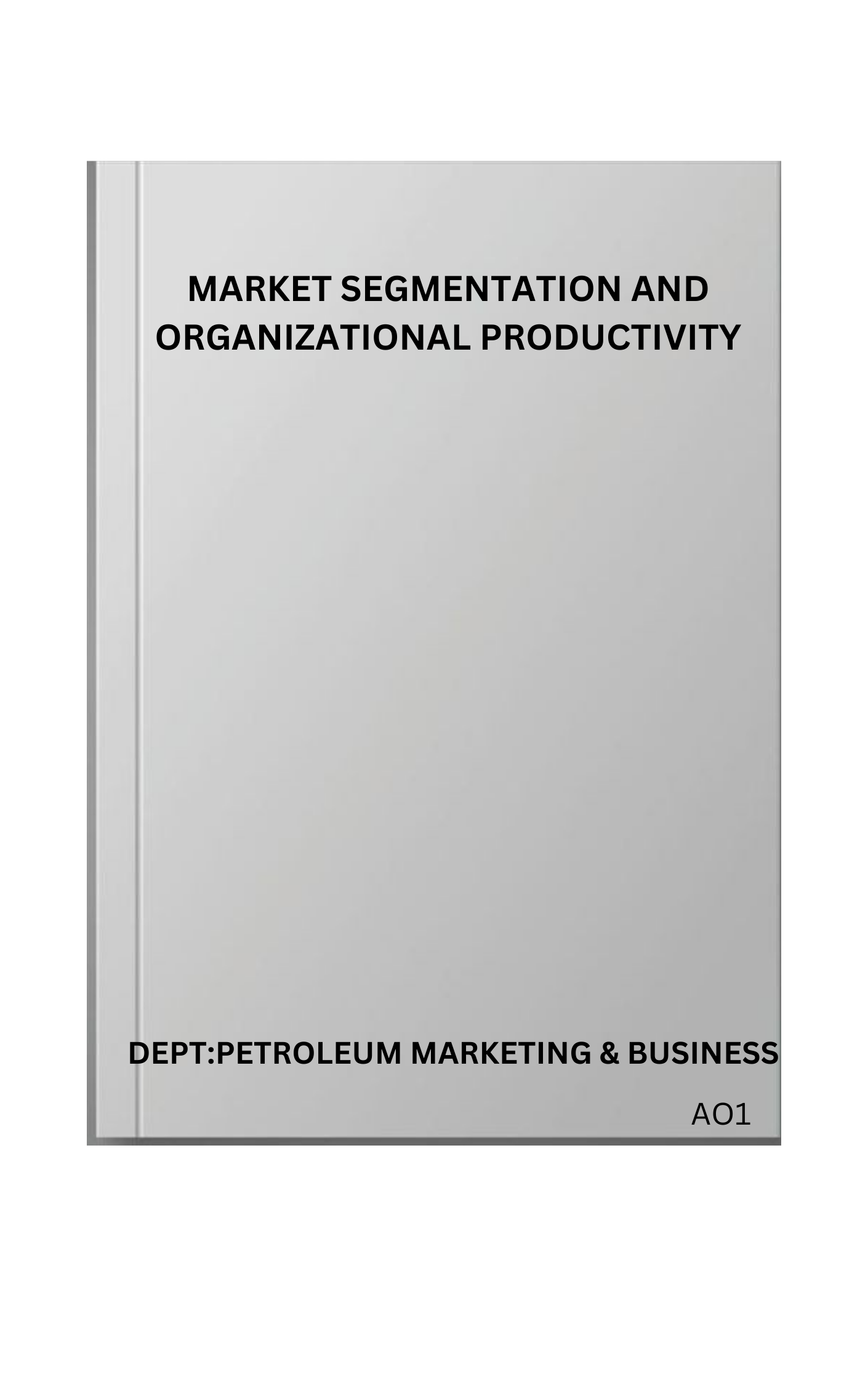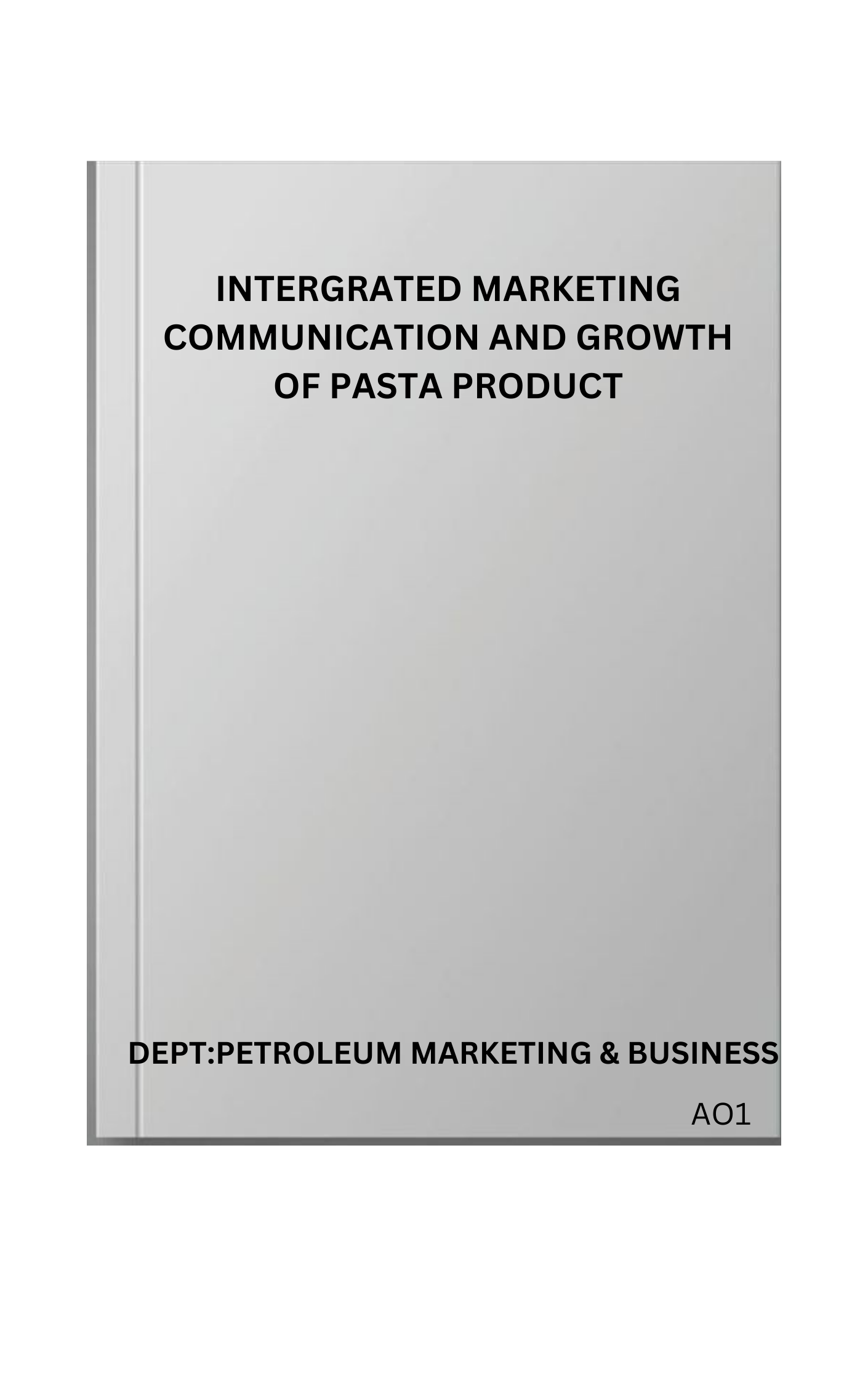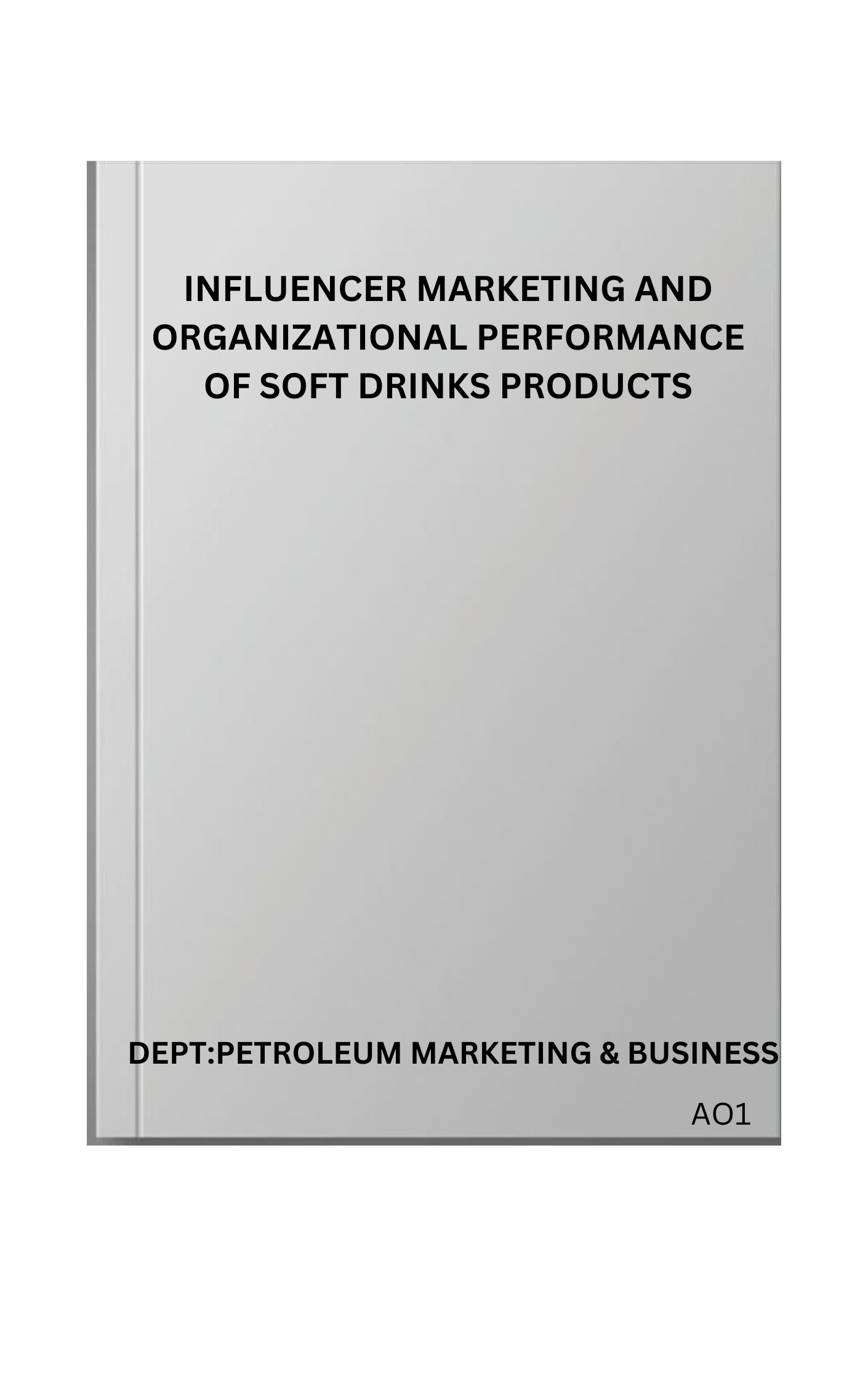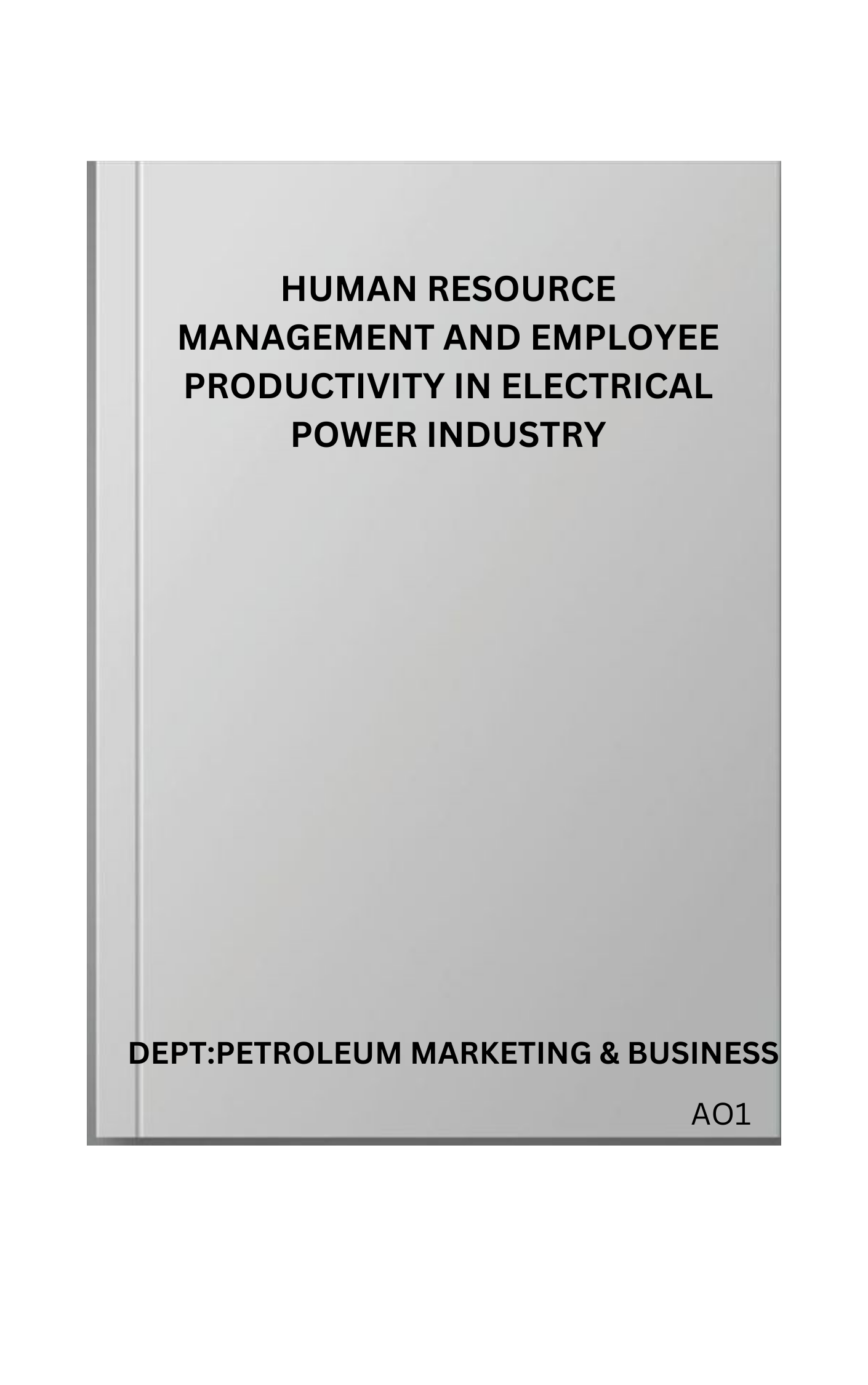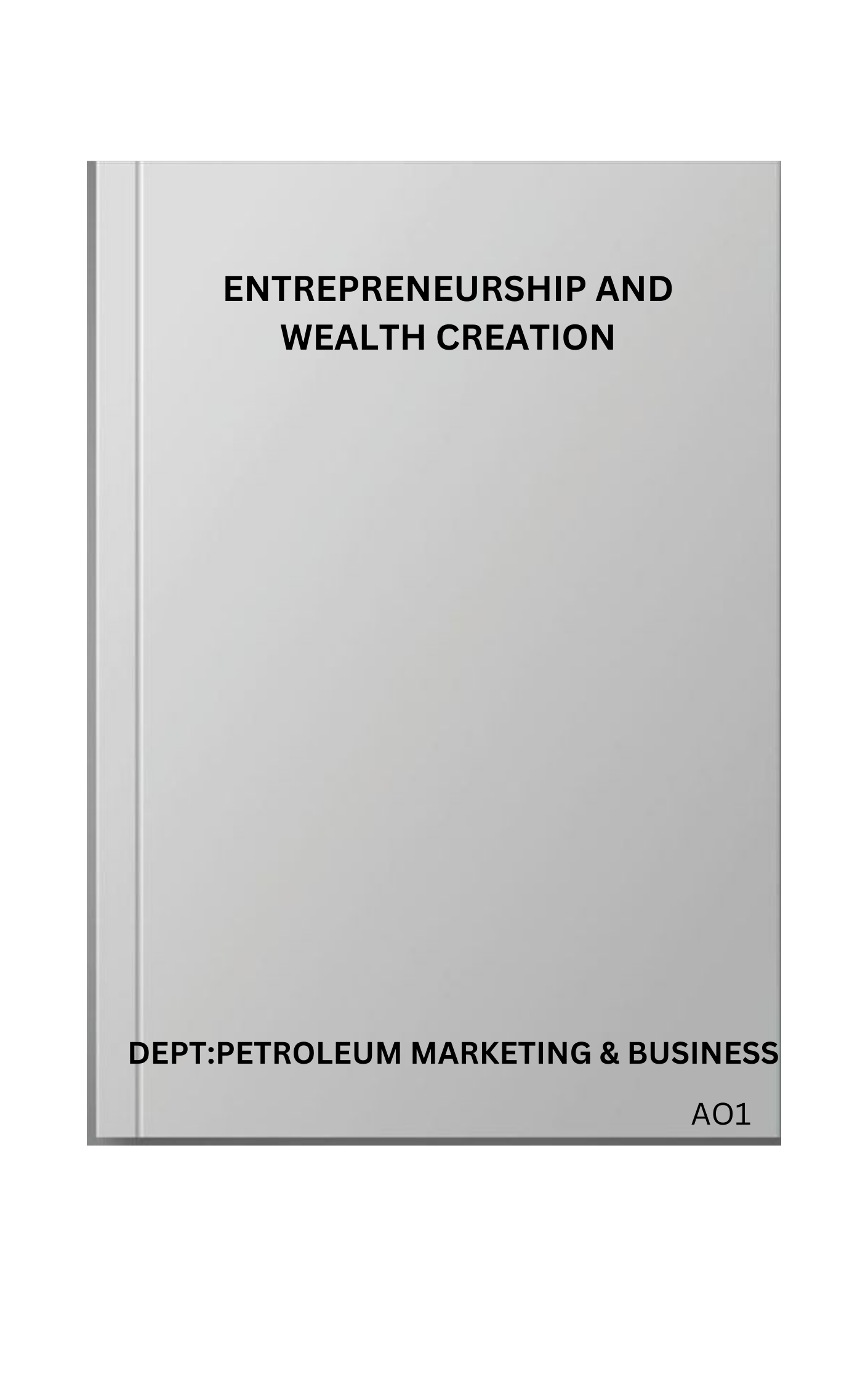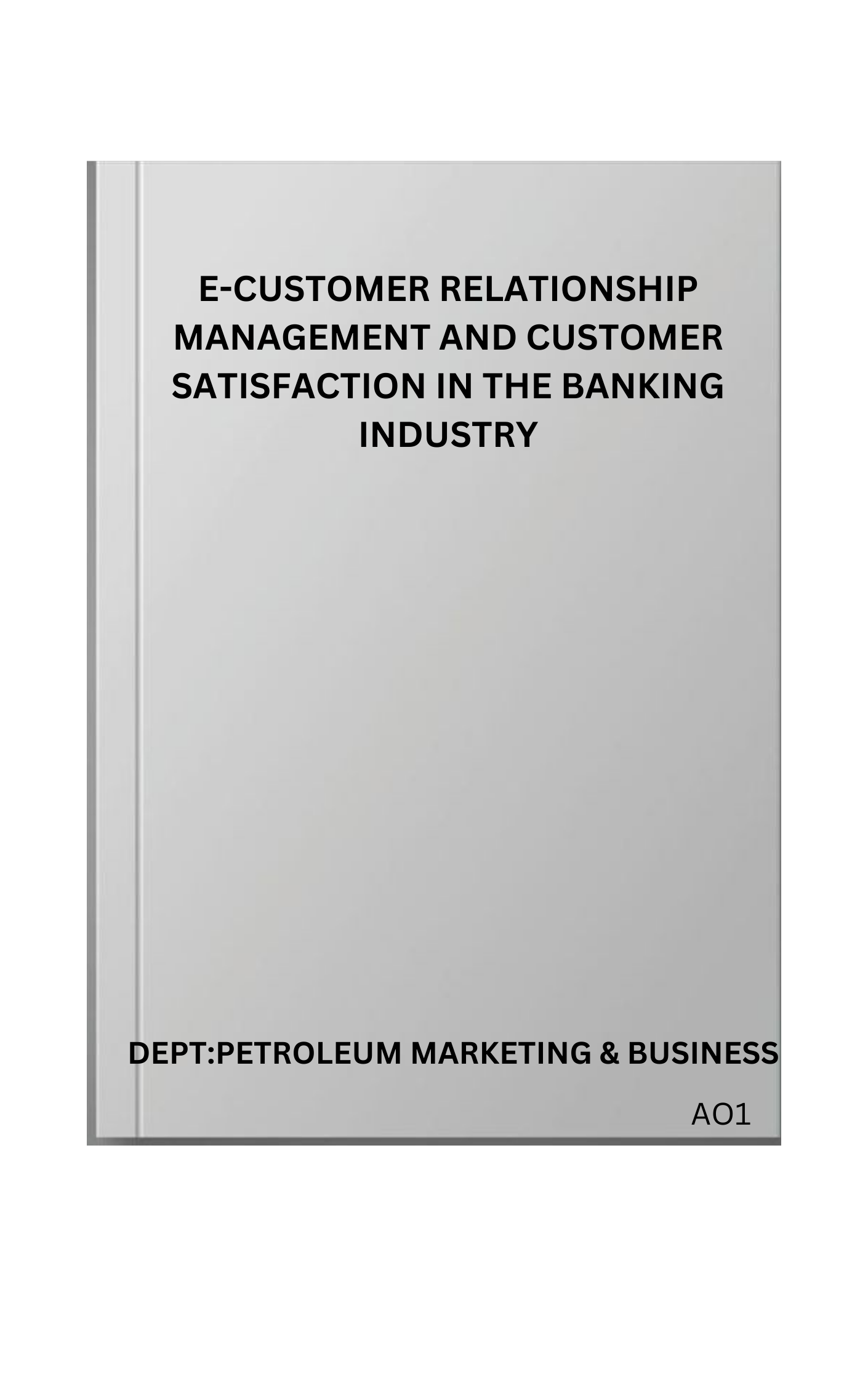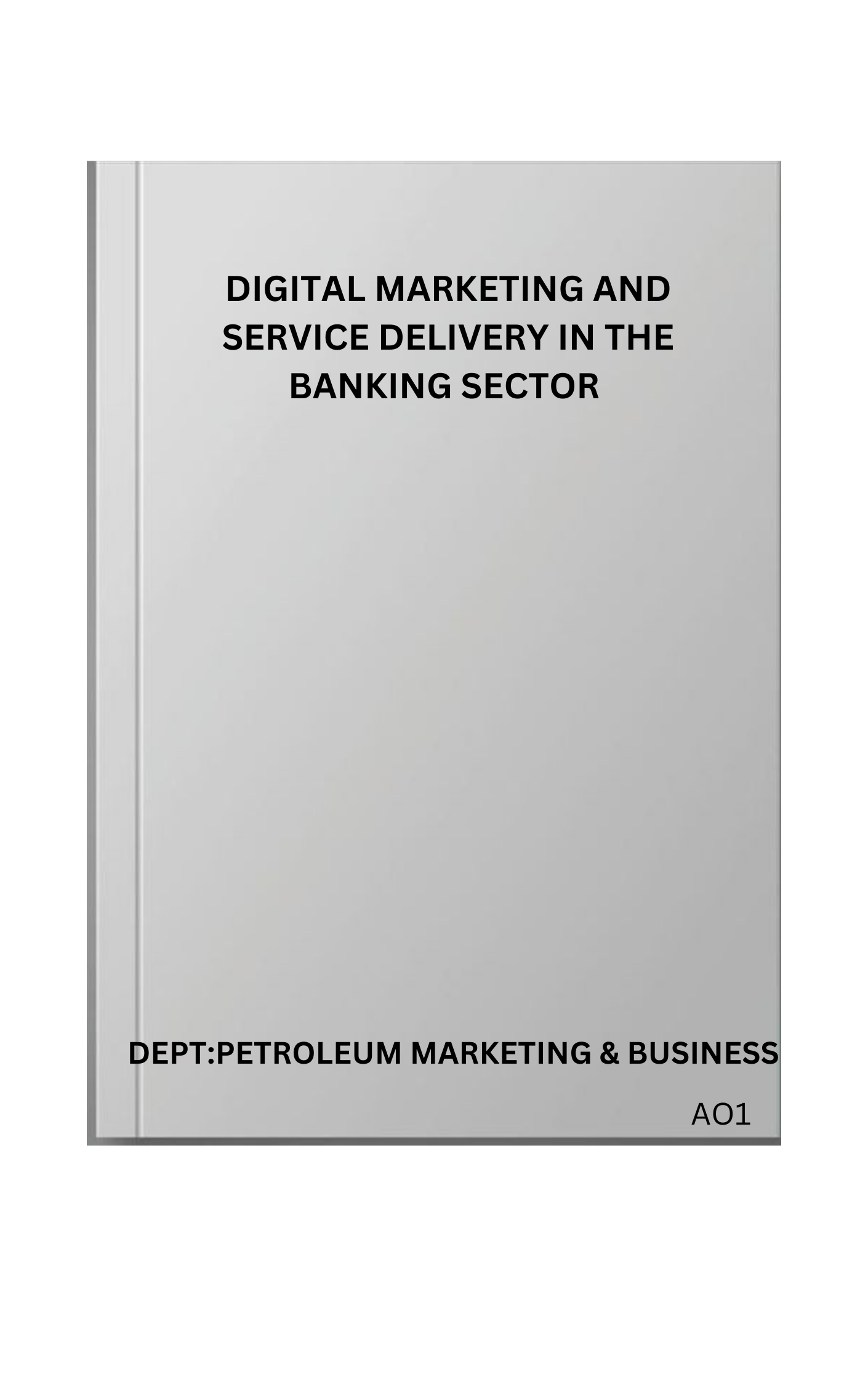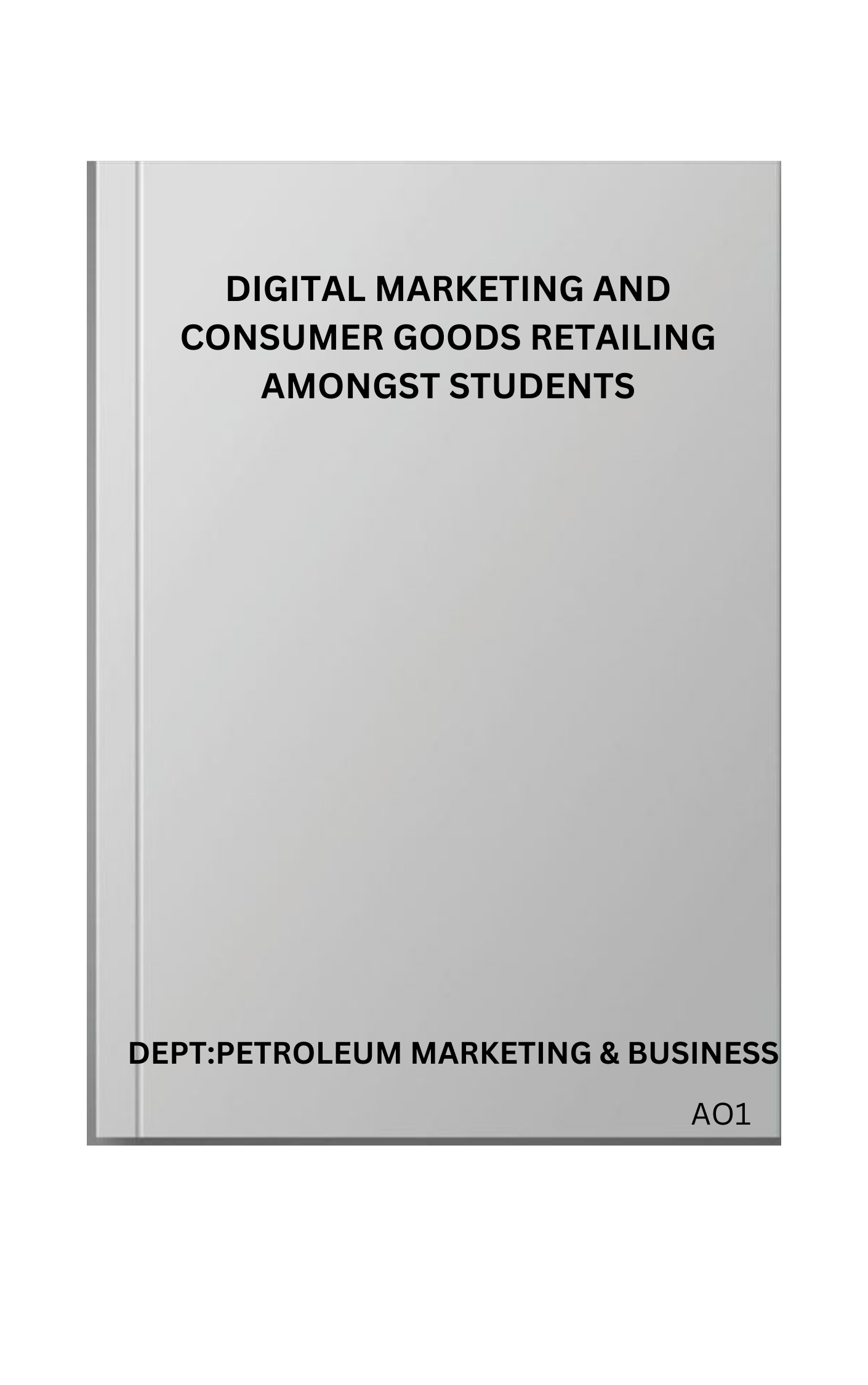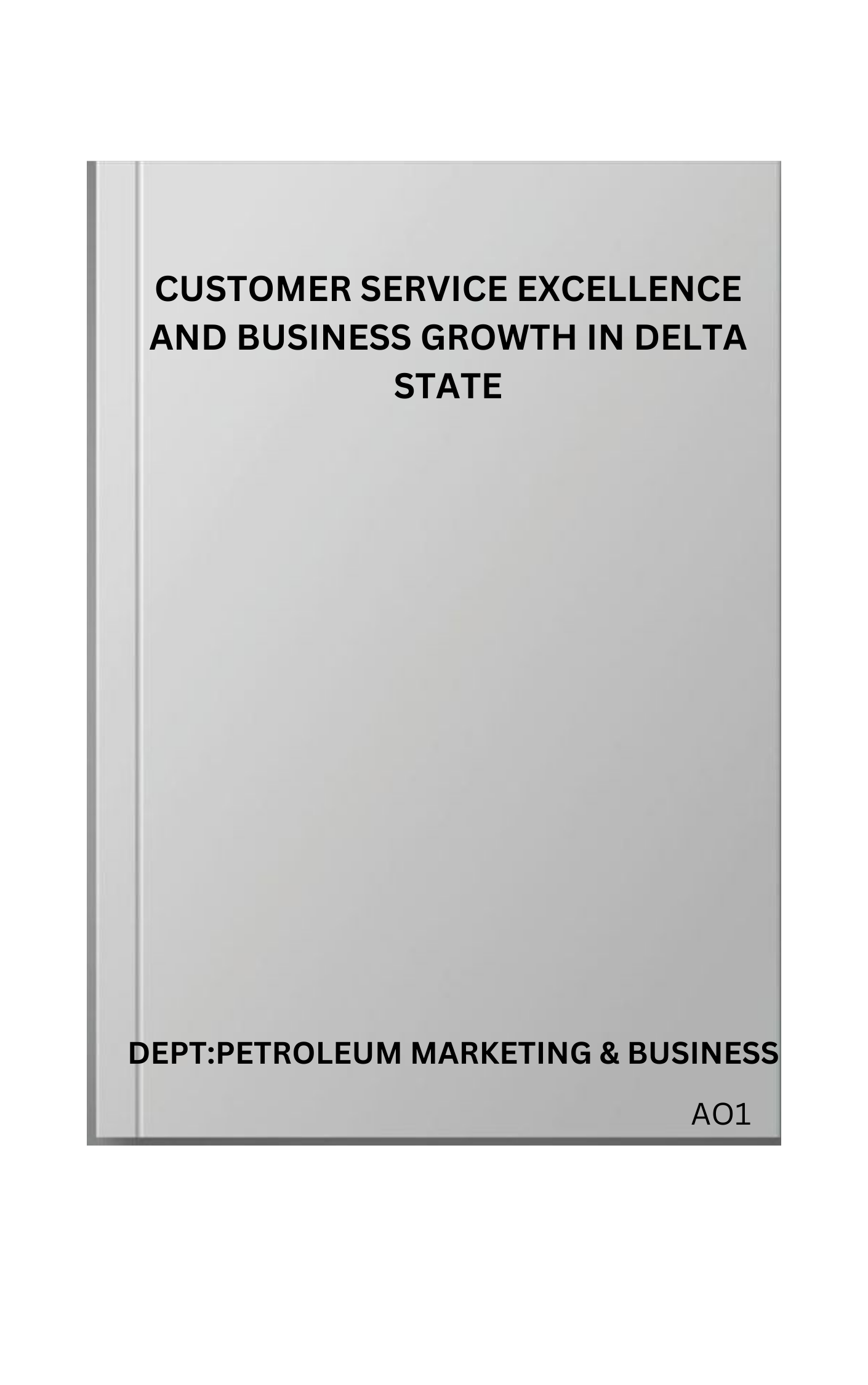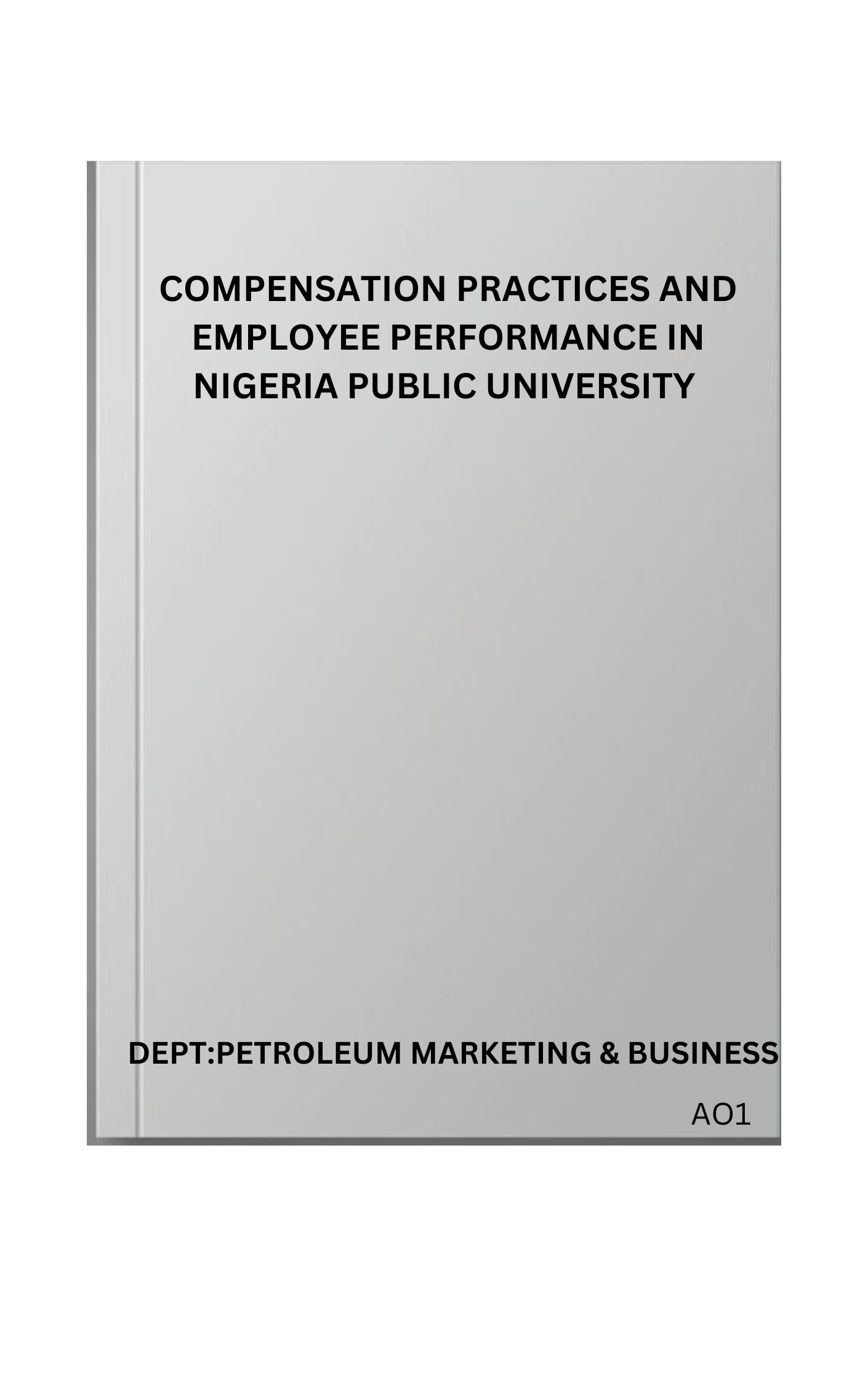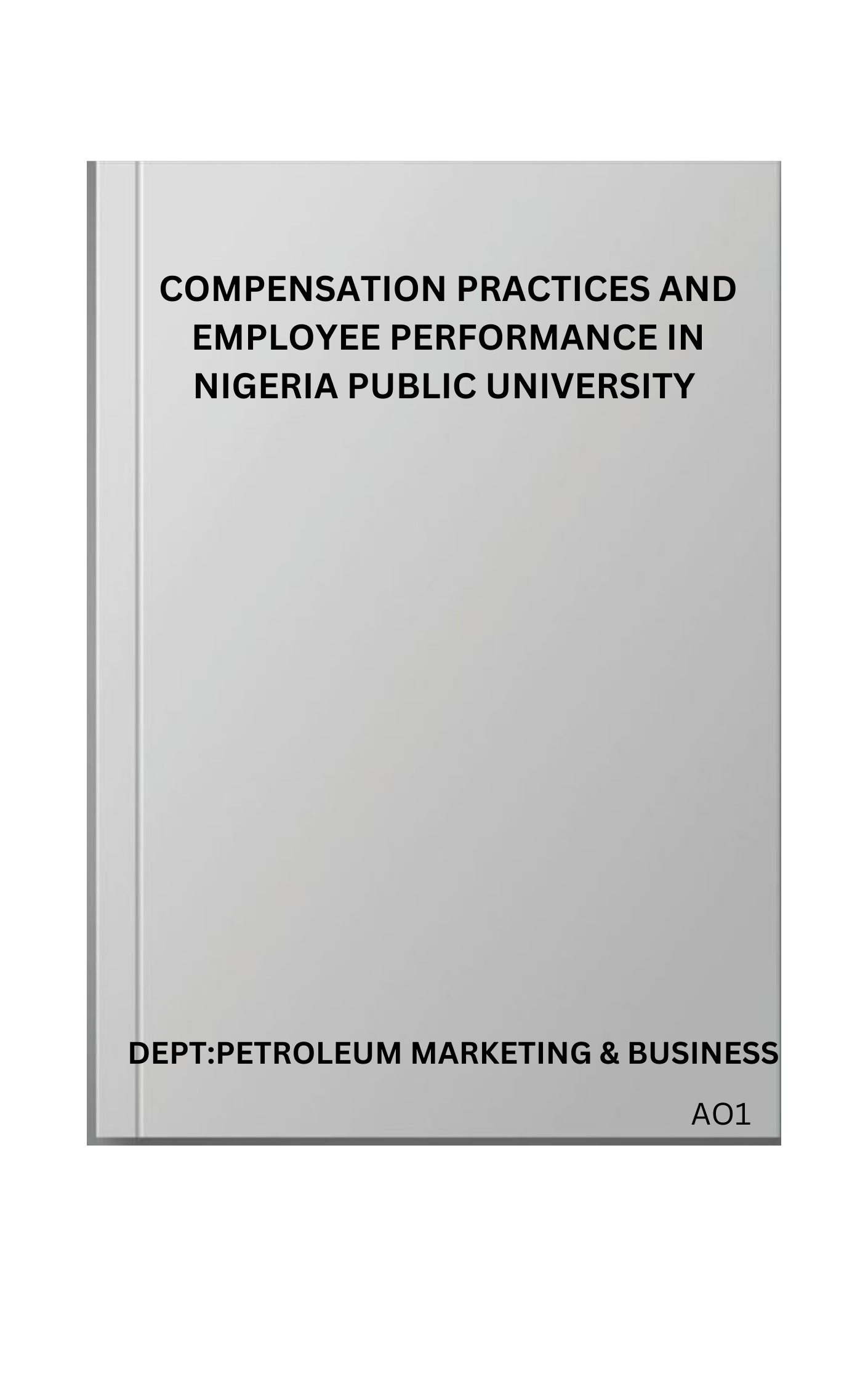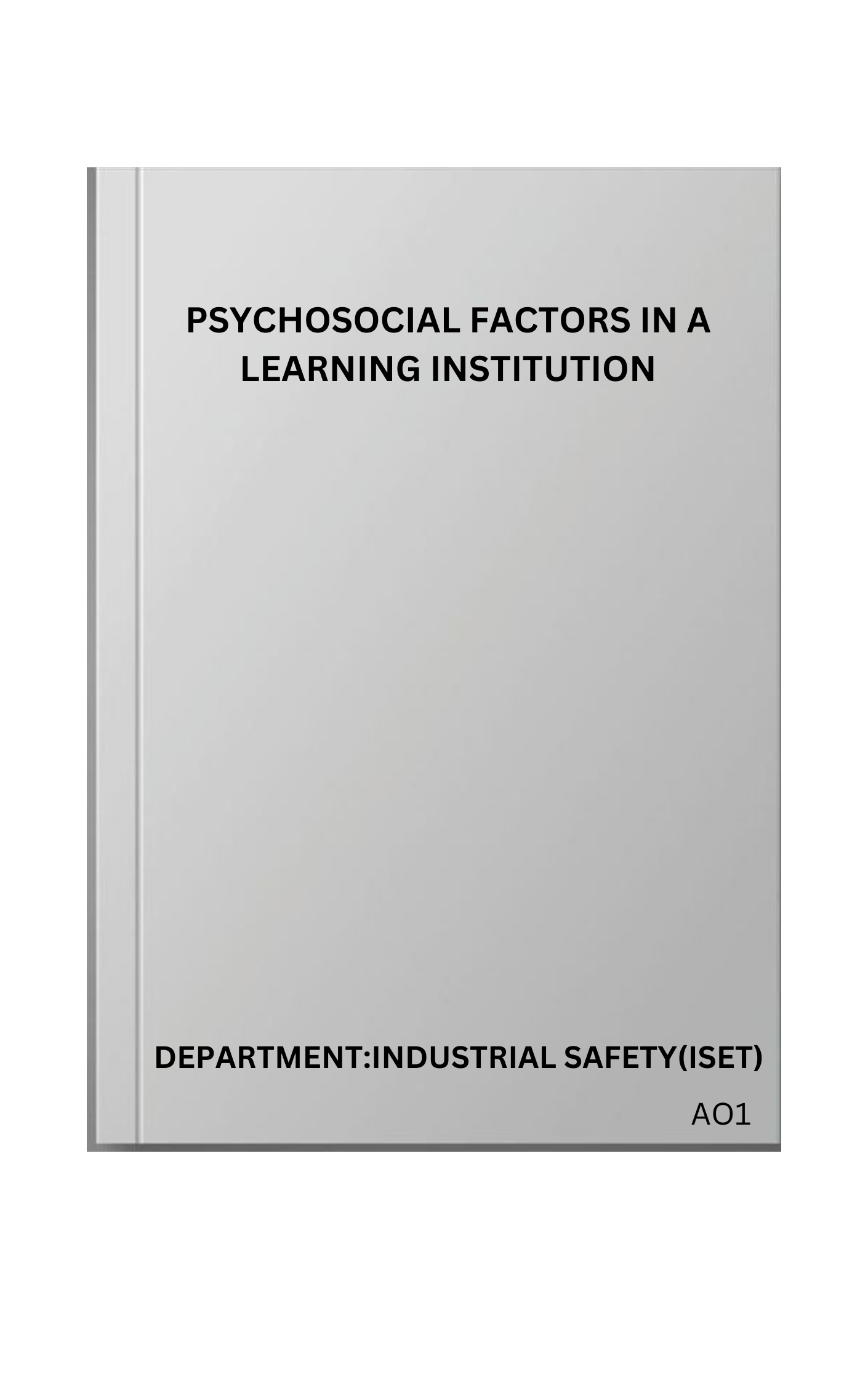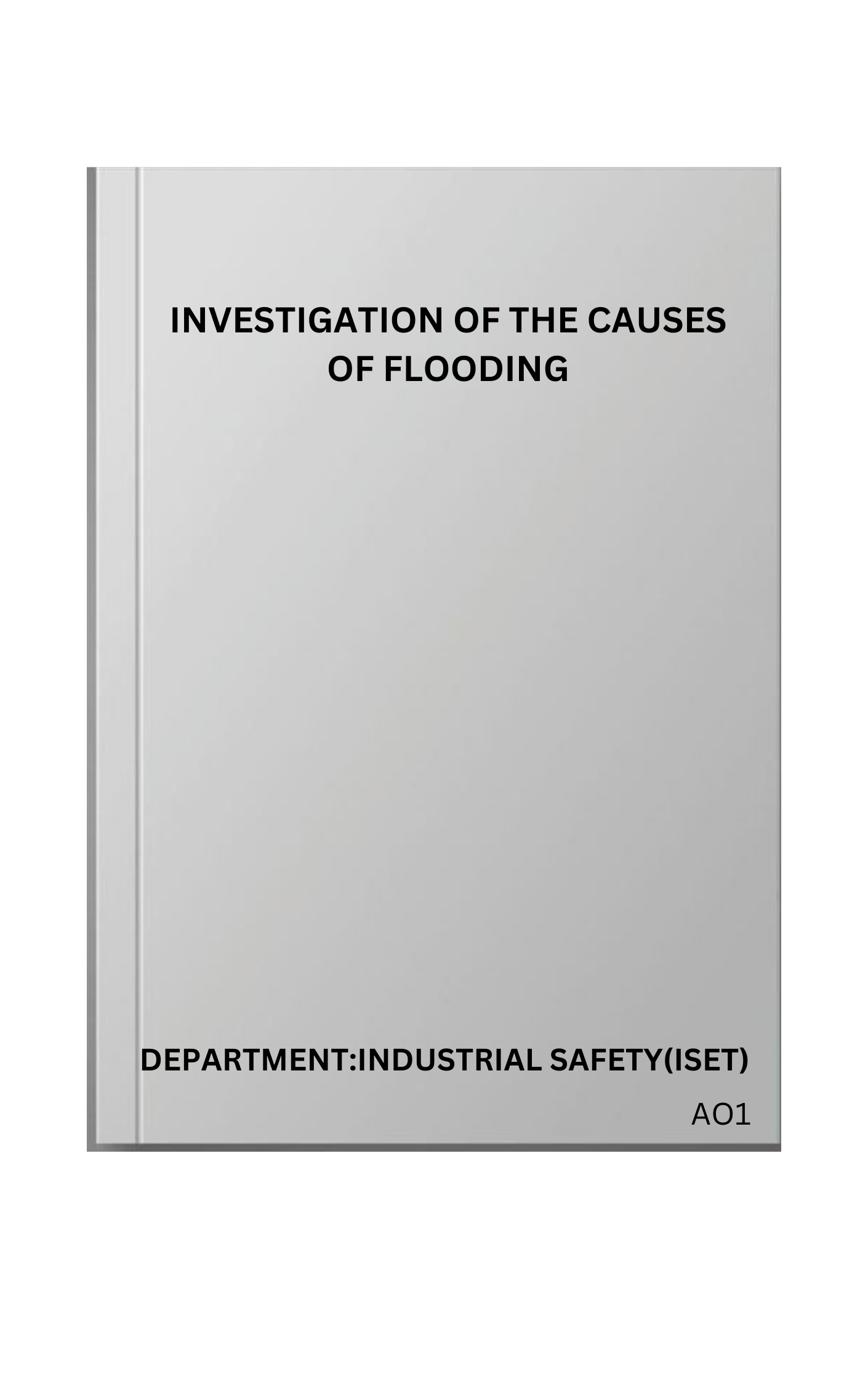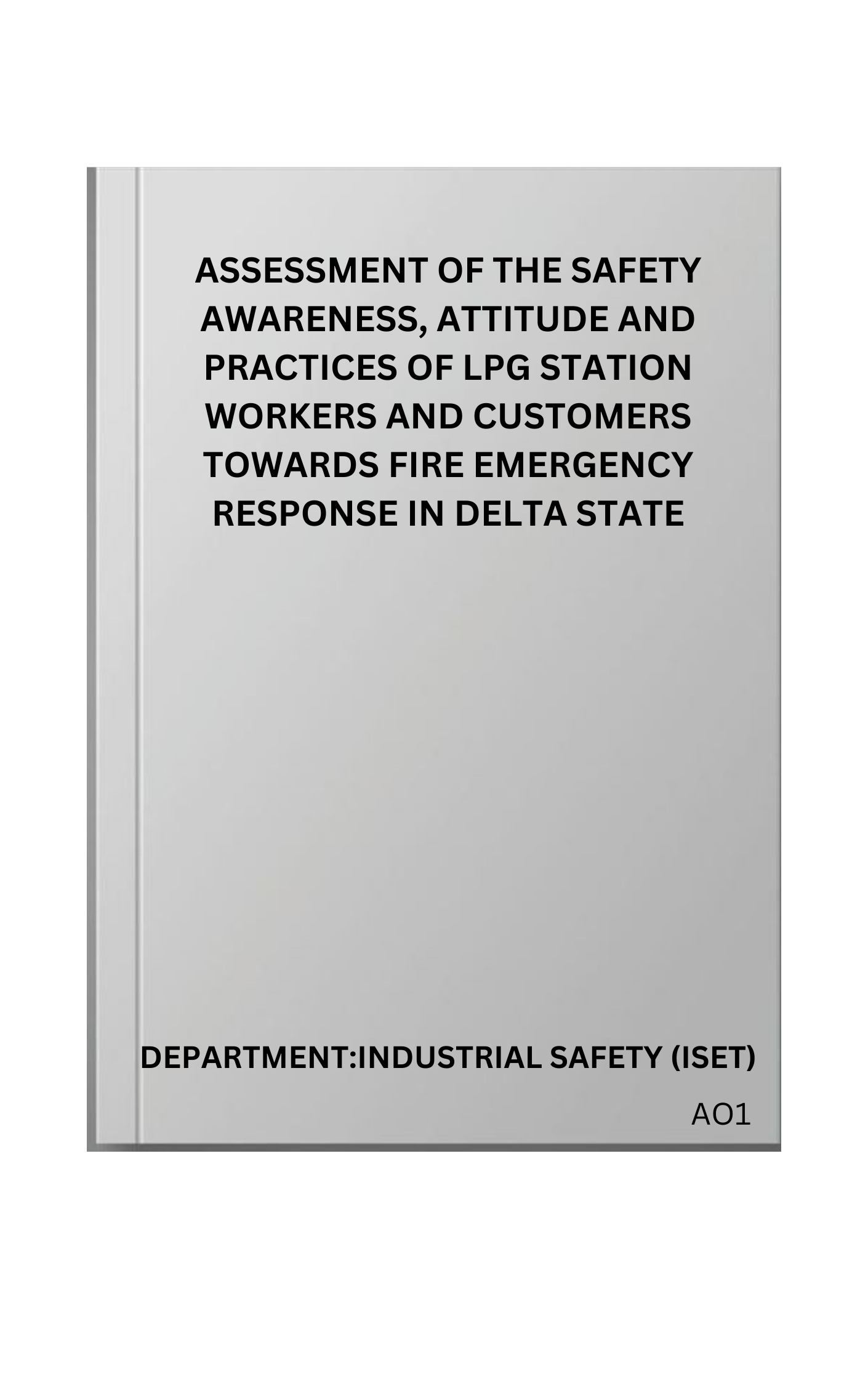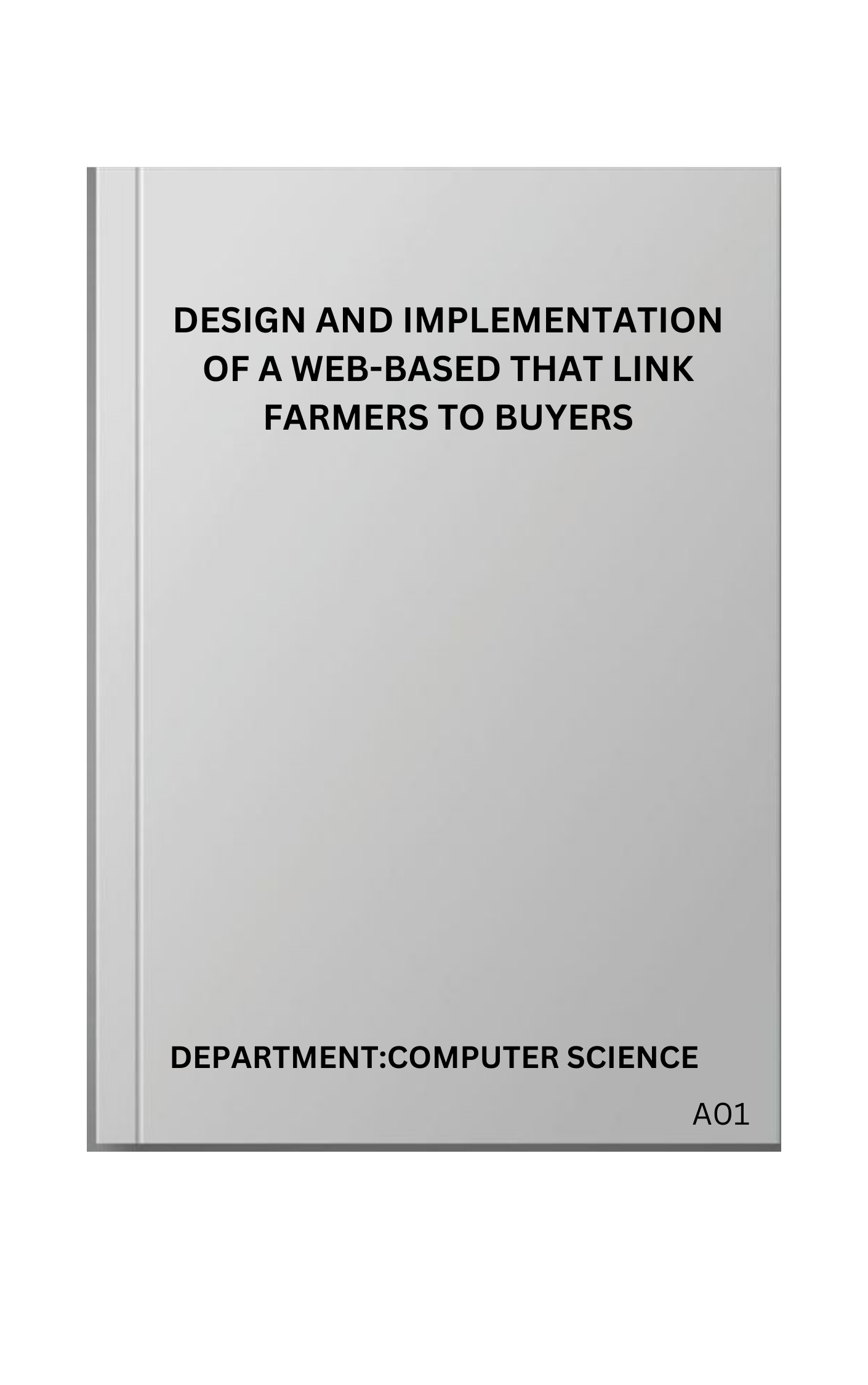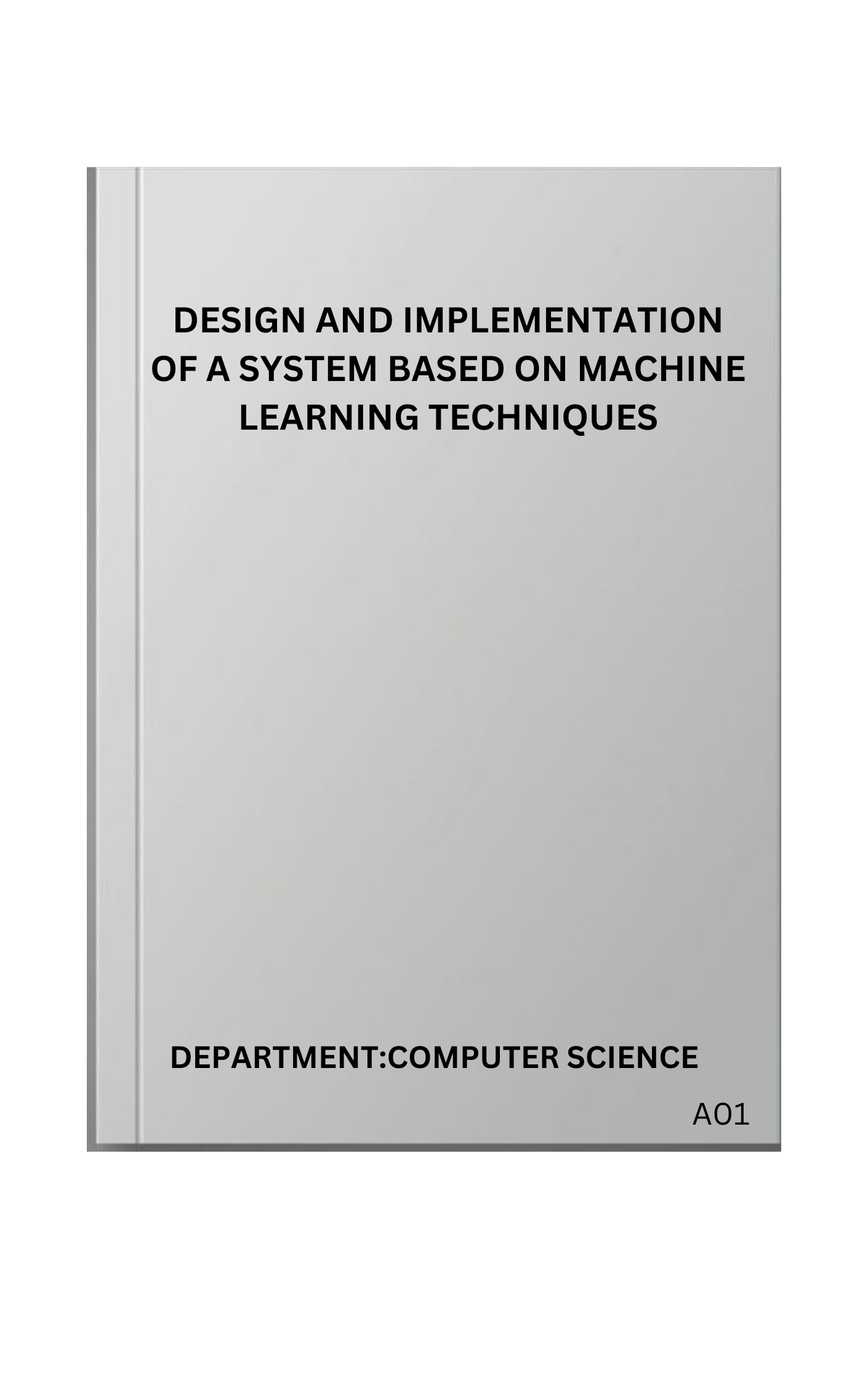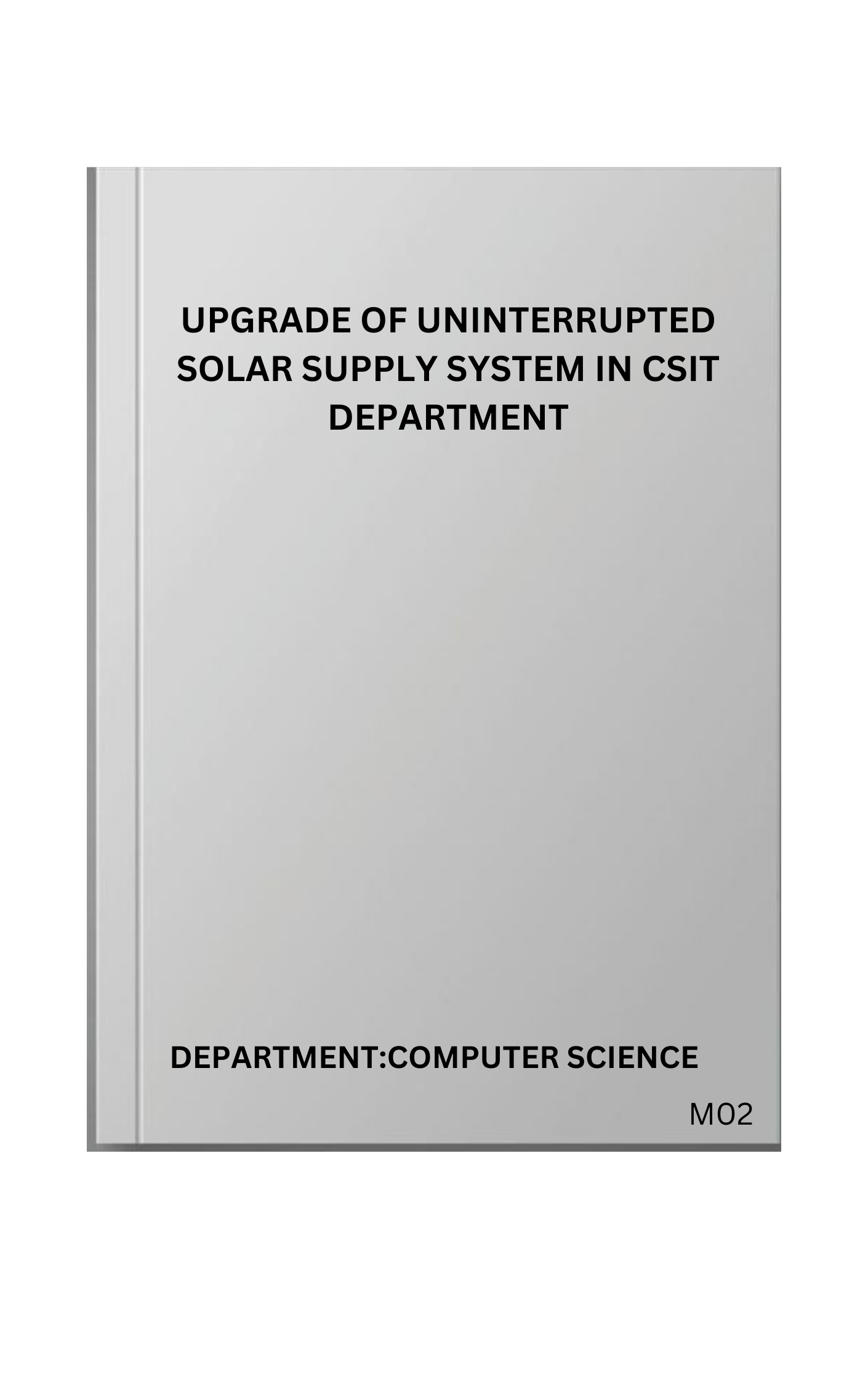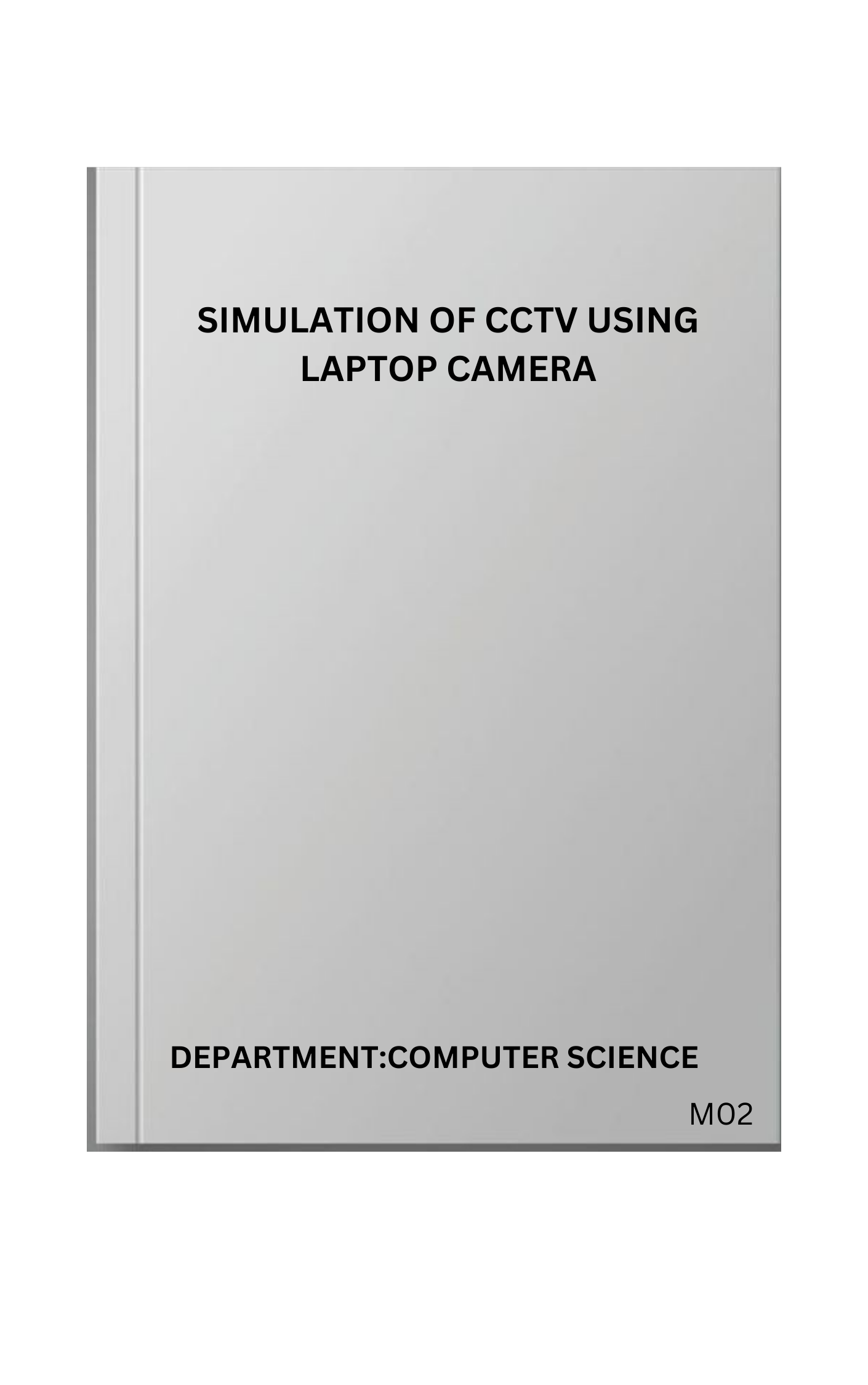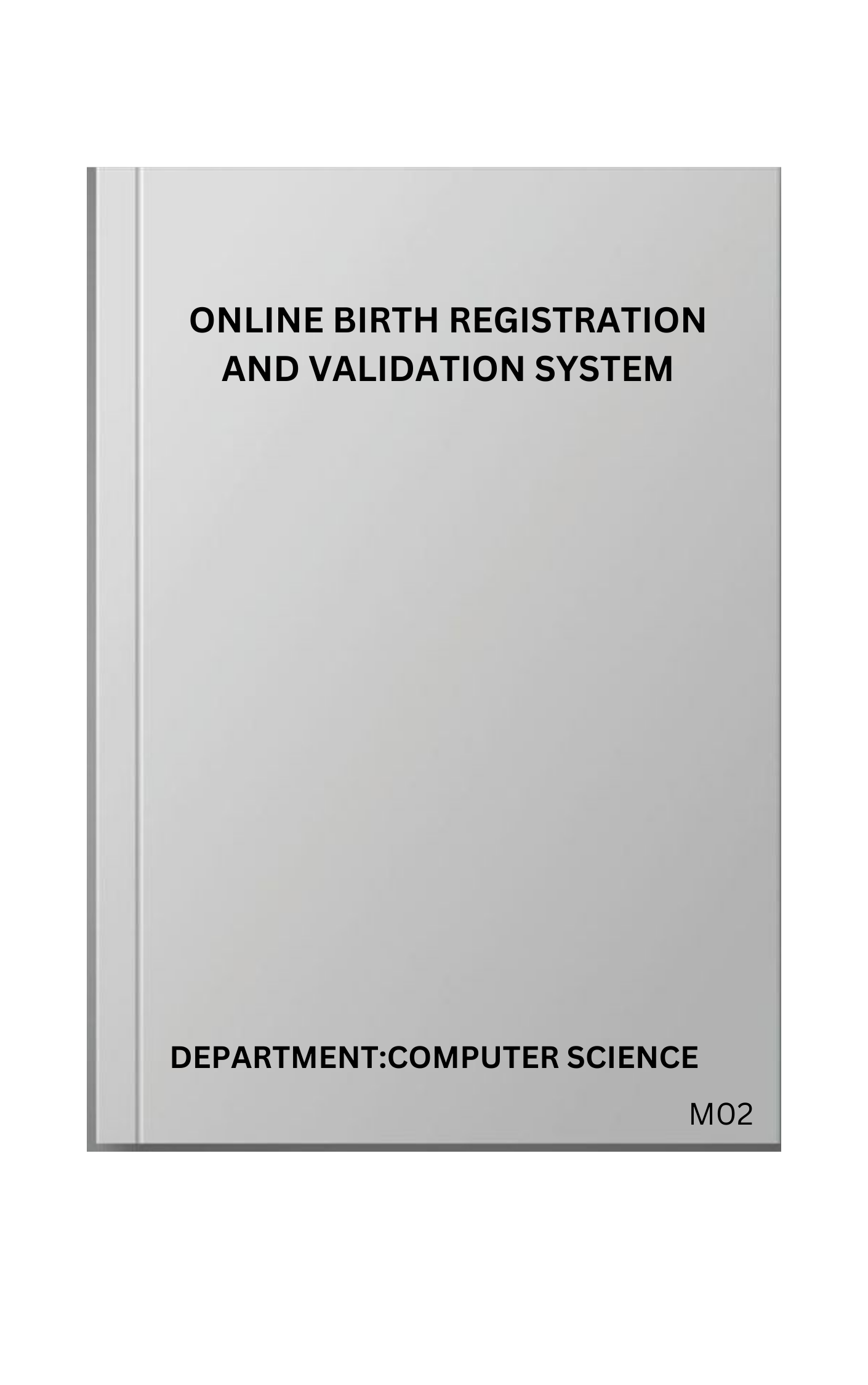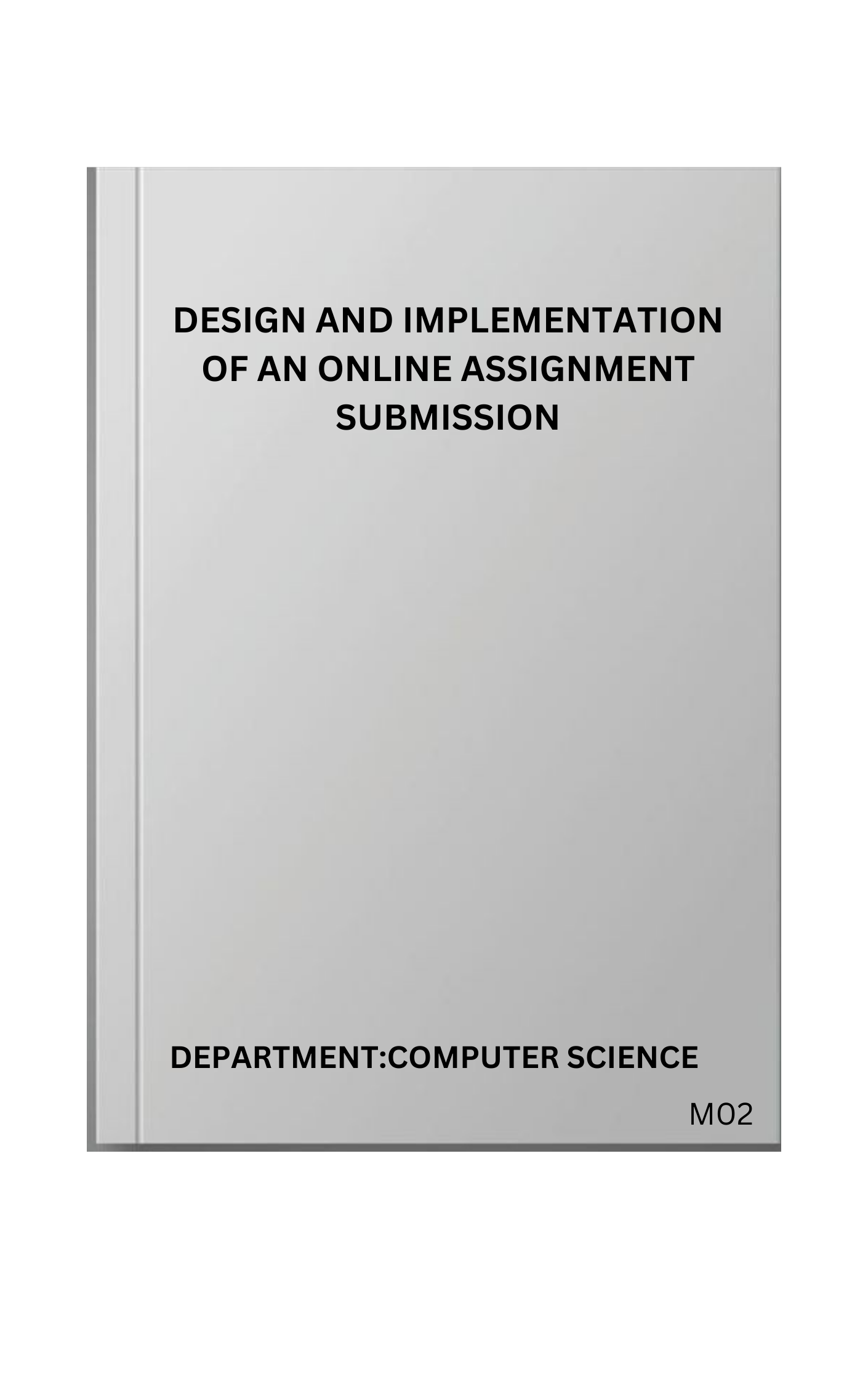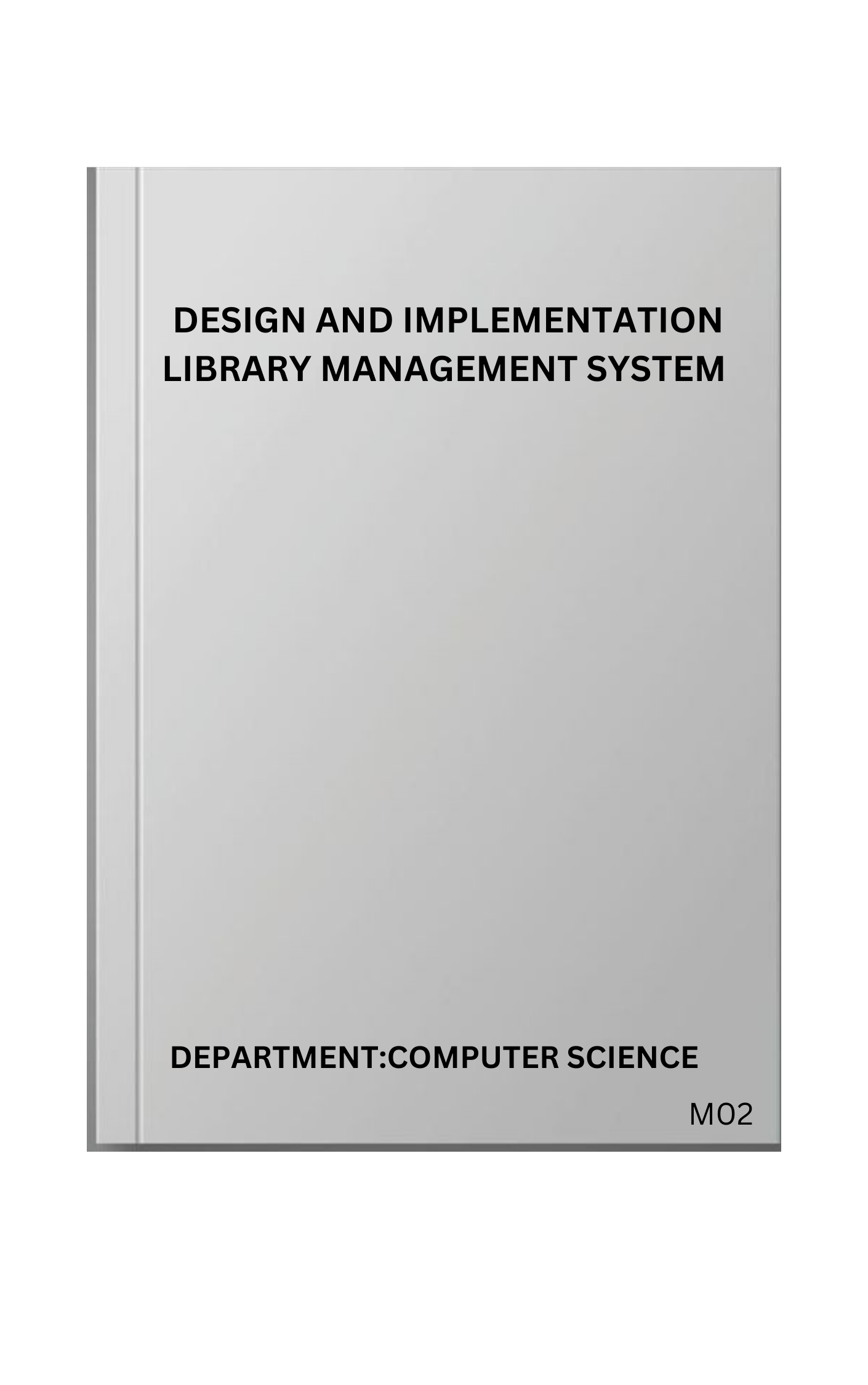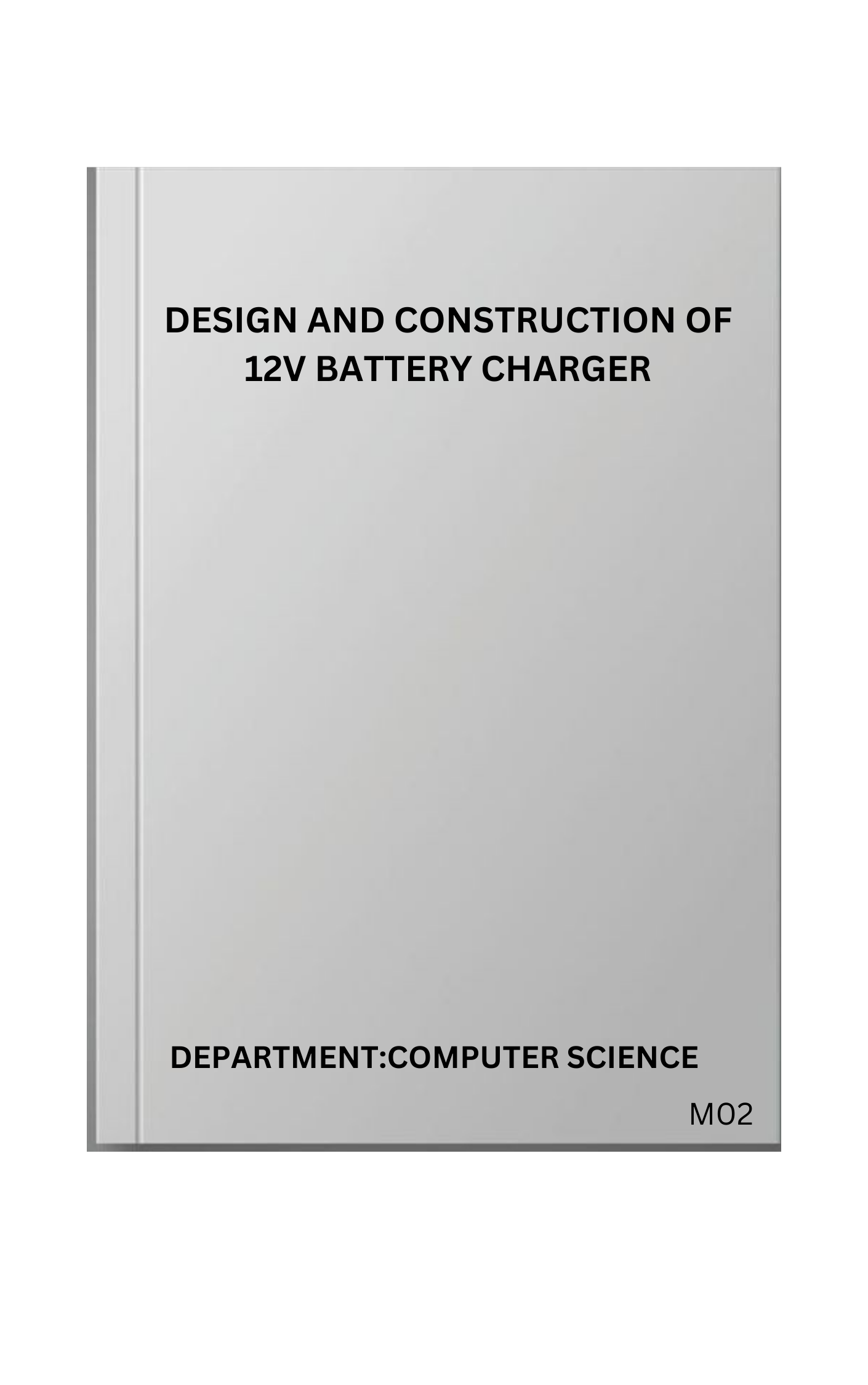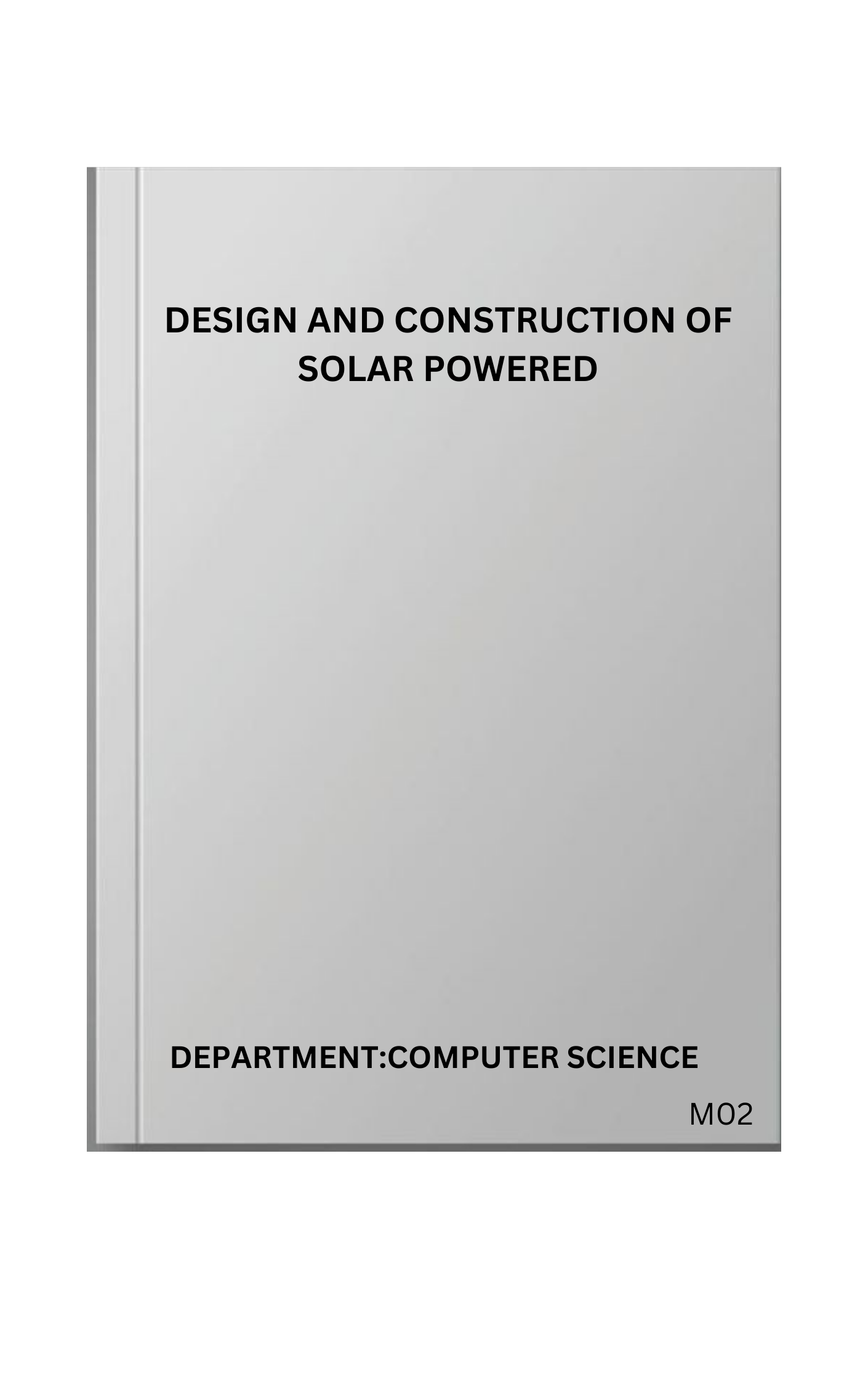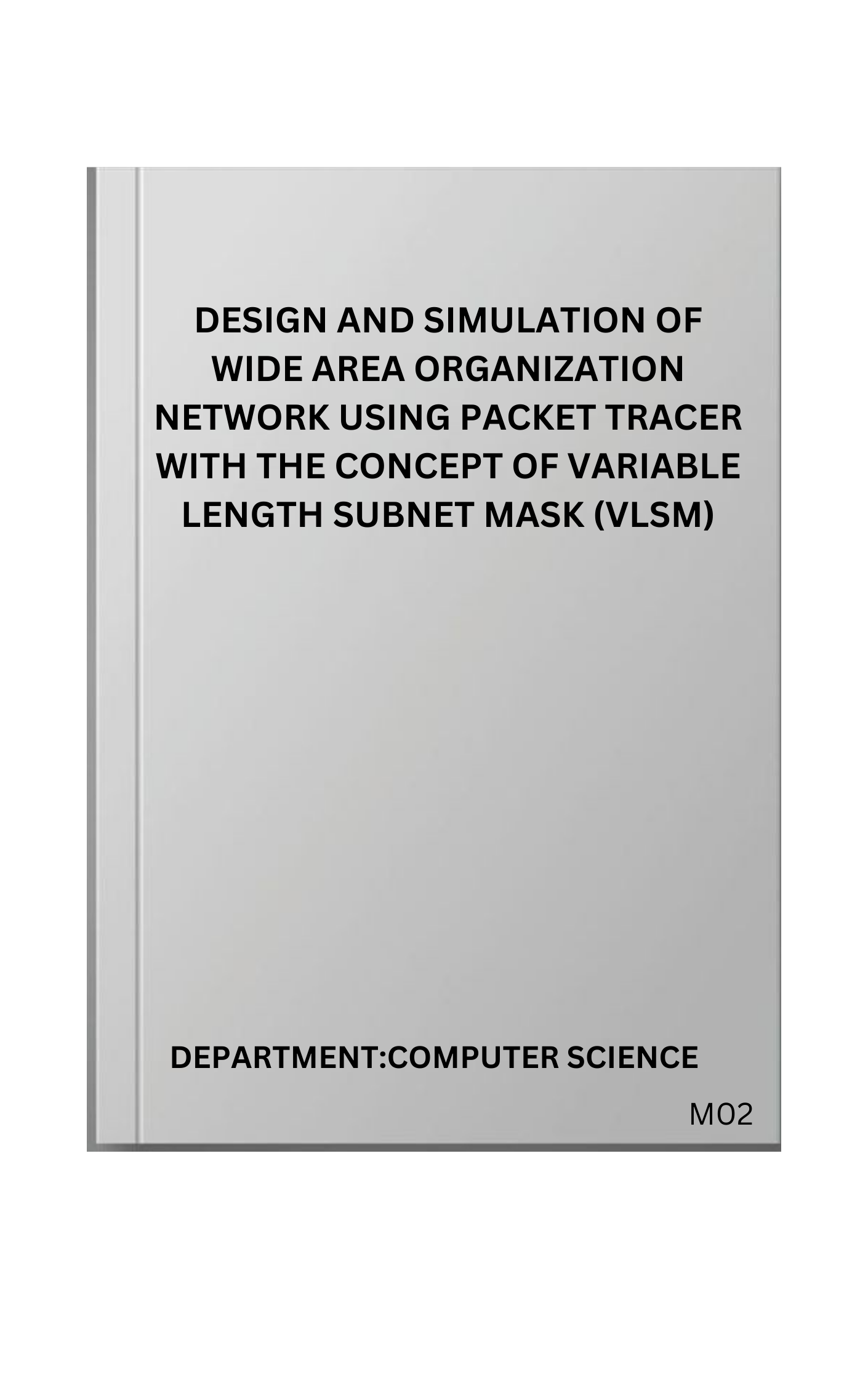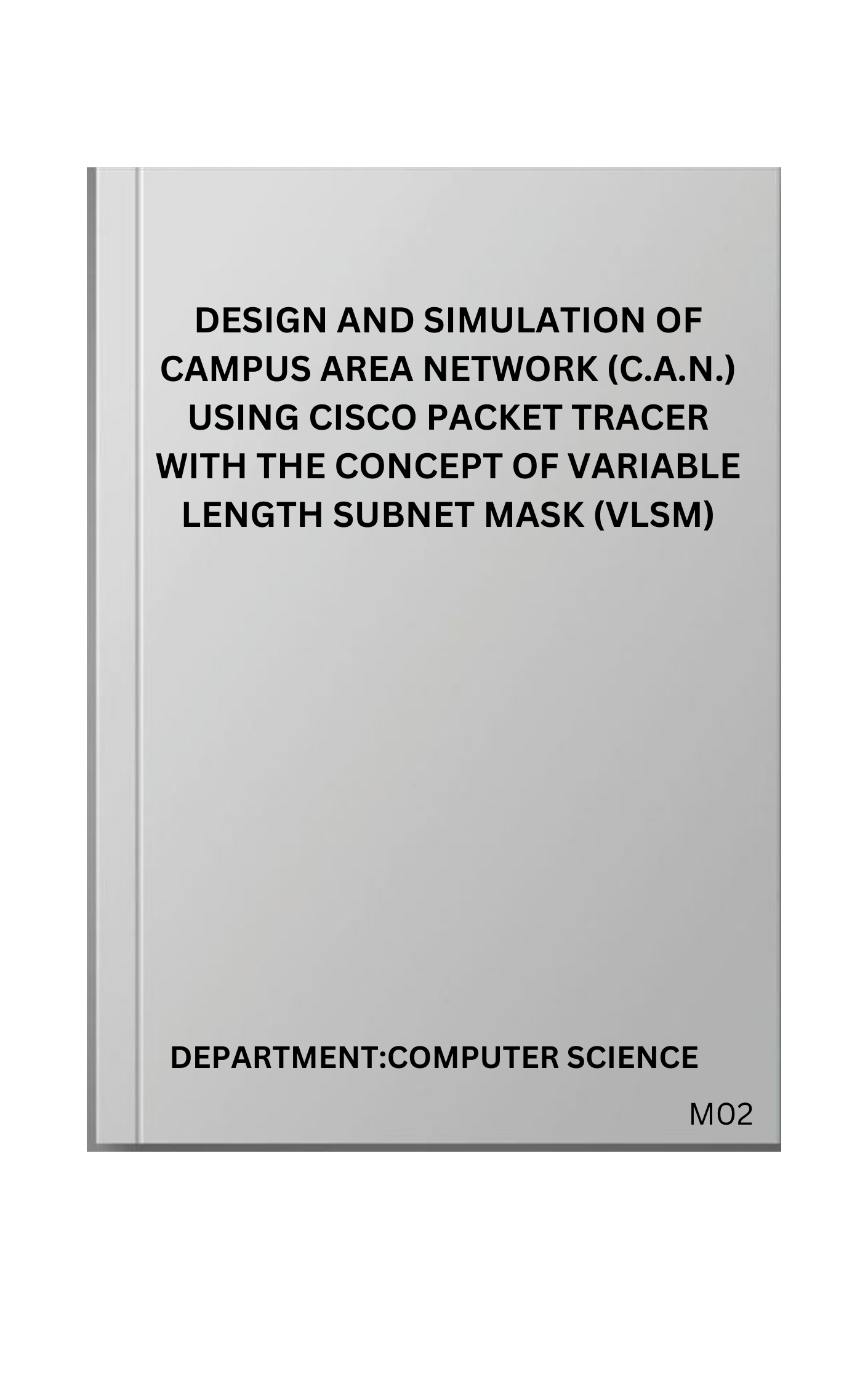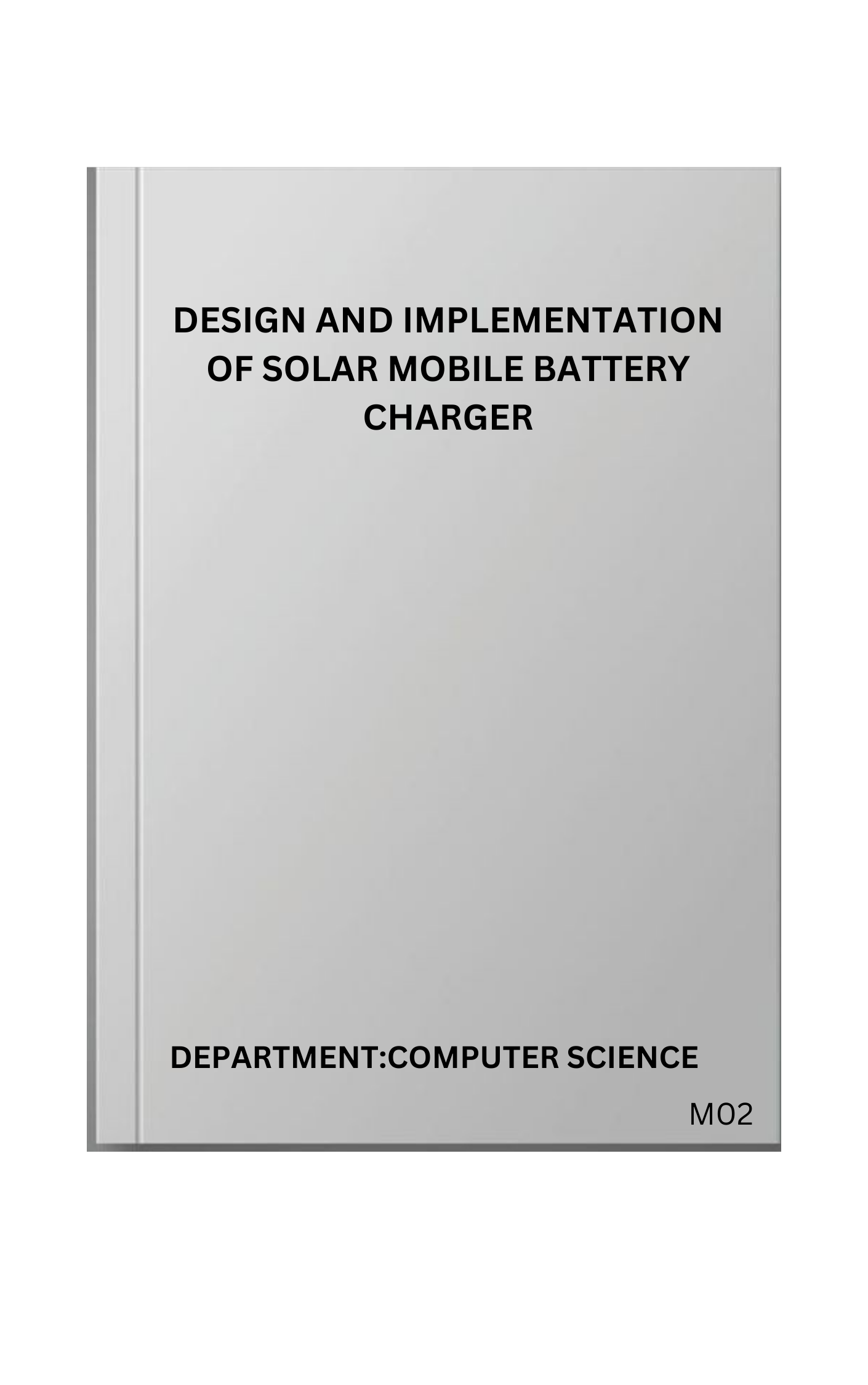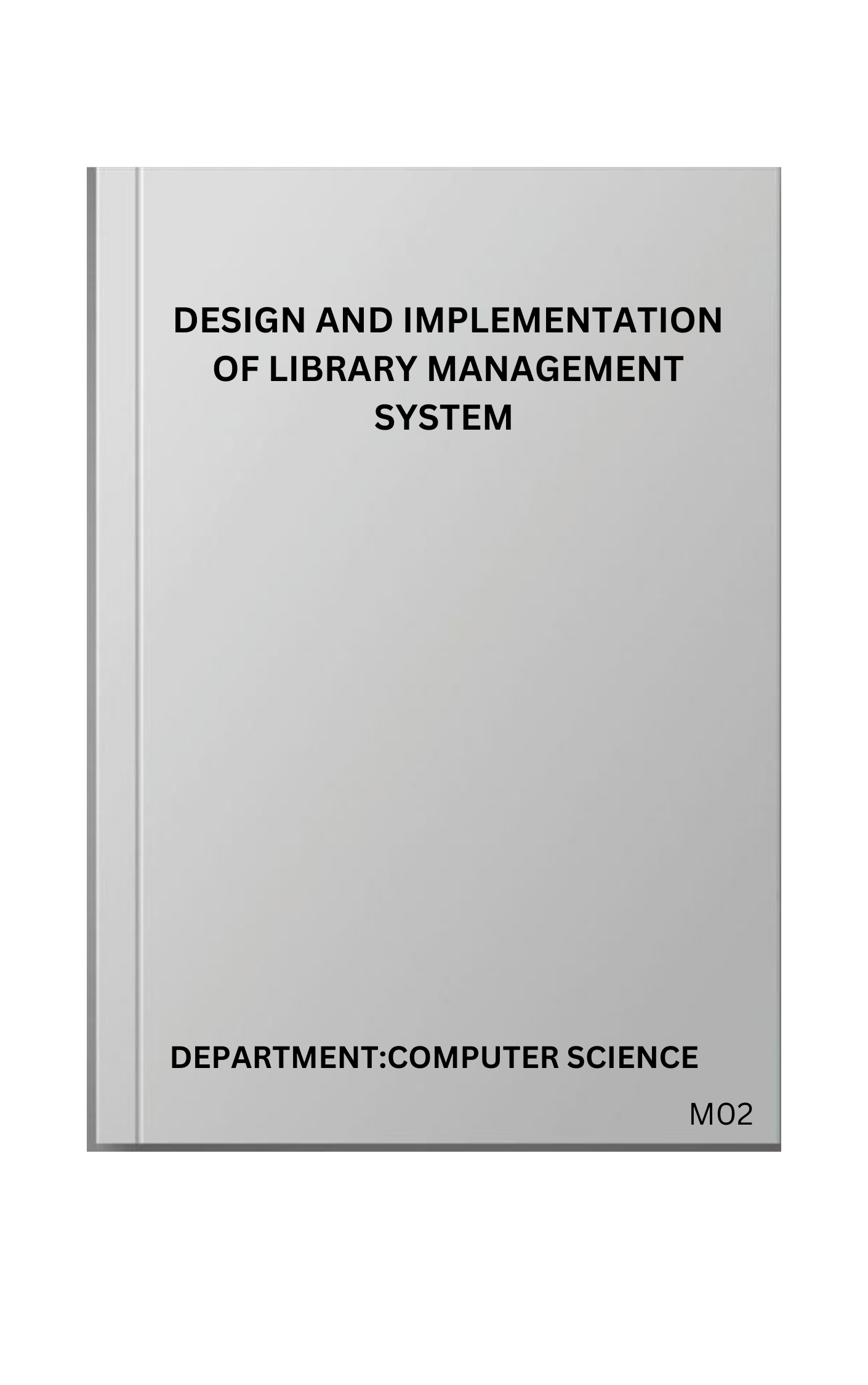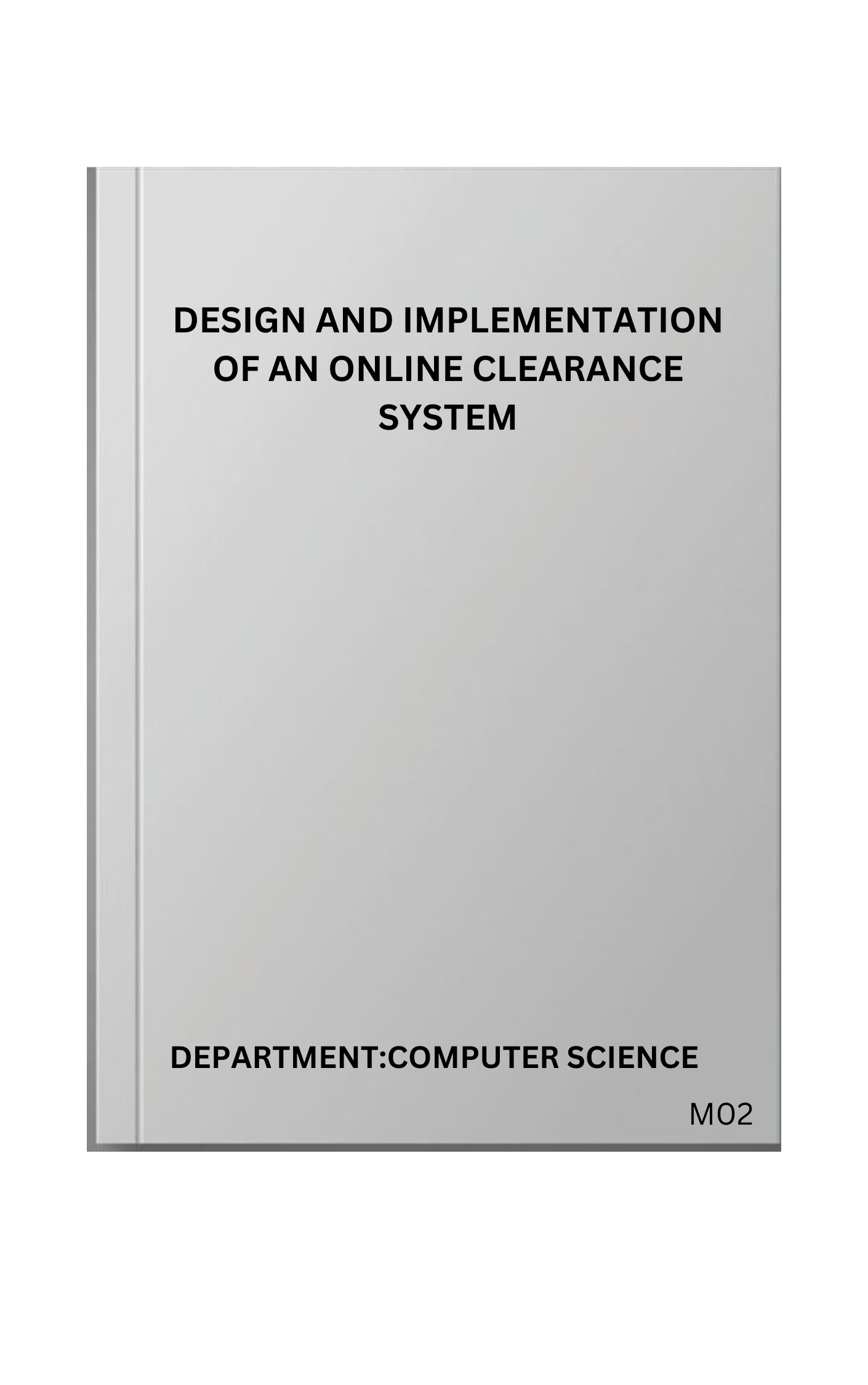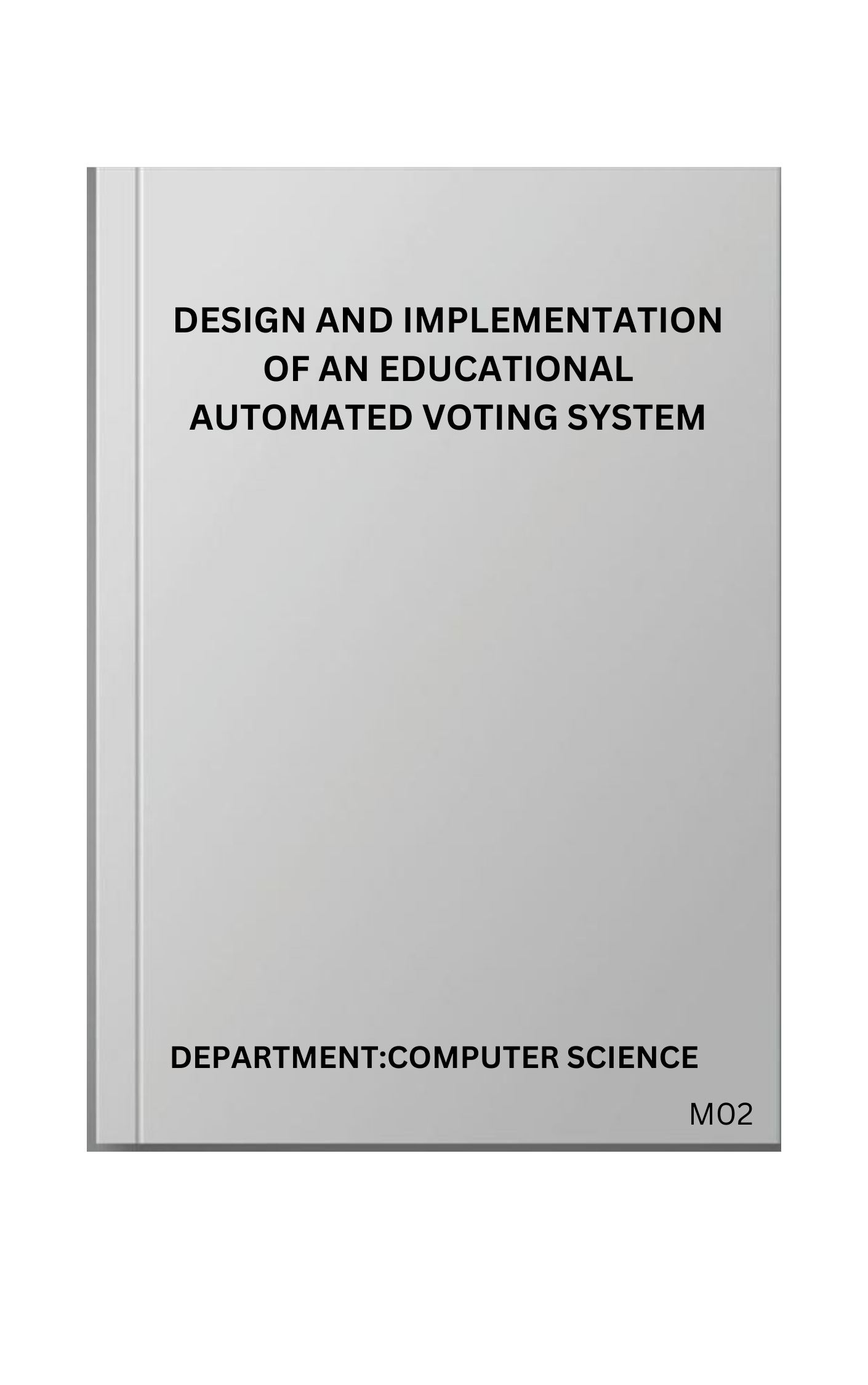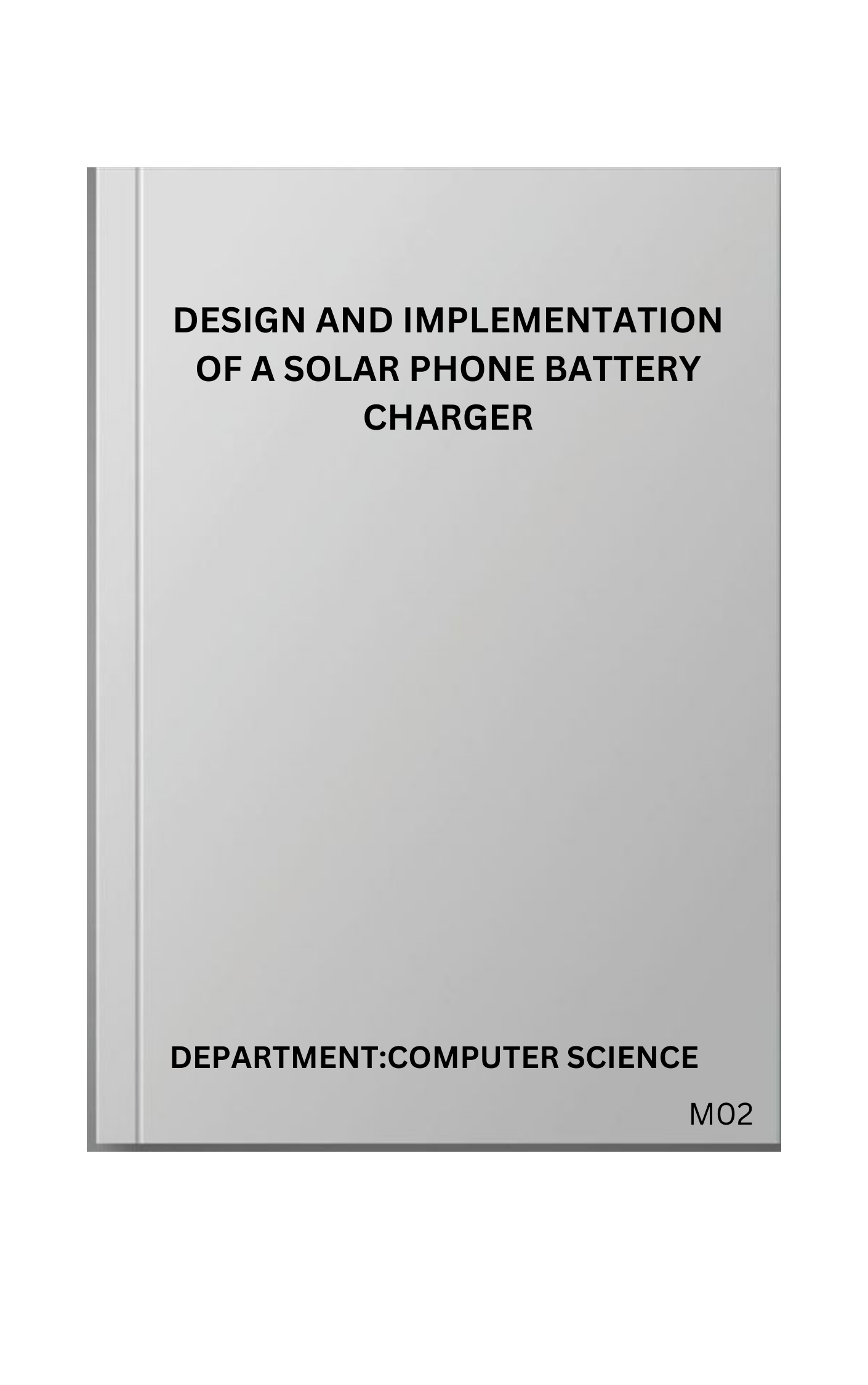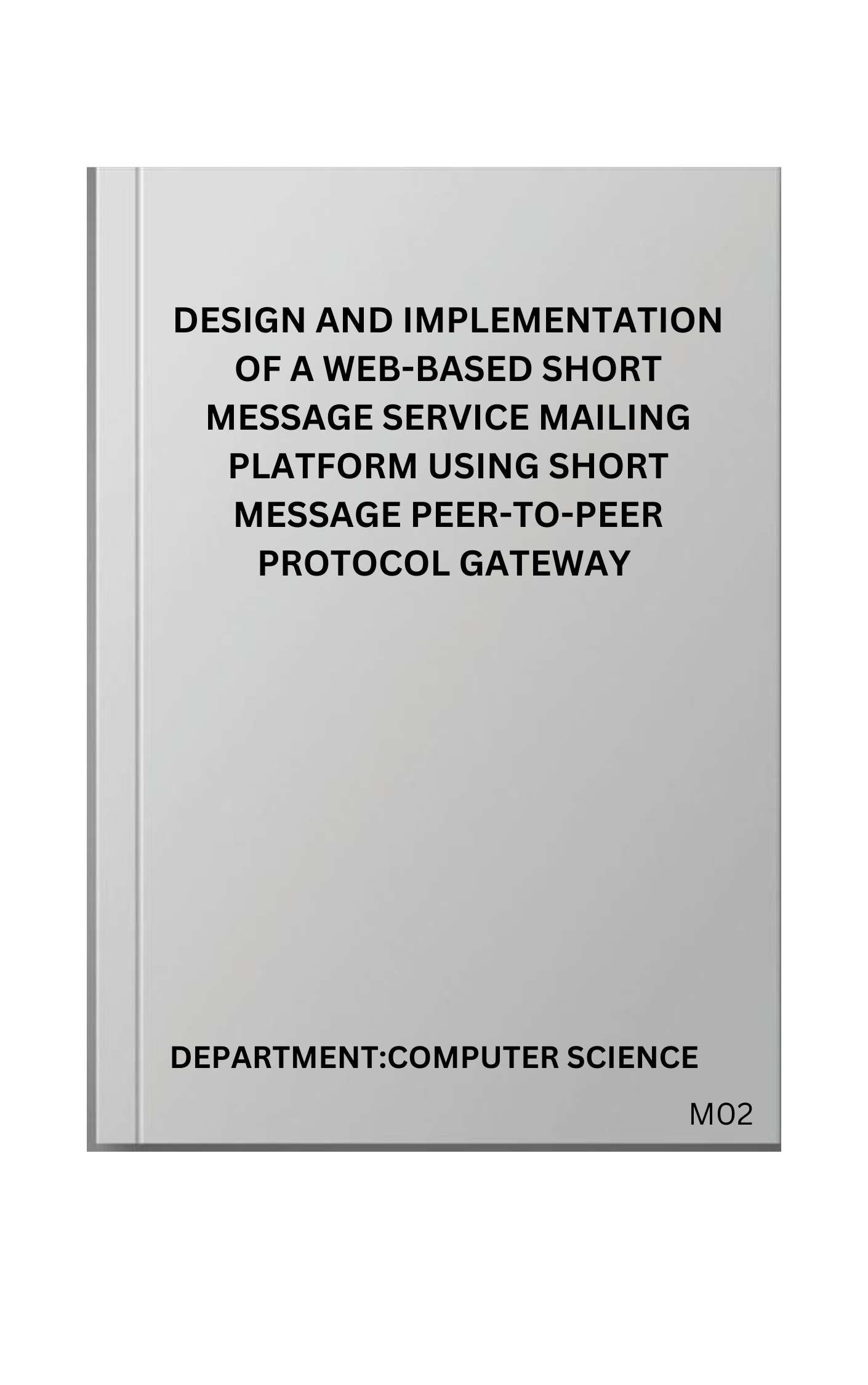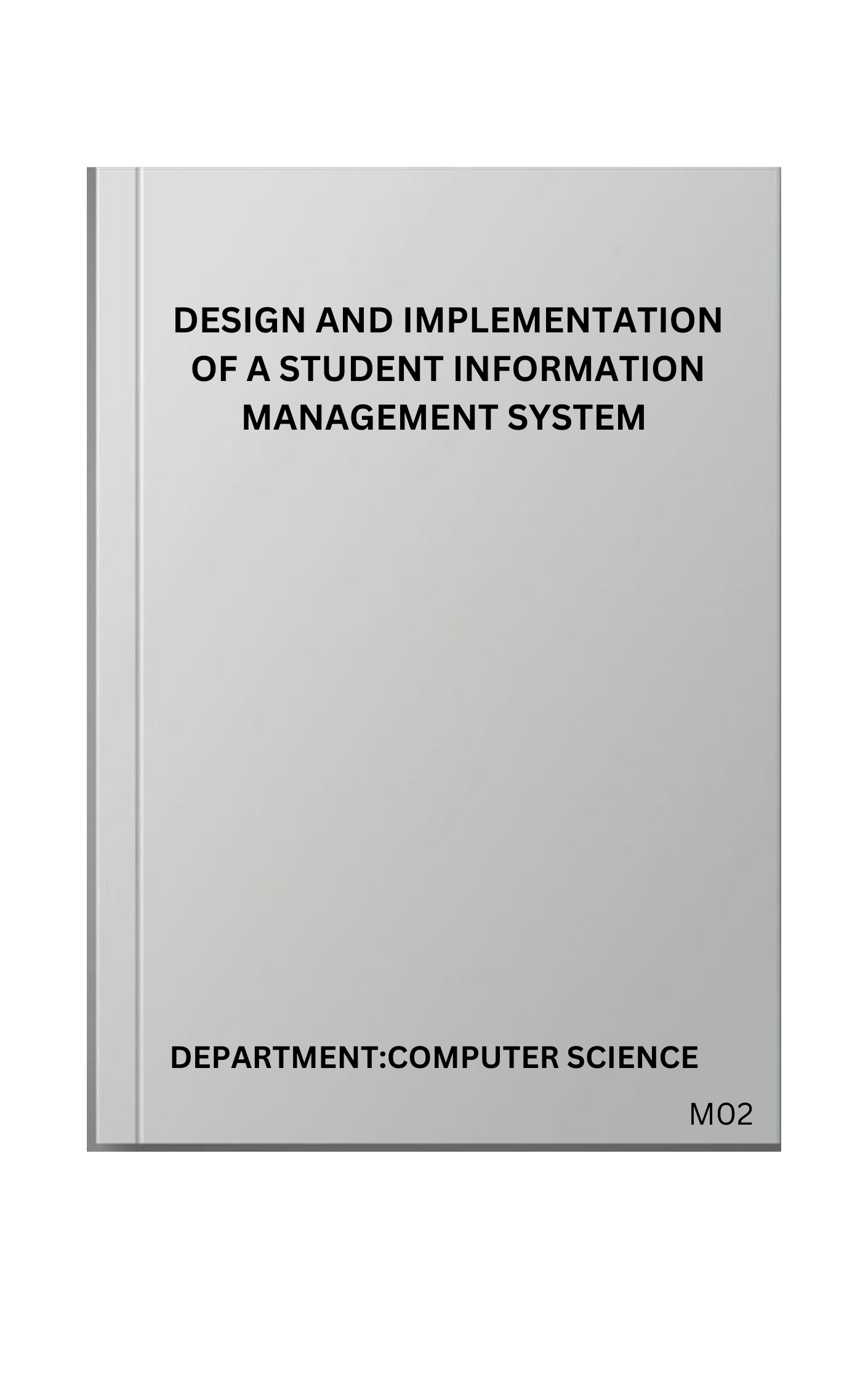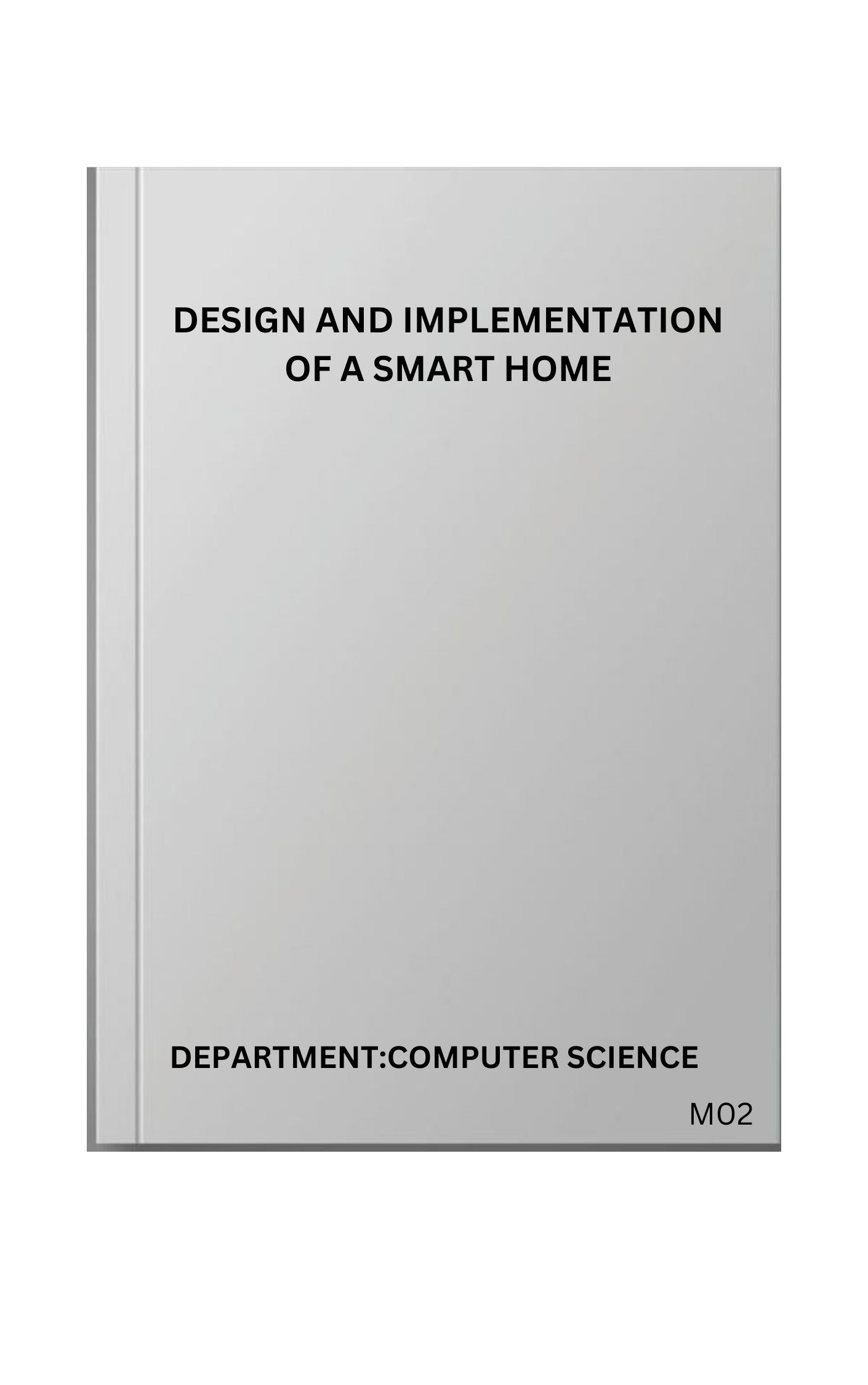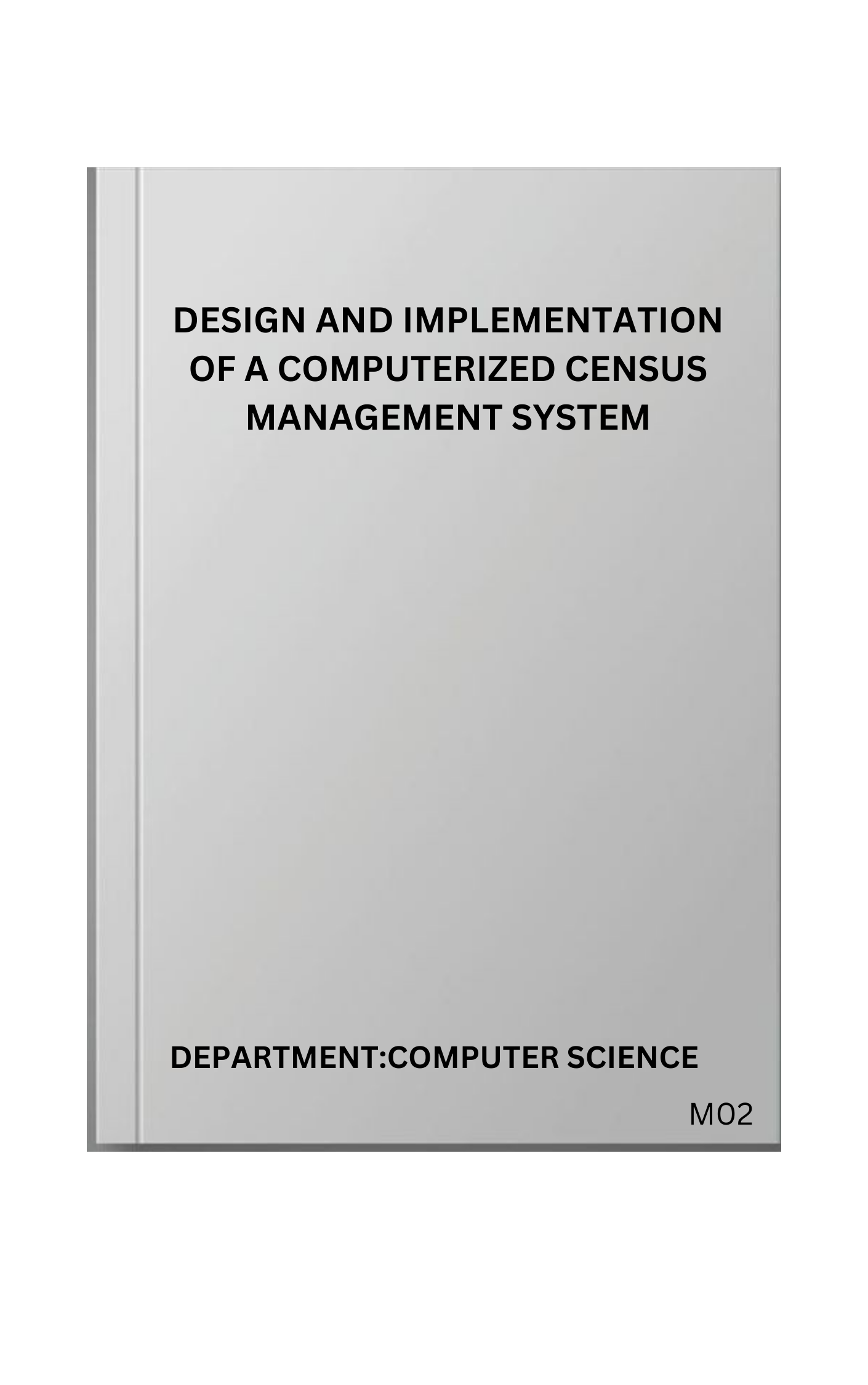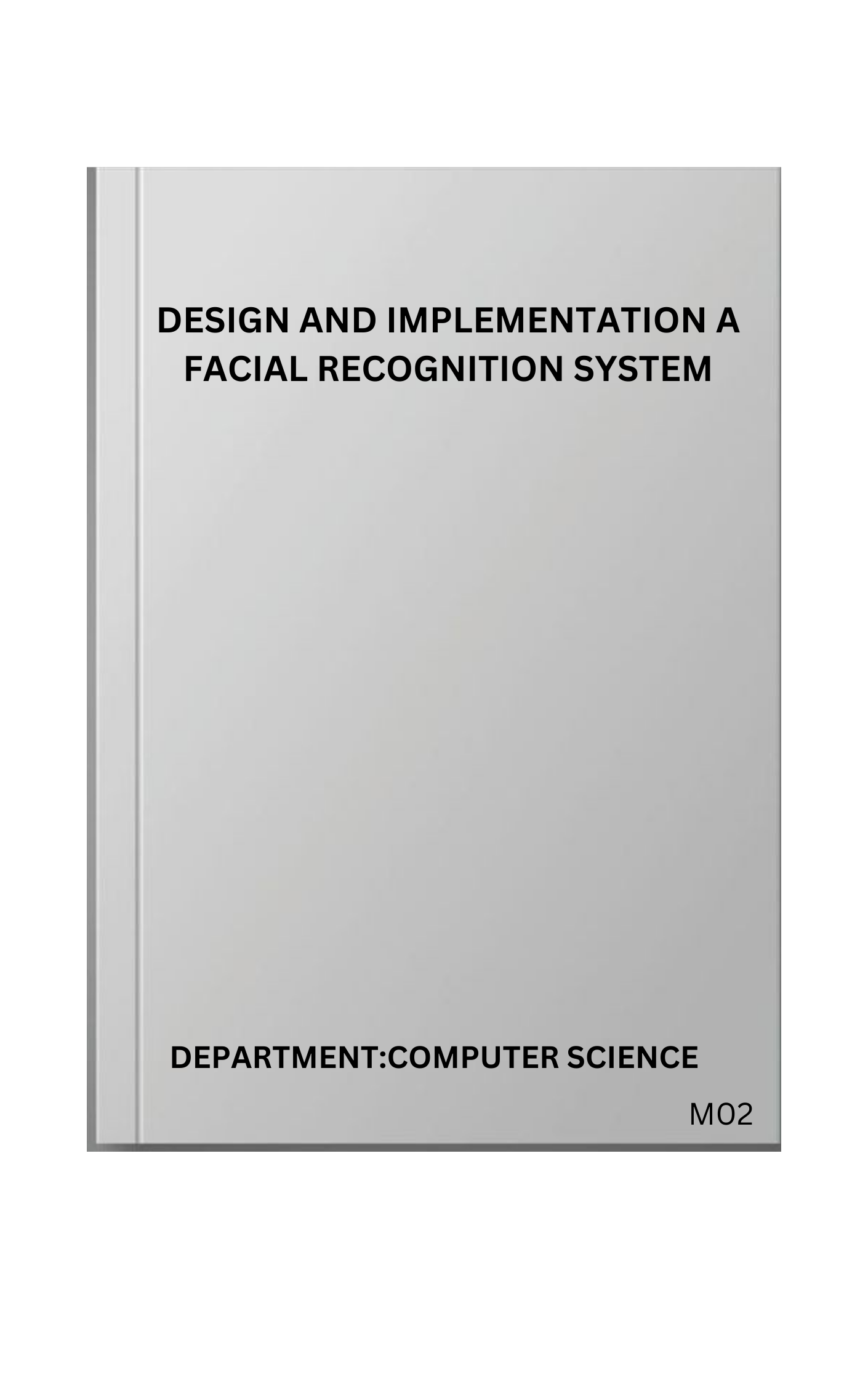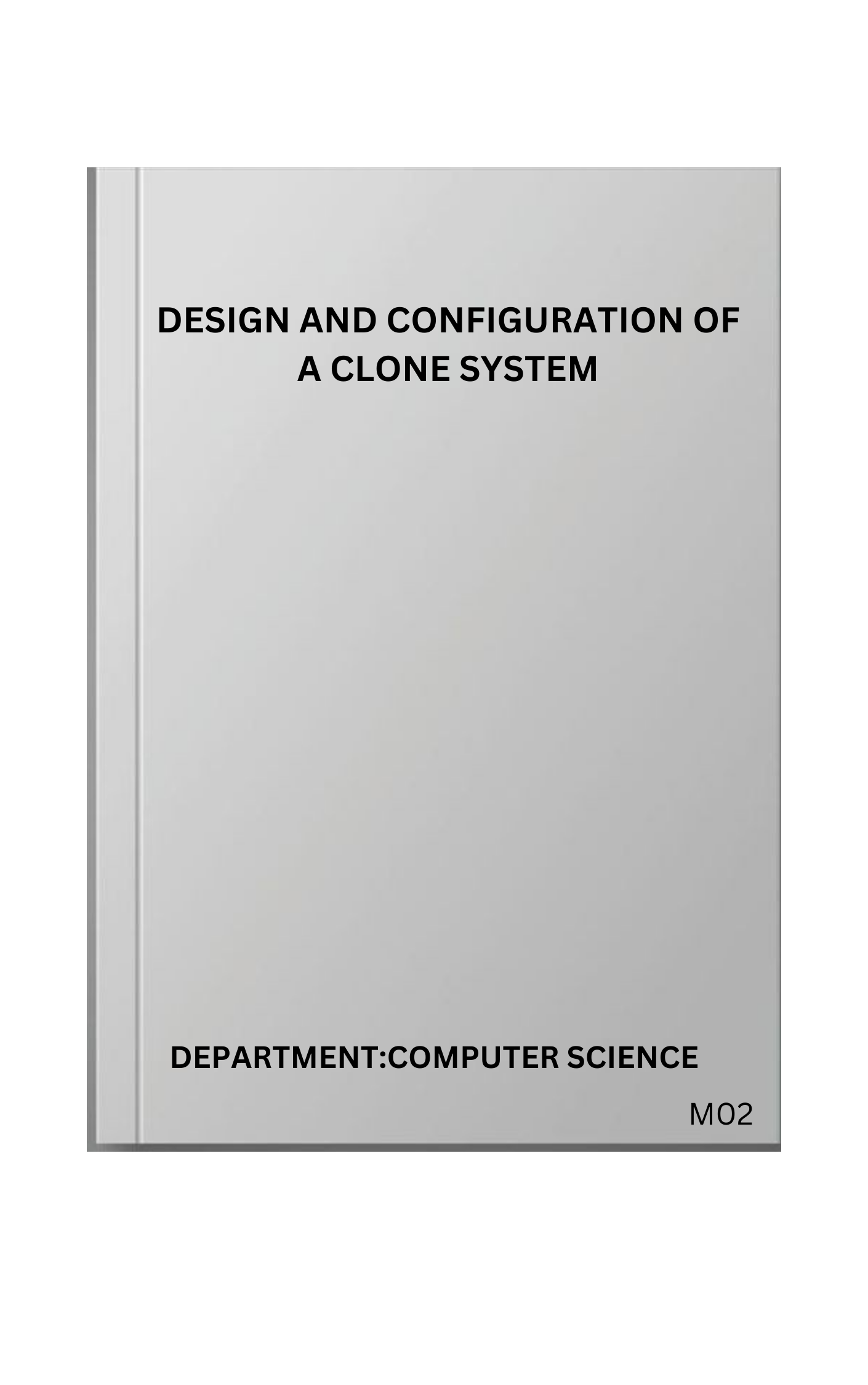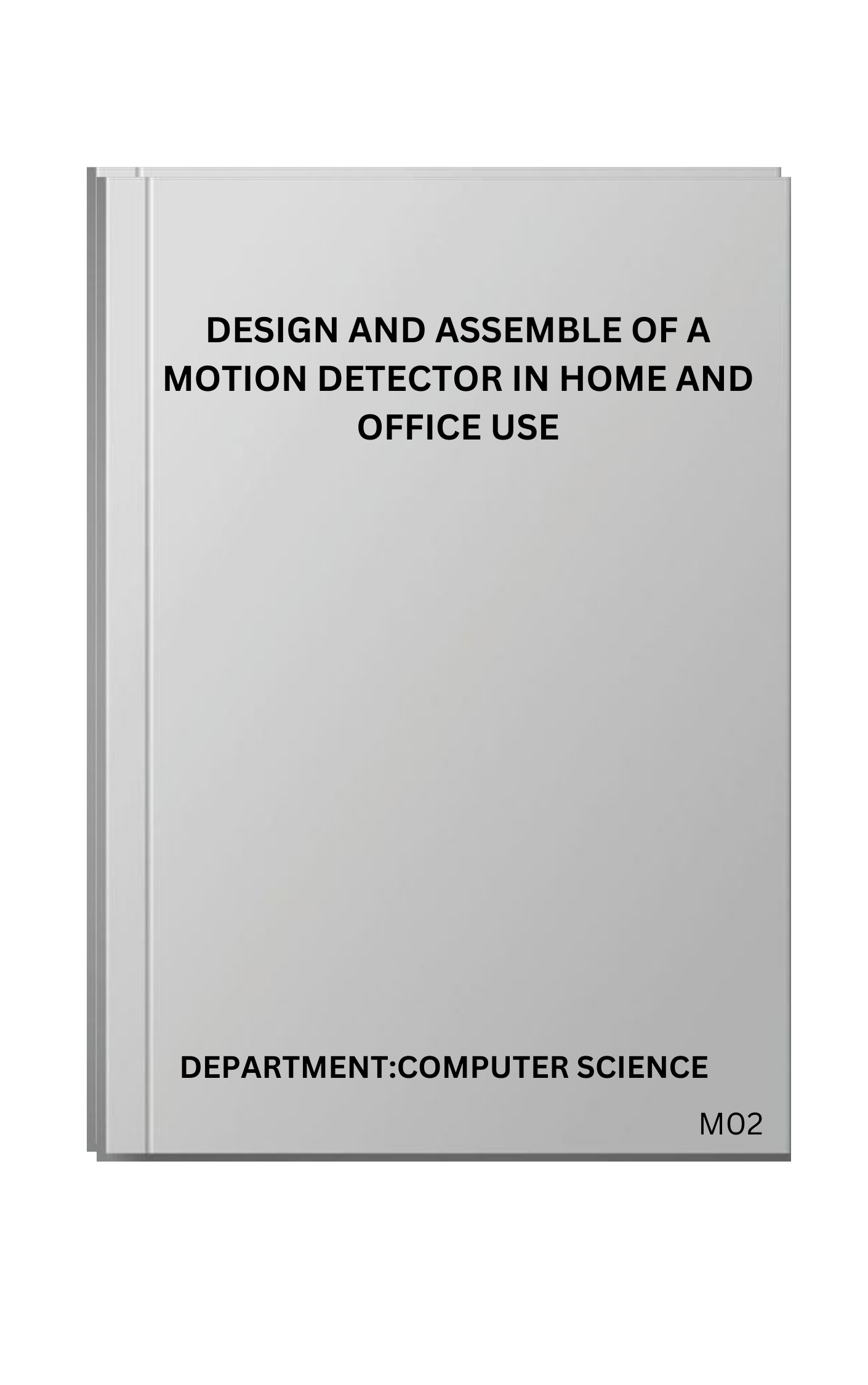CHAPTER ONE
INTRODUCTION
1.1BACKGROUND OF THE STUDY
The use of drilling mud is a critical component in the oil and gas industry, as it serves several essential functions during the drilling process (Amanullah & Al-Tahini, 2009; Abduo et /al., 2016). Drilling mud is a complex fluid mixture that is circulated through the wellbore to facilitate the drilling operation. It performs tasks such as lubricating and cooling the drill bit, maintaining well control, transporting drill cuttings to the surface, and stabilizing the wellbore (Amanullah & Al-Tahini, 2009; Abduo et/al., 2016).
Traditionally, drilling muds have been formulated using synthetic or petroleum-based additives to achieve the desired performance characteristics. However, the use of these conventional additives has raised concerns about their environmental impact, as they can be harmful to ecosystems and human health (Deville et/al., 2015; Amanullah & Al-Tahini, 2019).
In response to these concerns, there has been a growing interest in exploring bio-based alternatives for drilling mud additives. Bio-based materials, such as natural polymers, agricultural waste, and industrial by-products, have the potential to provide enhanced performance while being more environmentally friendly (Elochukwu et/al., 2018; Khodja et/al., 2020).
The study on "Bio-Based Additives for Enhanced Drilling Mud Performance" aims to investigate the potential of using eggshells, snail shells, and periwinkle shells as bio-based additives to improve the performance of drilling muds (Abduo et/al., 2016; Awele et/al., 2021). These waste materials are readily available, cost-effective, and have demonstrated promising properties that could be beneficial for drilling applications (Abduo et/al., 2016; Awele et/al., 2021).
The rationale behind the selection of these bio-based materials is that they are rich in calcium carbonate (CaCO3), which is a common and effective weighting agent used in drilling muds. Additionally, the unique physical and chemical properties of these shell materials may contribute to improved rheological, filtration, and stability characteristics of the drilling fluids (Abduo et/al., 2016; Awele et/al., 2021).
By exploring the use of these bio-based additives, the study aims to provide a sustainable and environmentally-conscious alternative to conventional drilling mud formulations, while maintaining or even enhancing the overall performance of the drilling fluids (Deville et/al., 2015; Khodja et/al., 2020).
1.2AIM AND OBJECTIVES
The aim of this study is to investigate the potential of bio-based additives derived from eggshells, snail shells, and periwinkle shells to enhance the performance of drilling mud used in the oil and gas industry.
The objectives are;
To investigate the effects of these bio-based additives on the Ph, rheological, filtration, sand content and density properties of drilling mud.
To compare the performance of the three bio-based additives and identify the most effective one.
To determine the optimal concentration of the most effective bio-based additive for drilling mud application.
PAY TO GWT COMPLETE PROJECT

